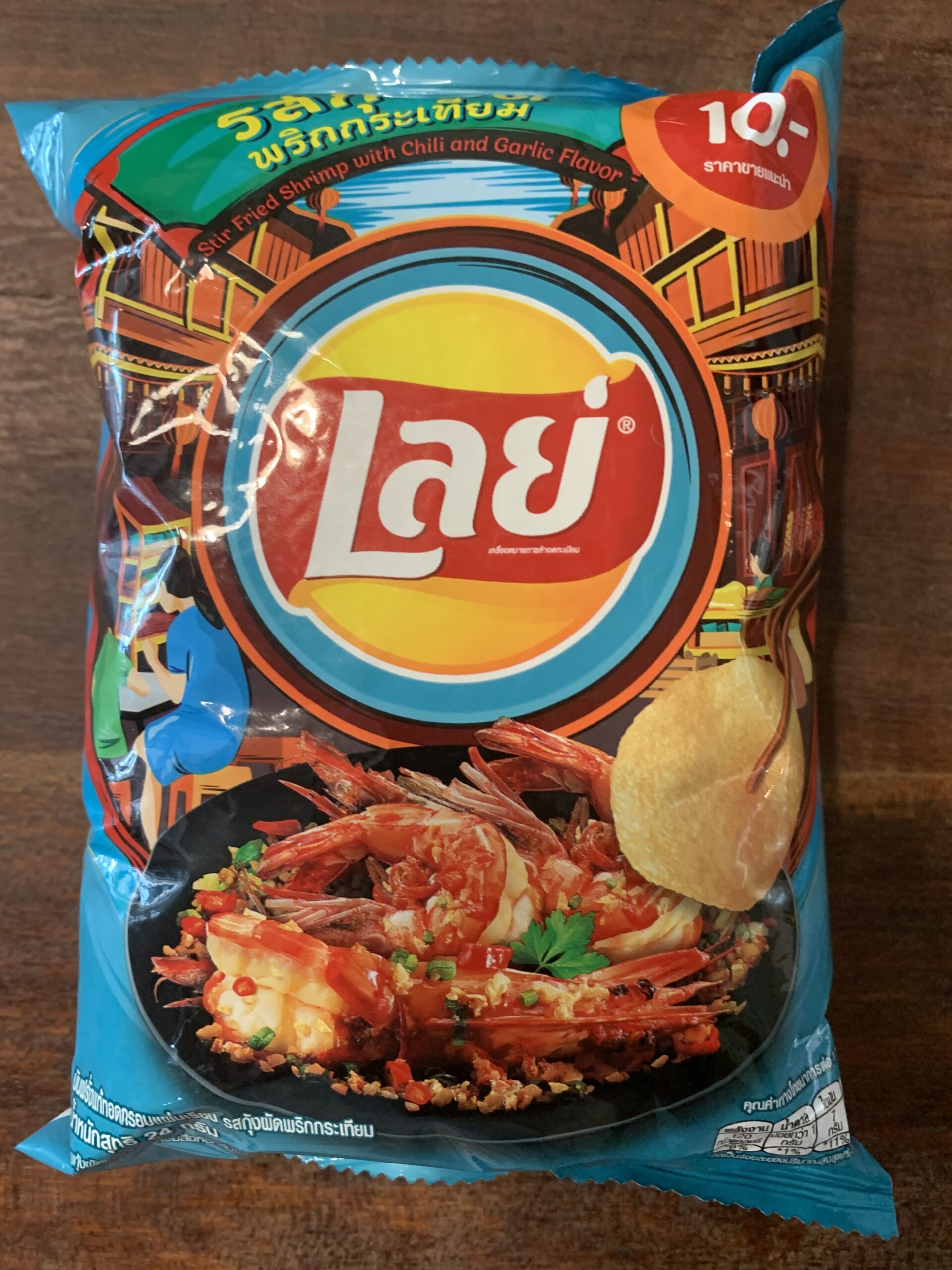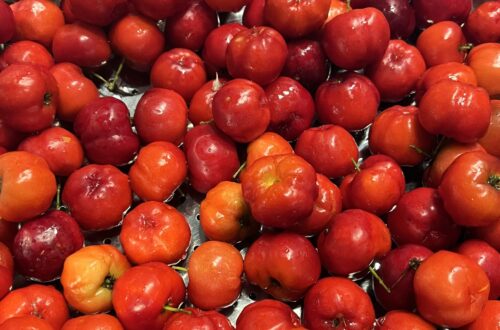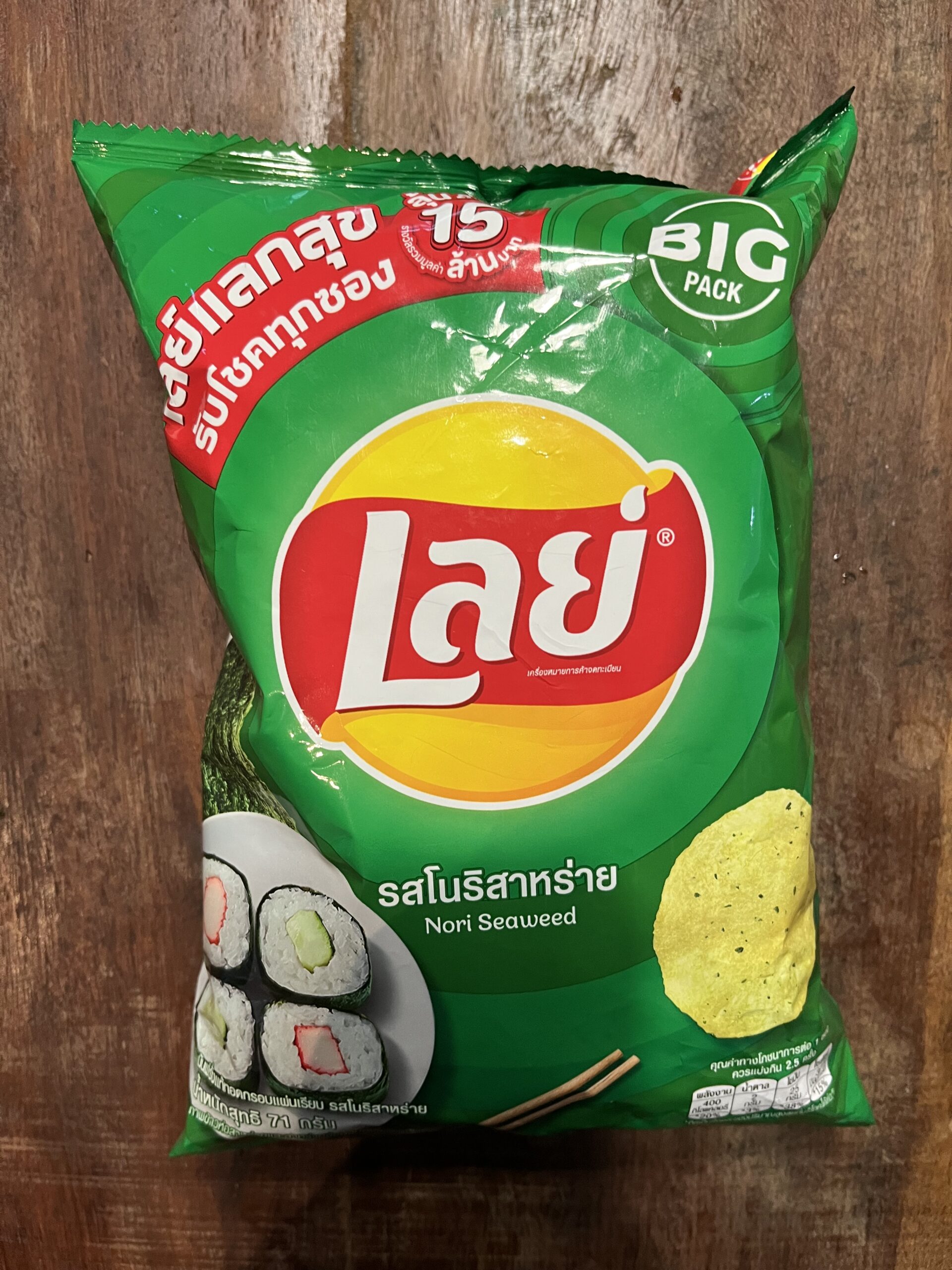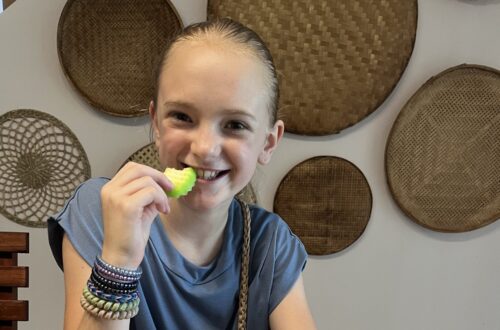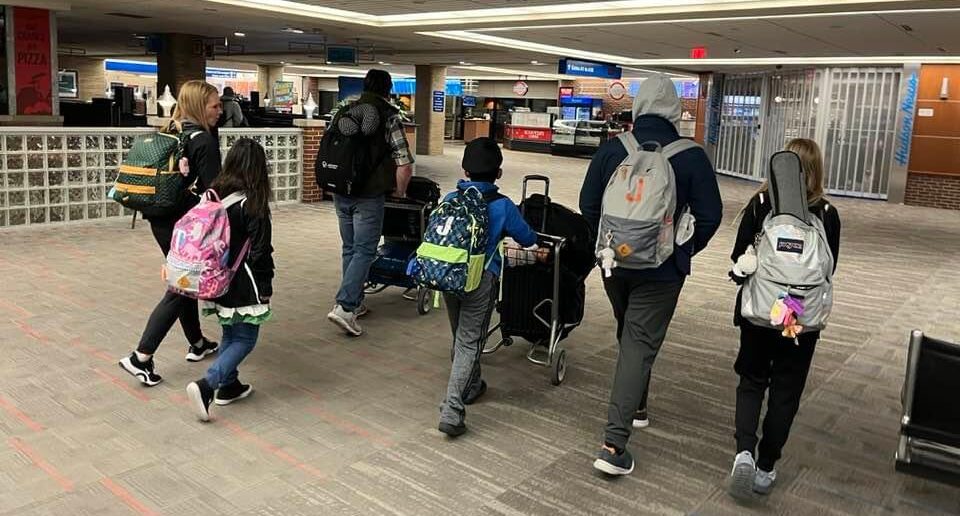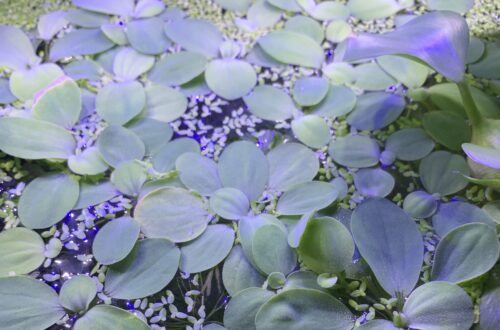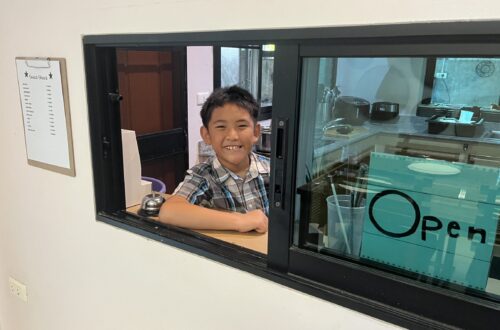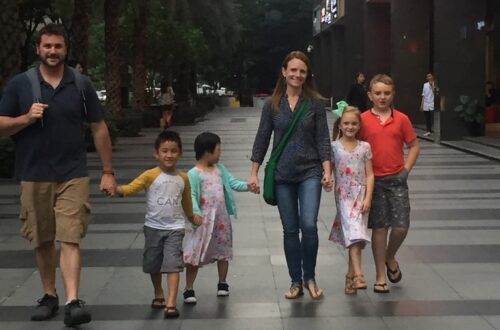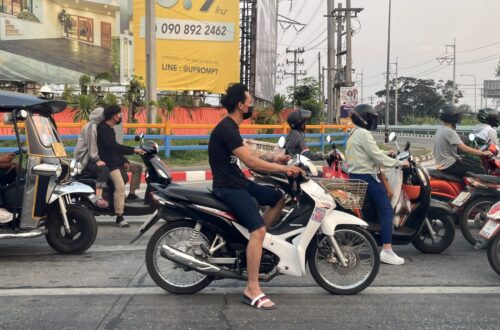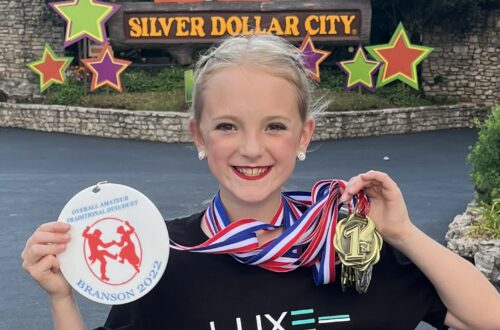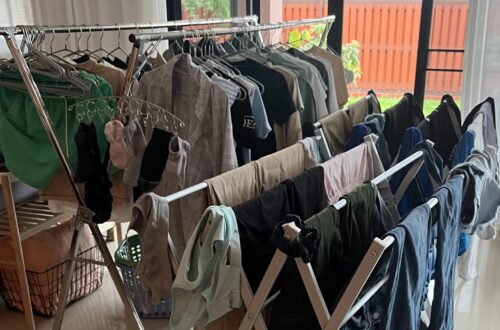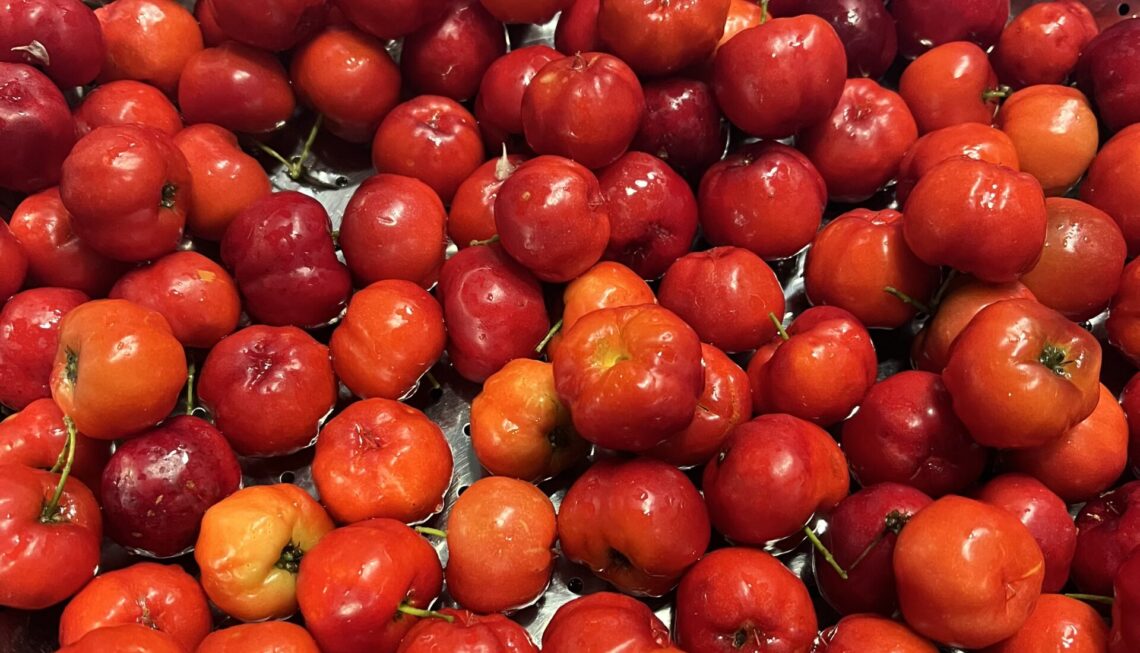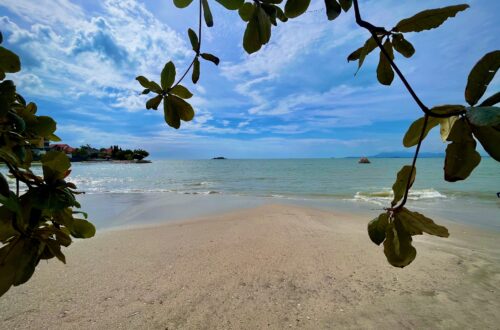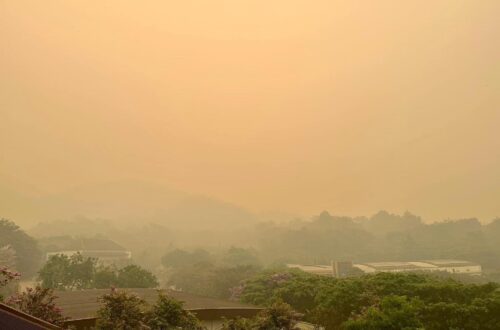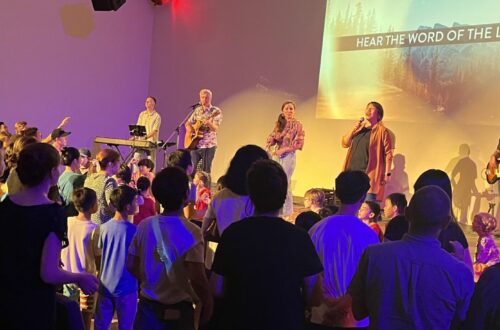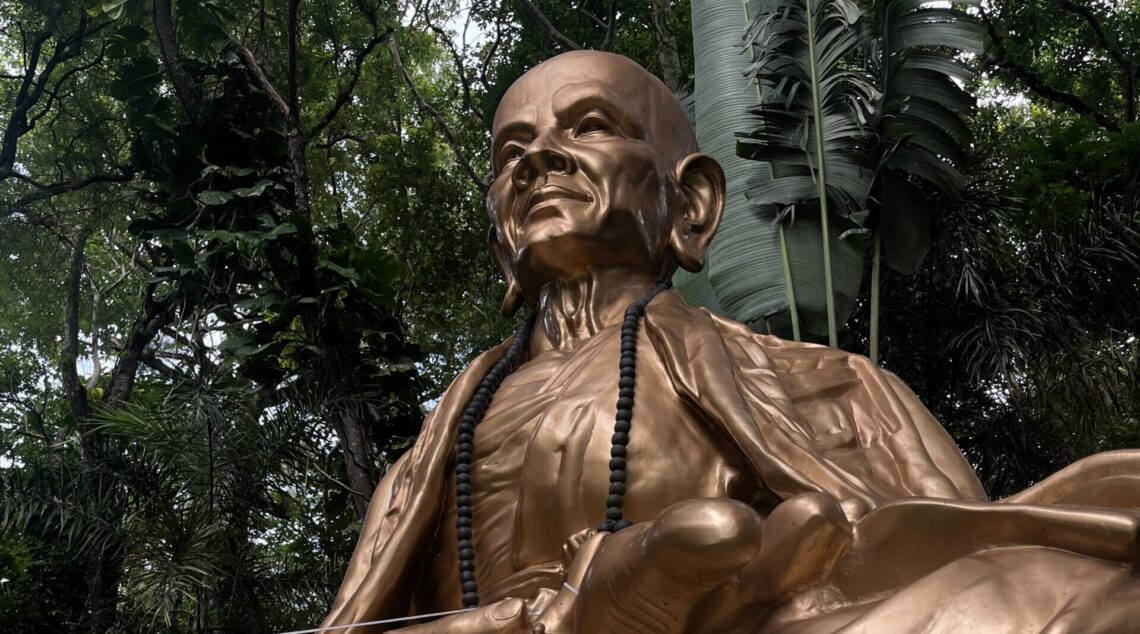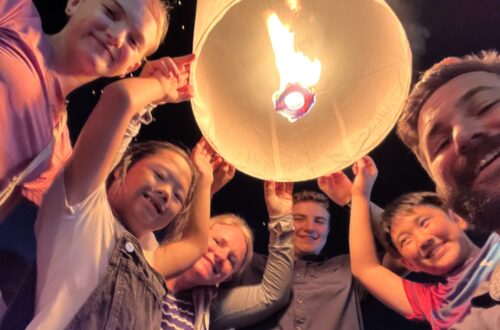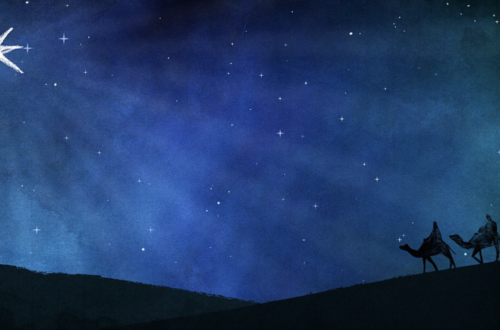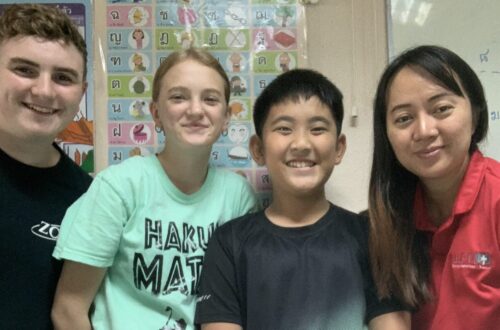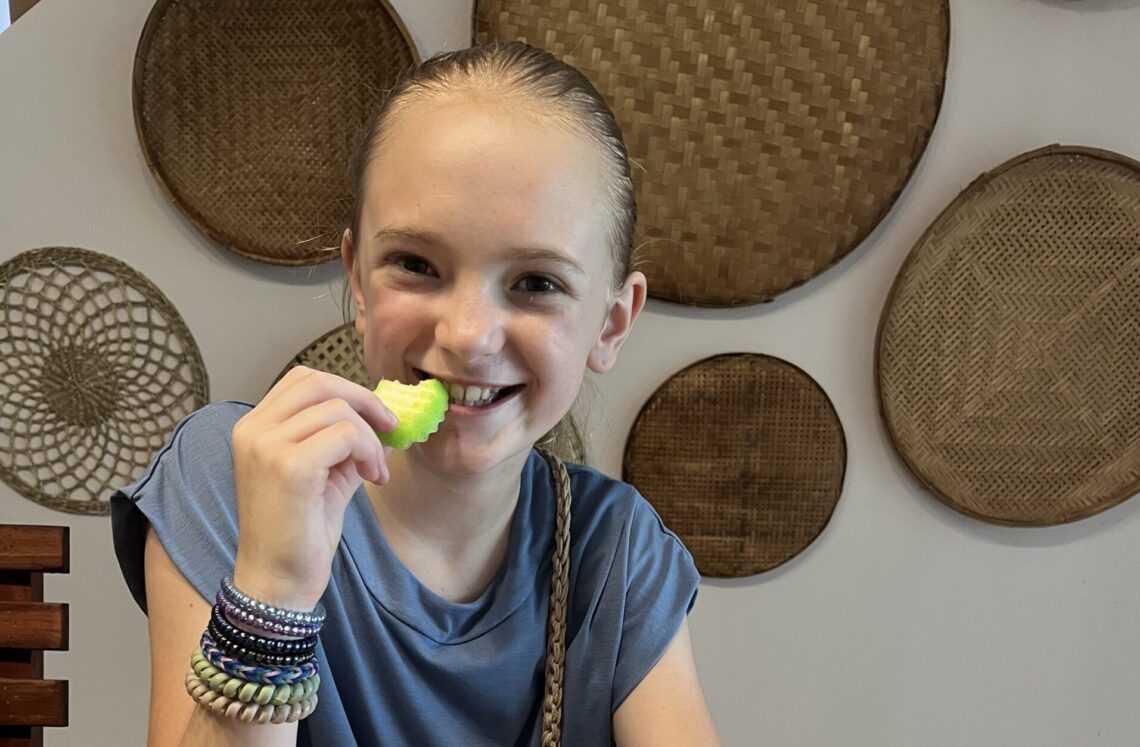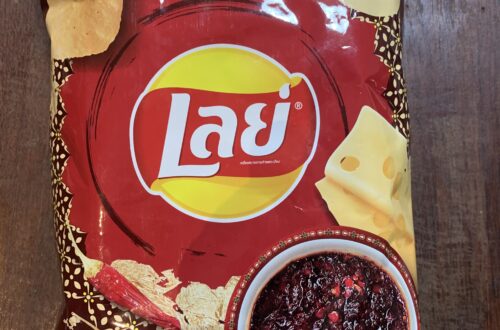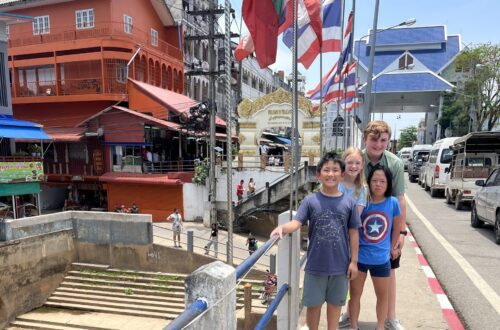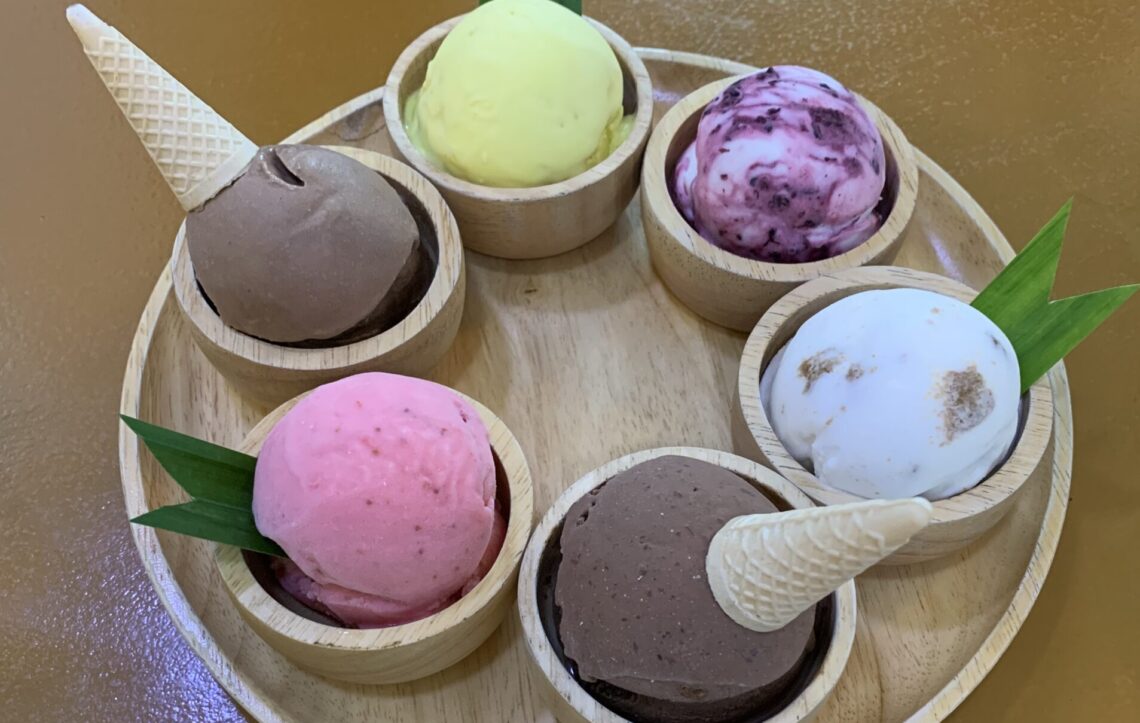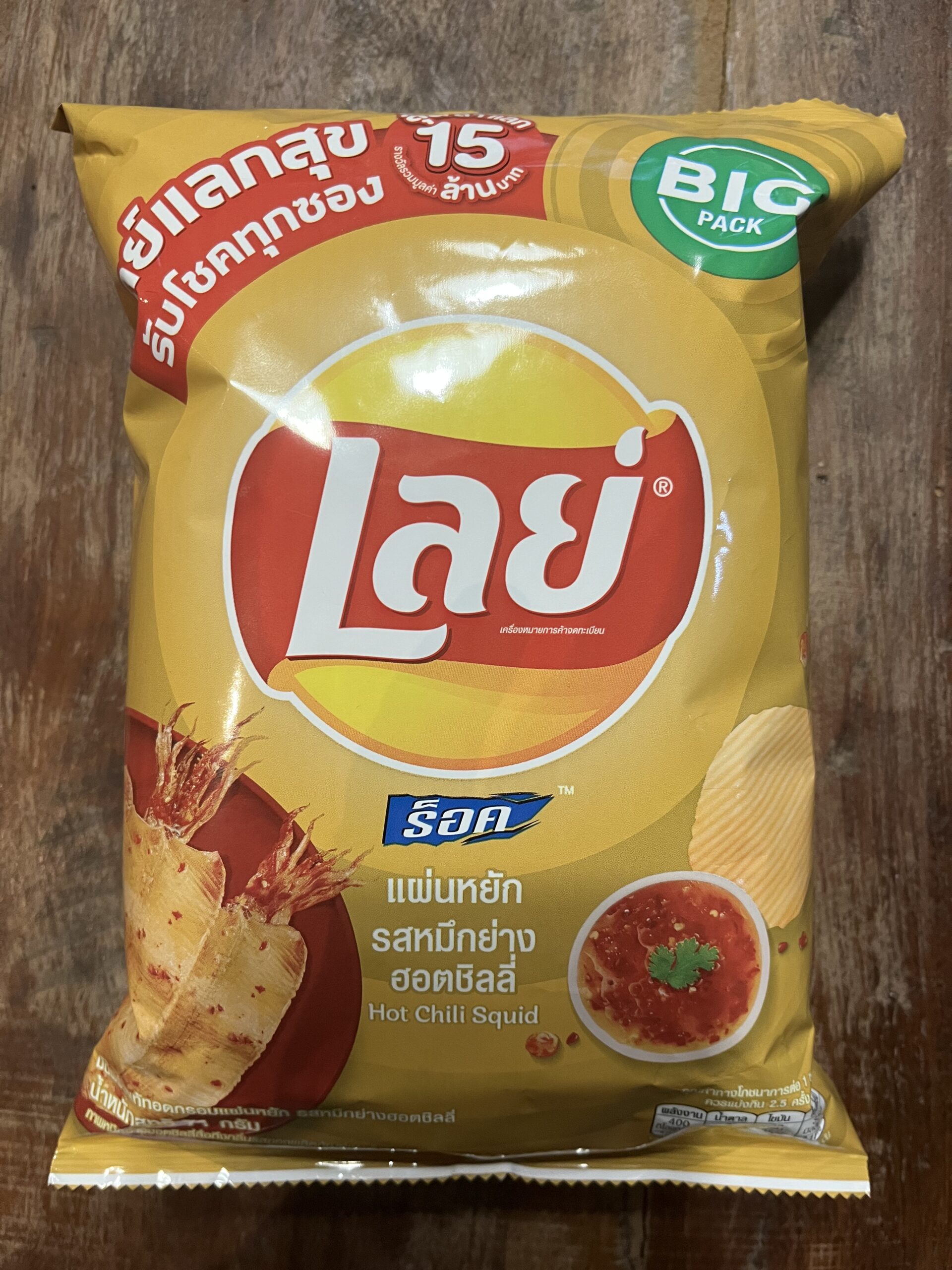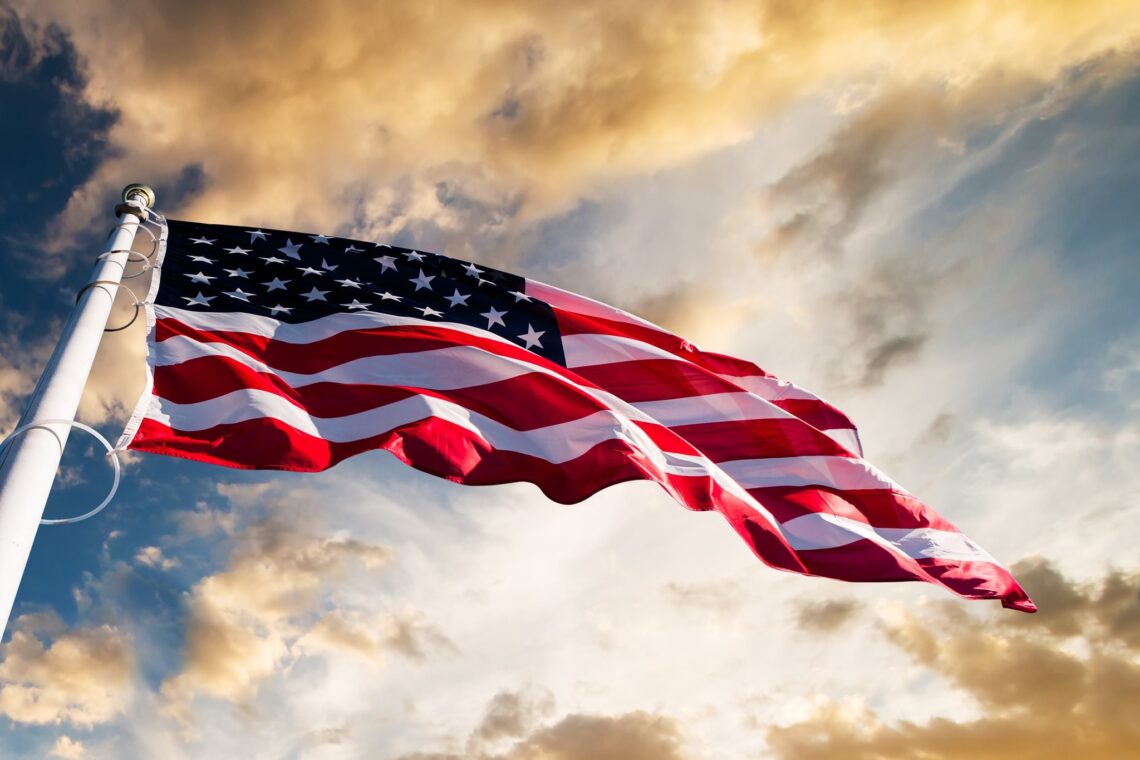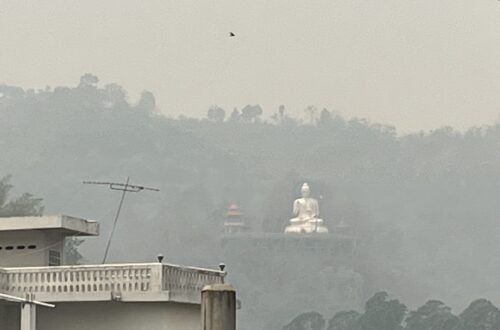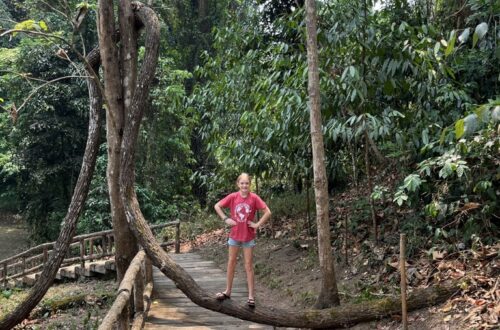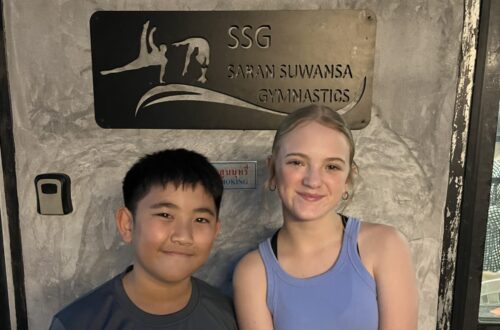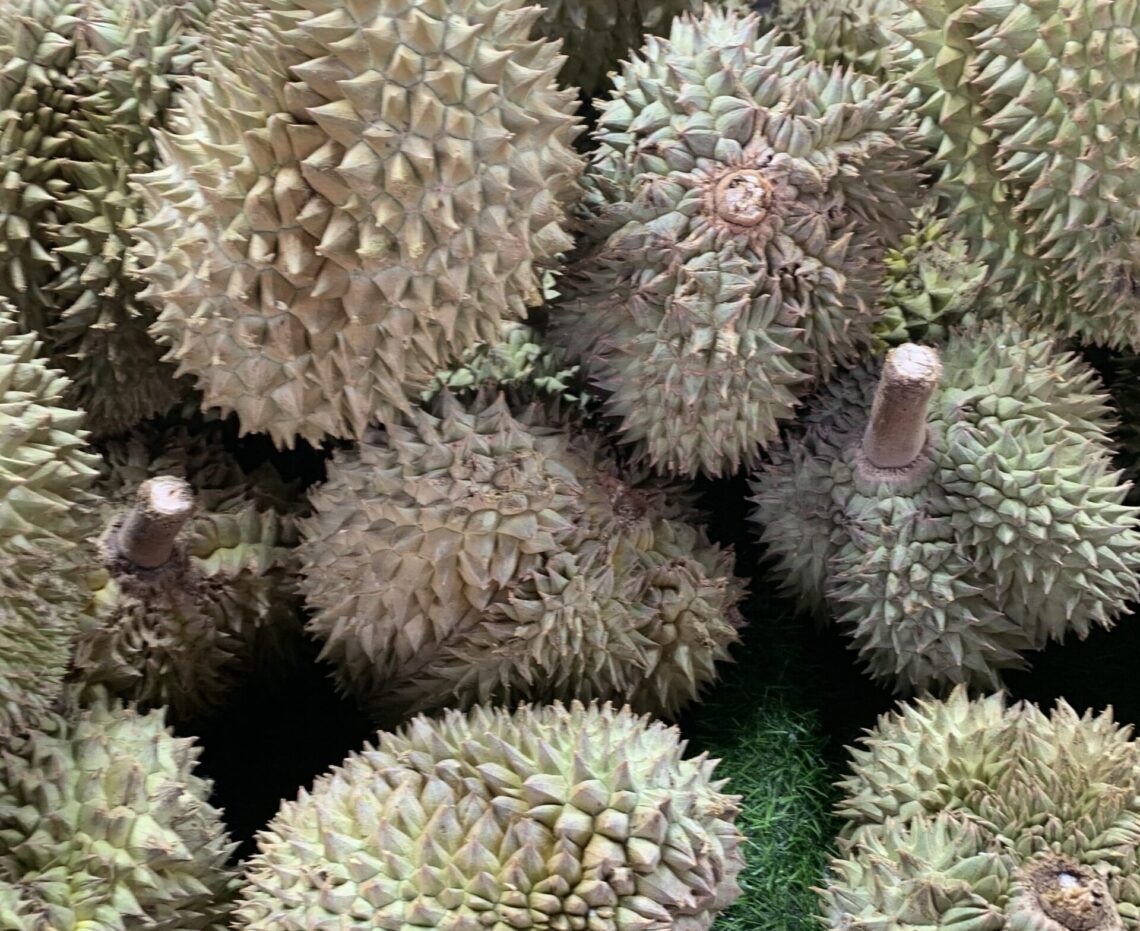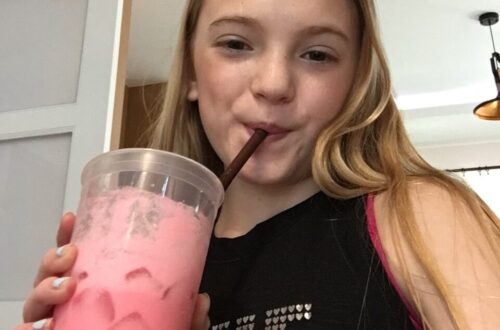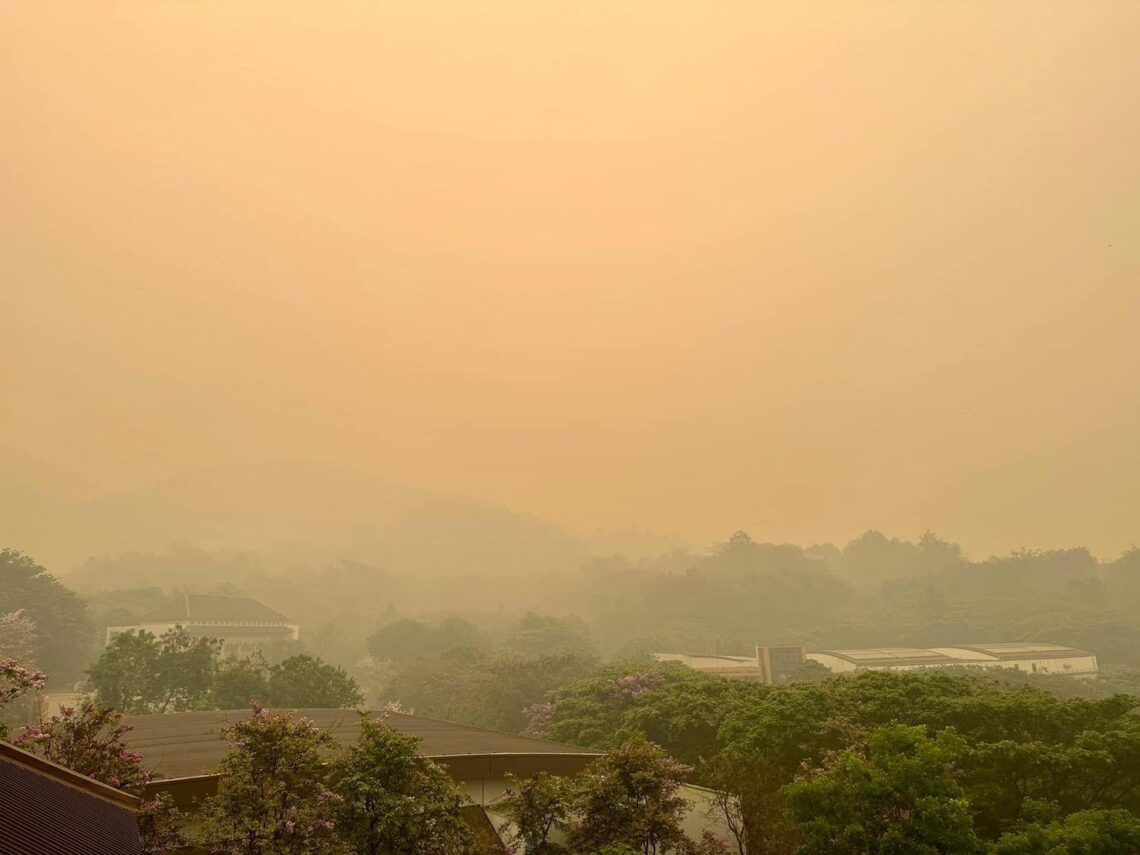-
Double Whammy
It has been quite a while since I last made a post, and these chips were in our cupboard forever waiting for me to try them, so I thought I would make a double-post today.
Stir Fried Shrimp with Chili and Garlic Flavor
As soon as you open a bag of these Stir-Fried Shrimp and Chili and Garlic Chips, you are blasted with an unappetizing aroma. Selah knew what they smelled like right away. She said, and I quote, “Ew! Those smell like fish food!” She is one hundred percent correct. They smell horrible, but the taste actually isn’t that bad. These are the spiciest chips I have eaten so far, but not too painful to not eat them. Not even close. I immediately get a lot of strong shrimp flavor and a decent amount Thai chili, but I barely taste any garlic.
So not the worst and not the best. 7/10
Boat Noodles Chips (ก๋วยเตียว)
I didn’t know what “boat noodles” were until I read ก๋วยเตียว. The Thai characters are saying Guay Tiaw, which is a clear soup with the pork, chicken, or beef bones, and is seasoned with salt and pepper, garlic, cilantro, and some sugar. The picture on the chip bag makes Guay Tiaw look disgusting because it shows the kind of Guay Tiaw with blood broth. I haven’t tried that kind, and I am not sure I ever will. I have only had ก๋วยเตียว with clear broth and duck meat. Duck meat seems pretty popular in Asia, I saw it a lot in China as a meal option and I see it a lot here in Thailand, too.
I haven’t eaten Guay Tiaw in a while so I didn’t know what to expect when I tried the chip version. They smell like all the other weird flavors of chips. Gross. They aren’t as gross as they smell, but they don’t taste very good either. There is a little spice from the pepper and a brothy taste.
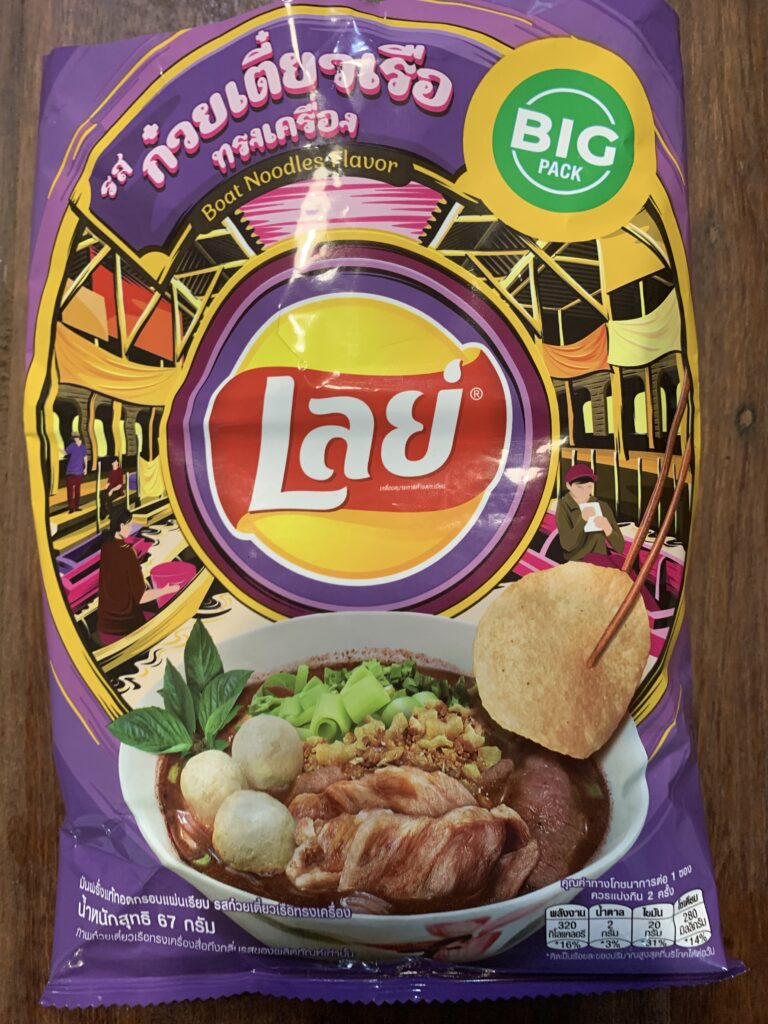
Not the best. Not the worst. We still have seaweed chips keeping the last slot. 6/10
-
Moving To Thailand
This personal narrative was originally written by Jeremiah Keim as a requirement of his coursework for The Good and the Beautiful Level 3 Language Arts.
The day mom and dad told us we were going to move to Thailand, I was scared because I thought I wouldn’t be able to see my friends again. I was sitting on the couch and it was dark outside when mom and dad told me and my brother and sisters. After I calmed down, I felt really excited about it. It took several days to pack and we made our house into a place for other people to stay. Finally, the week before we moved we went to spend time with our family. Personally, I felt really sad that we would have to leave them but also really happy because they said they would sometimes visit us.
When we went to the airport it was really early in the morning. When we got to the airport we said goodbye and then loaded all our stuff onto the plane. Our first plane ride, I took a nap and when I woke up we were nearly to Detroit. The next two flights were nice and comfy because I got to watch movies and wear soft, warm, fuzzy slippers. It was longer than I expected, but then we finally got to Thailand. I felt really happy because we met all the ZOE people and I finally got to breathe fresh air again (the air wasn’t really fresh it was actually smokey, but, hey, at least it was air that wasn’t inside the plane all night).
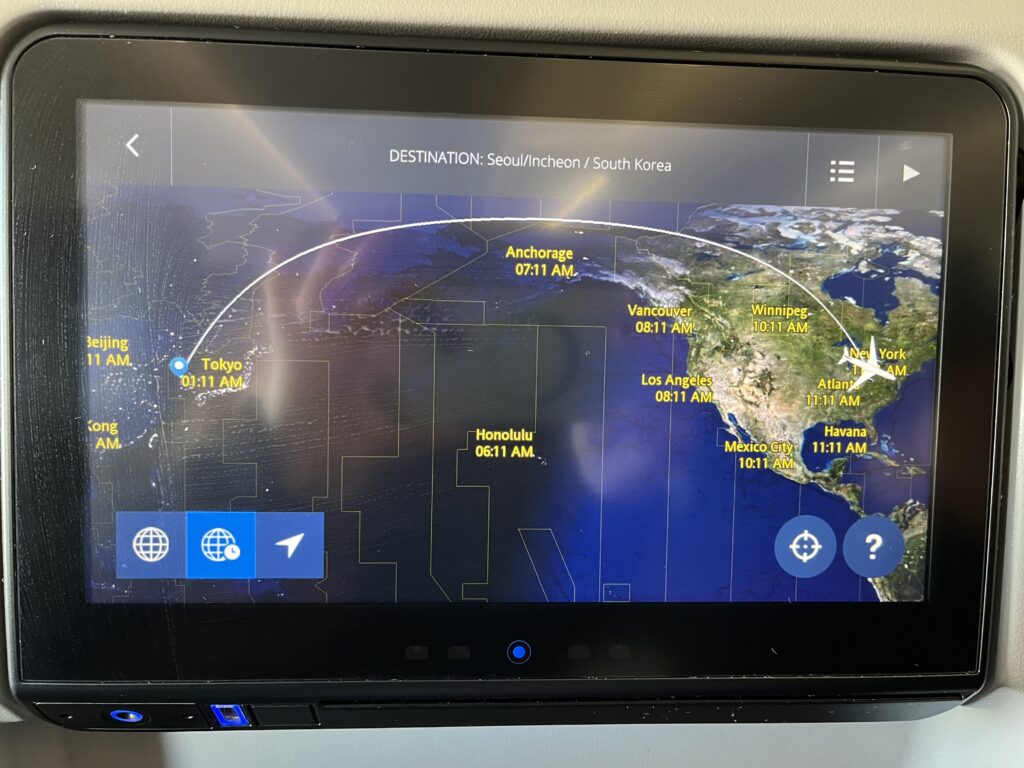
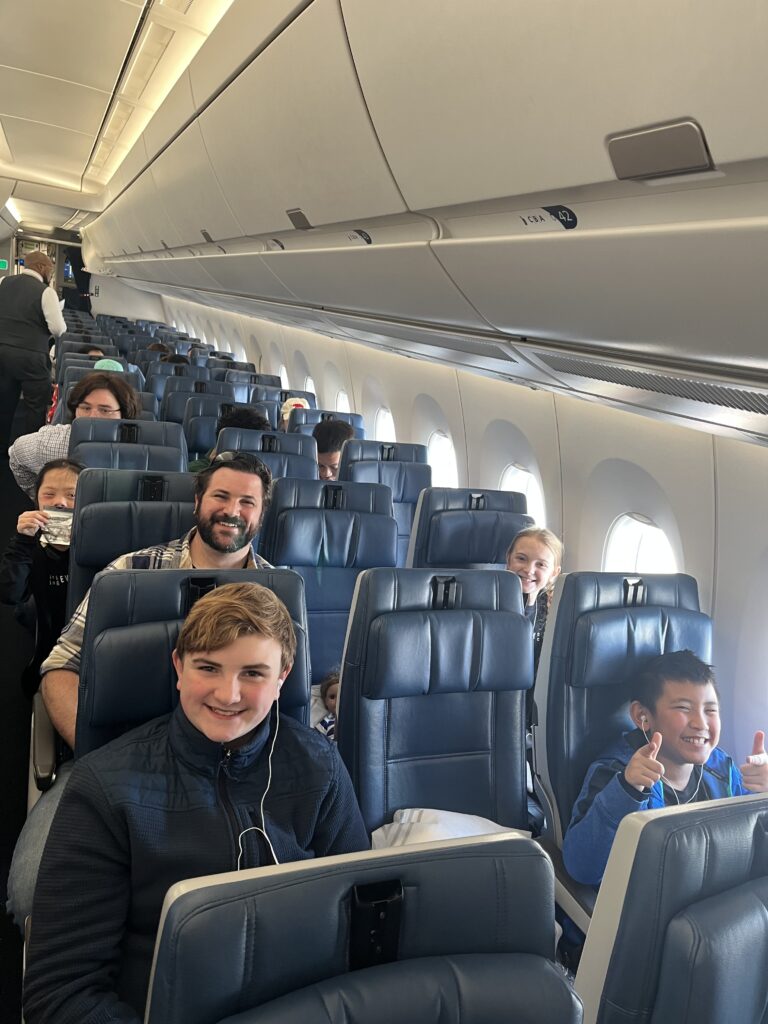
First, one of the missionaries took us to the house that we chose to live in. It was OK, but I was really scared of the geckos and of the snakes that might live here. Luckily, I haven’t seen any snakes. Eventually, I started to like geckos. I like to catch them and release them outside.
Next, the missionaries took us around to all their favorite restaurants and stuff. For example, we got to go with a missionary to a plant market. It was pretty fun. I saw lots of cactuses and Elephant Ear plants. Another example is that another missionary took us to this really cool art gallery where the paintings look super realistic, like you were holding a hammer in the painting or like you were fighting a dragon.
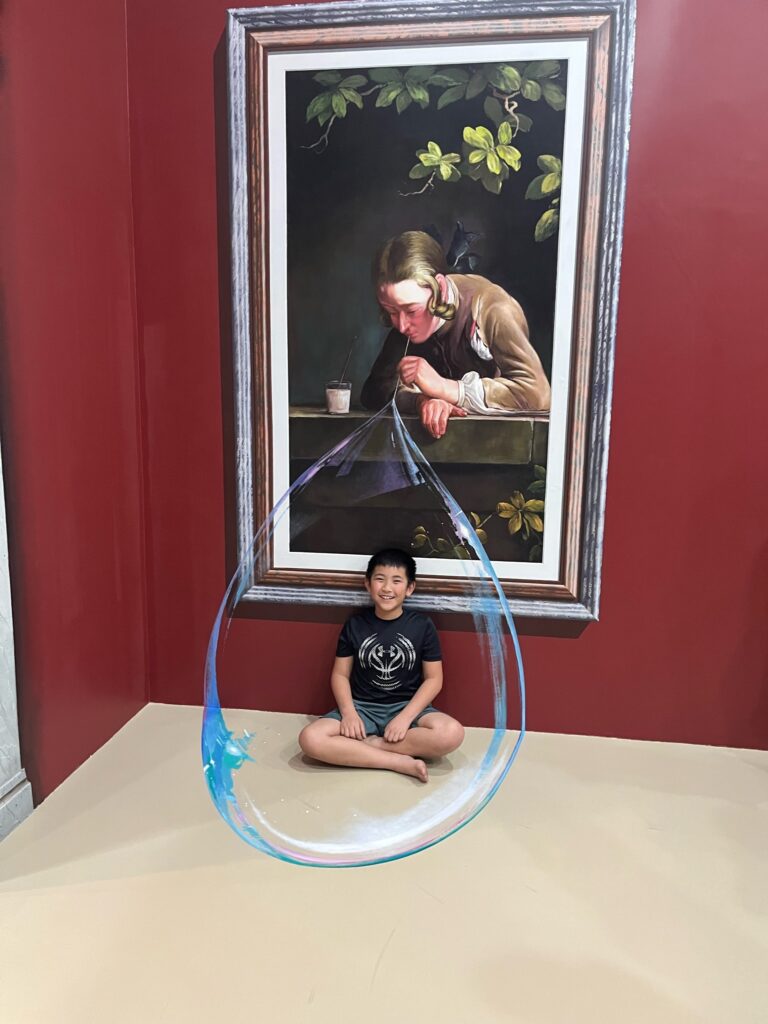
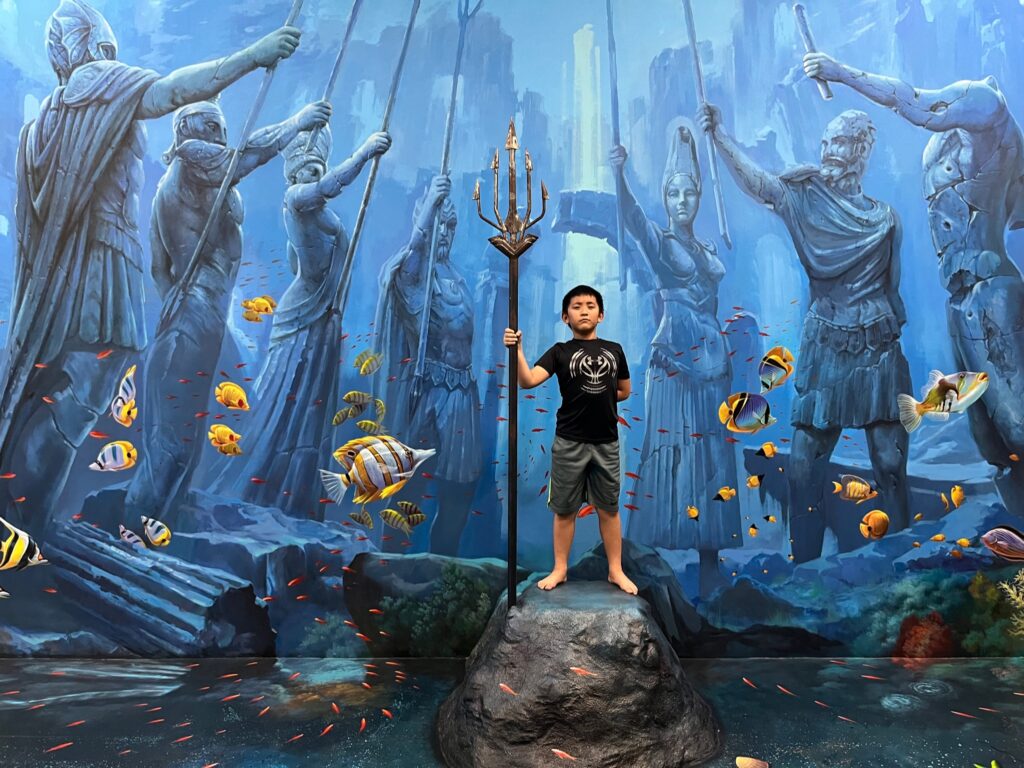
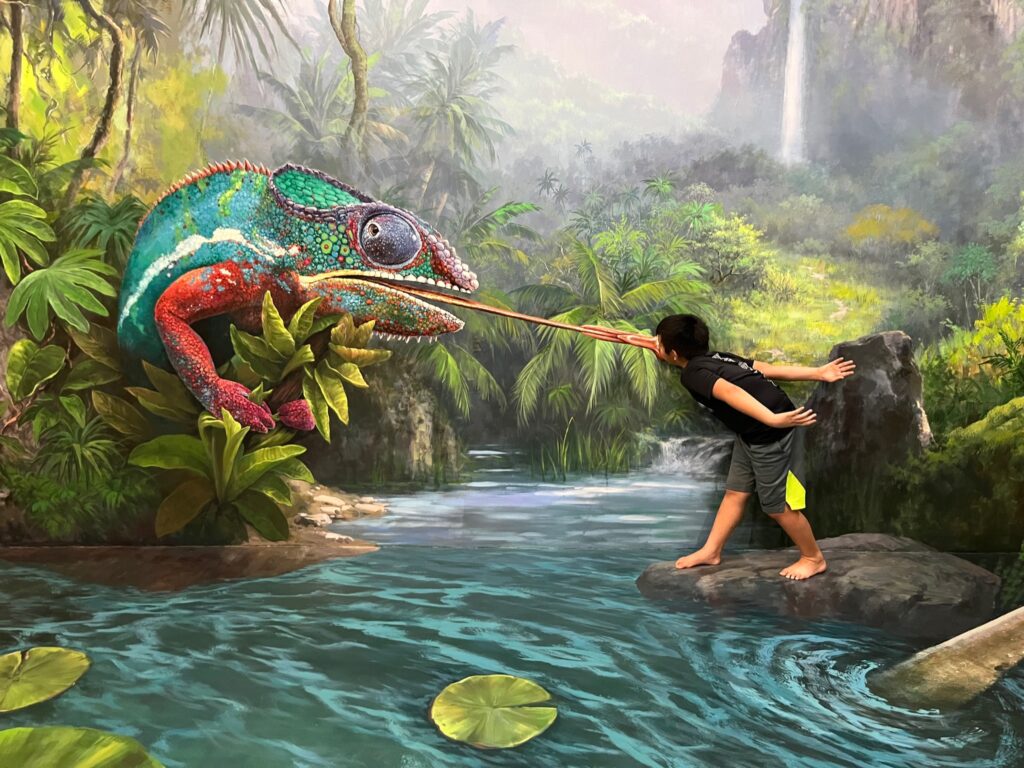
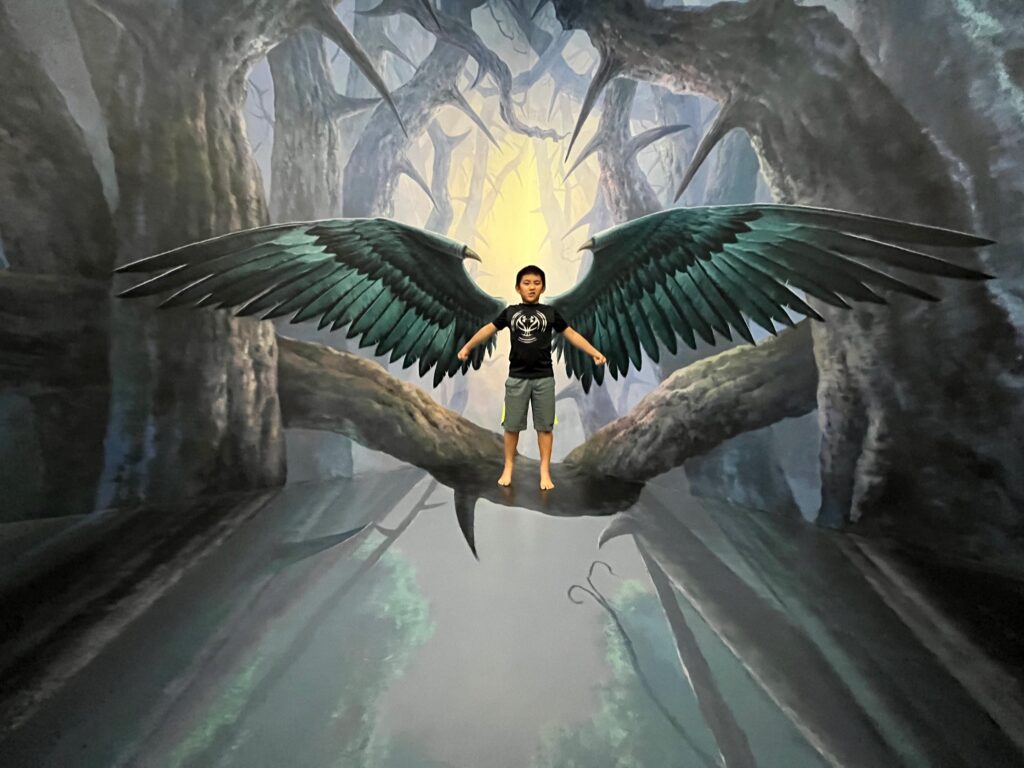
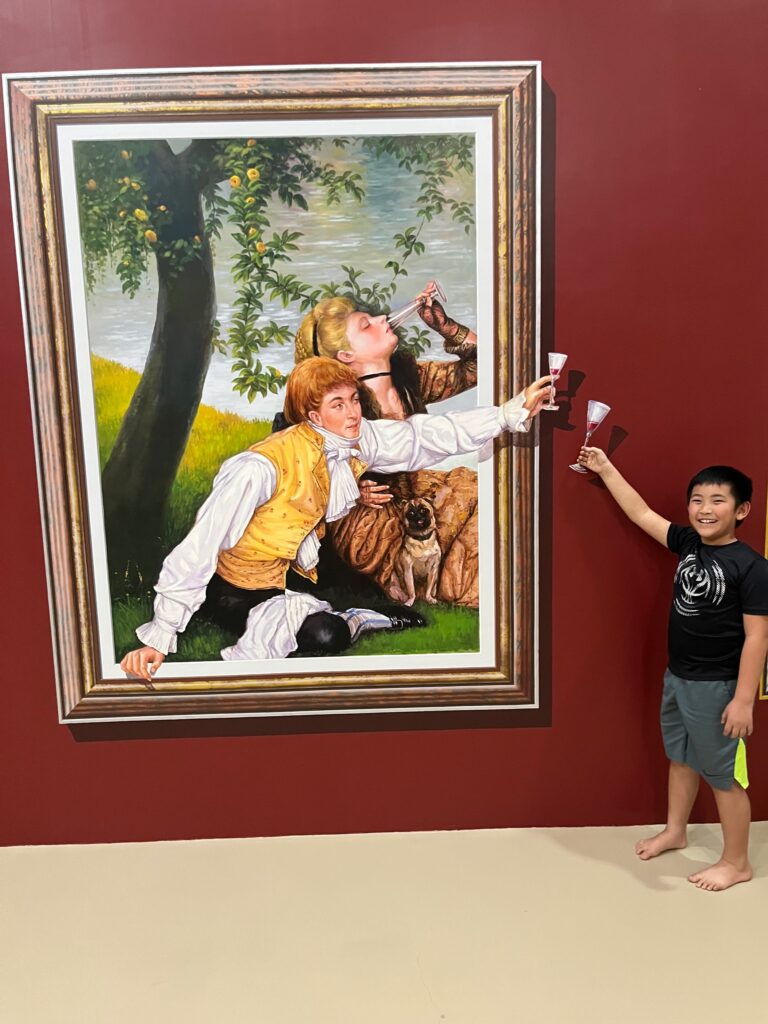
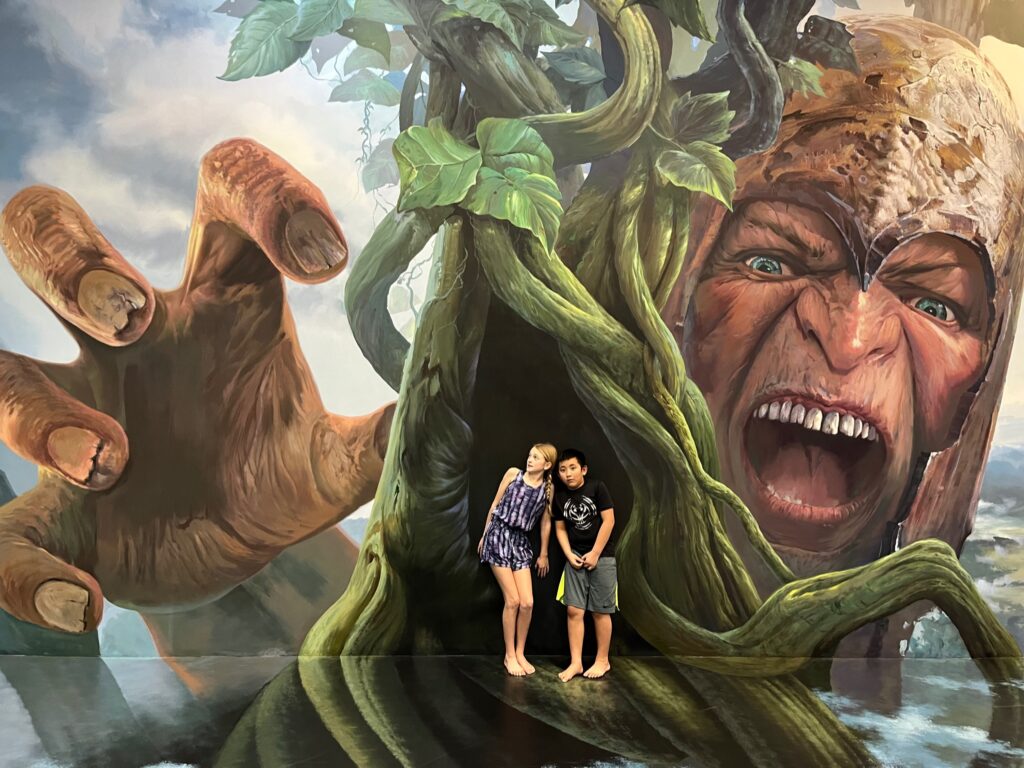
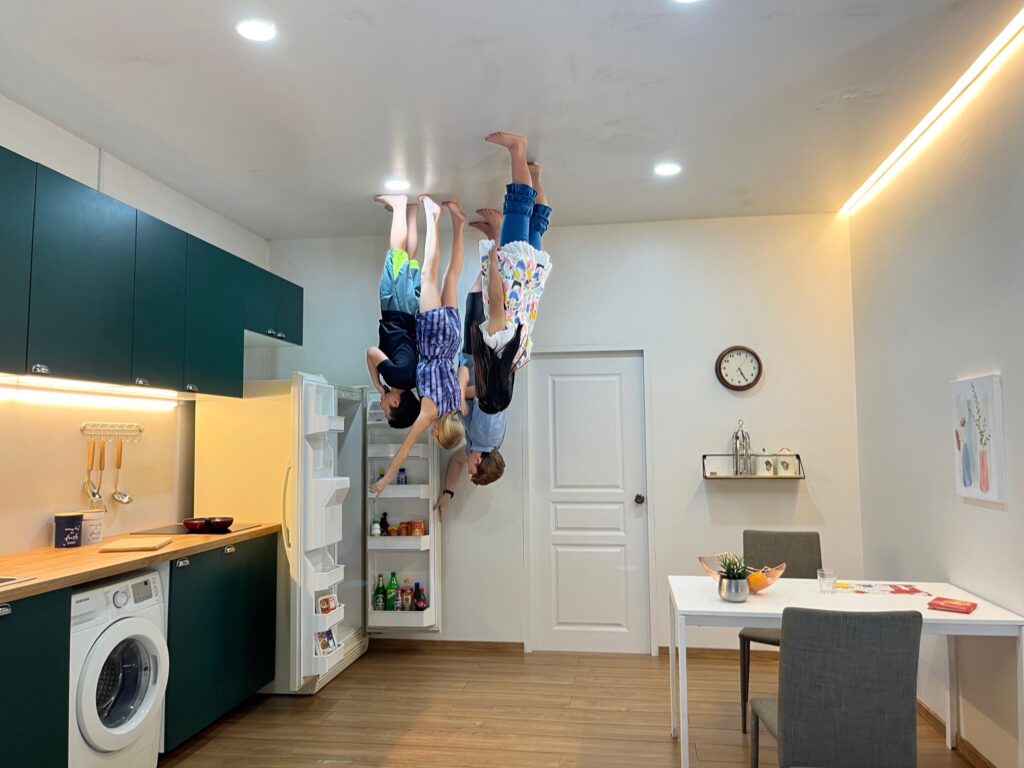
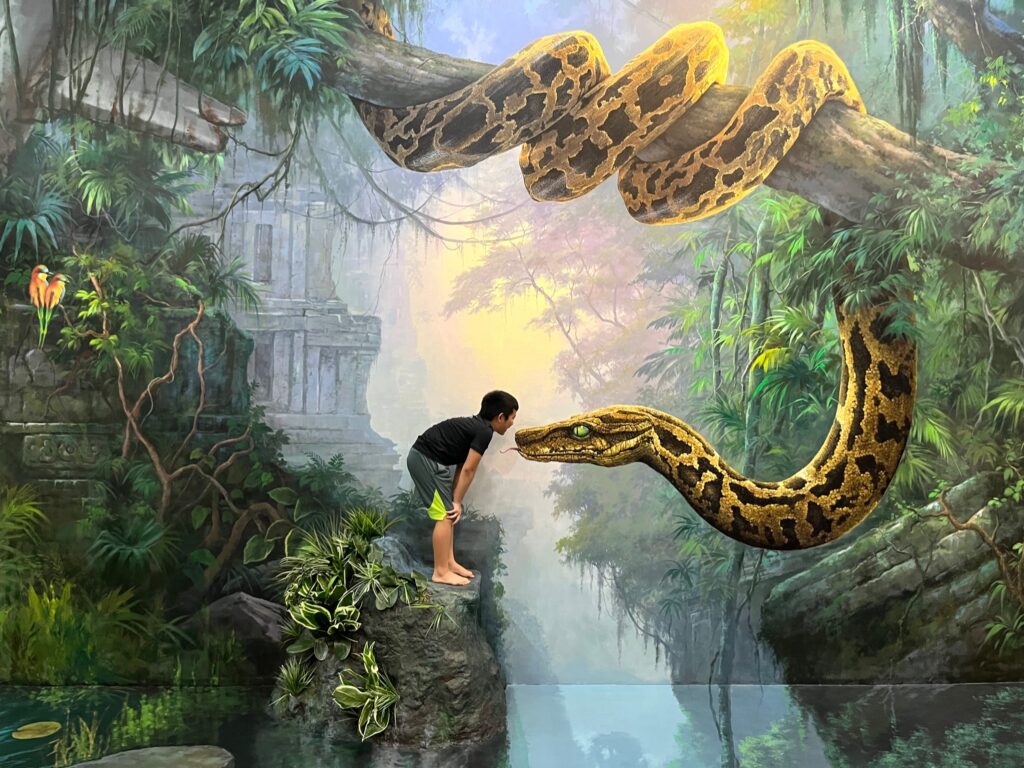
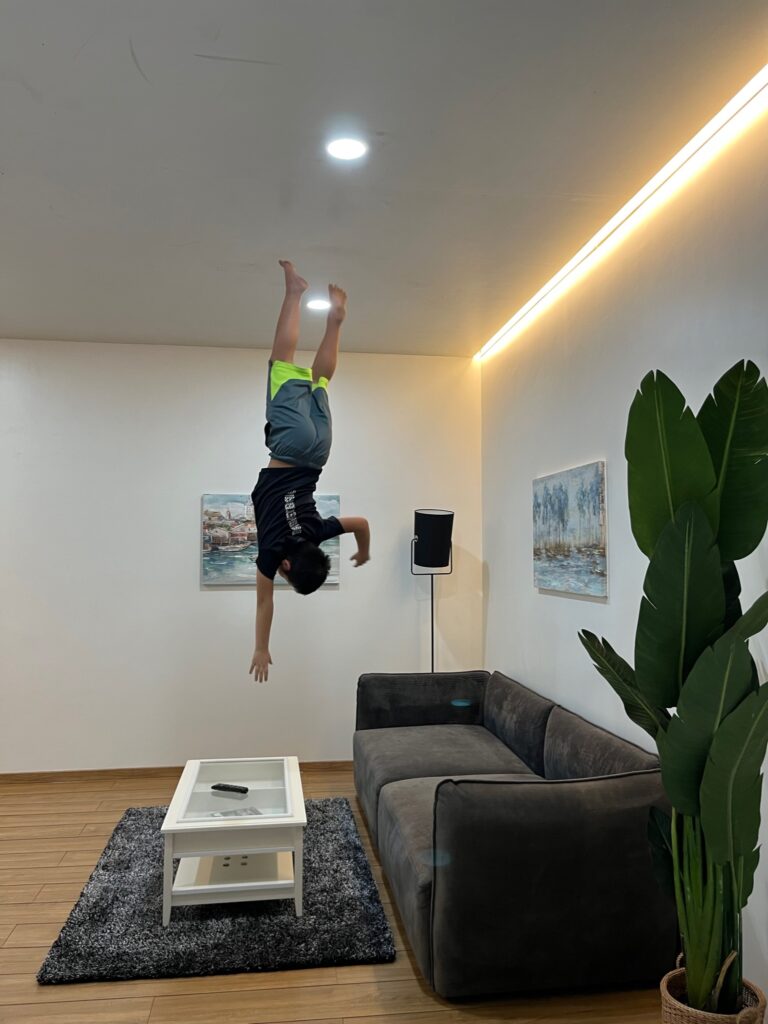
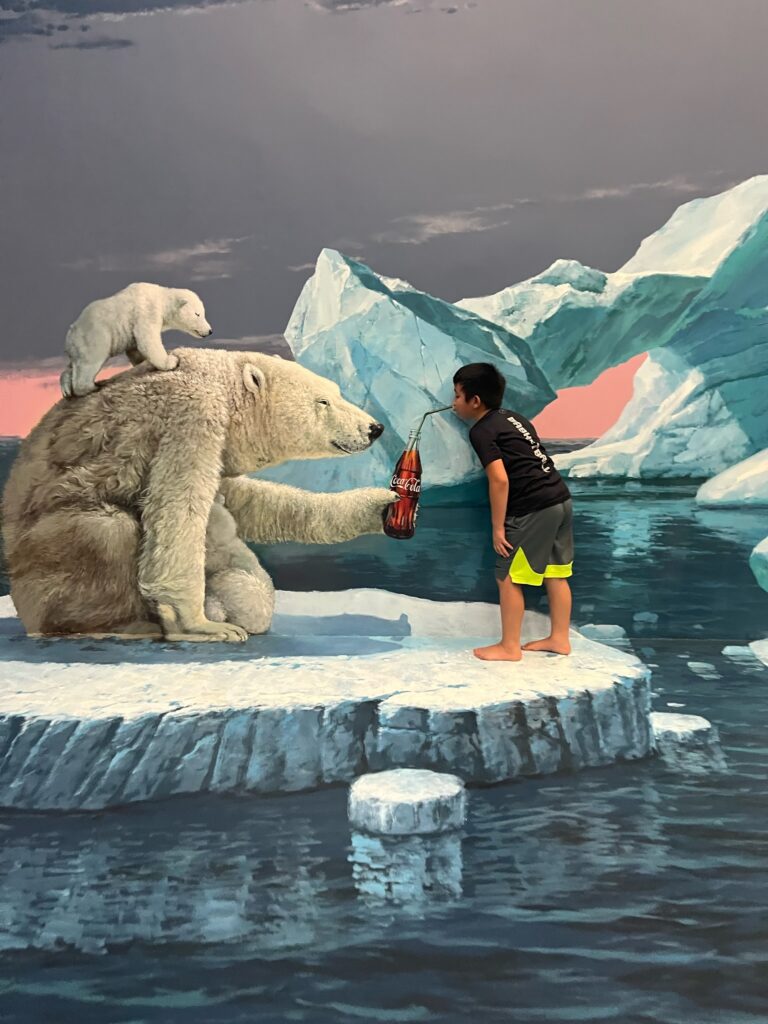
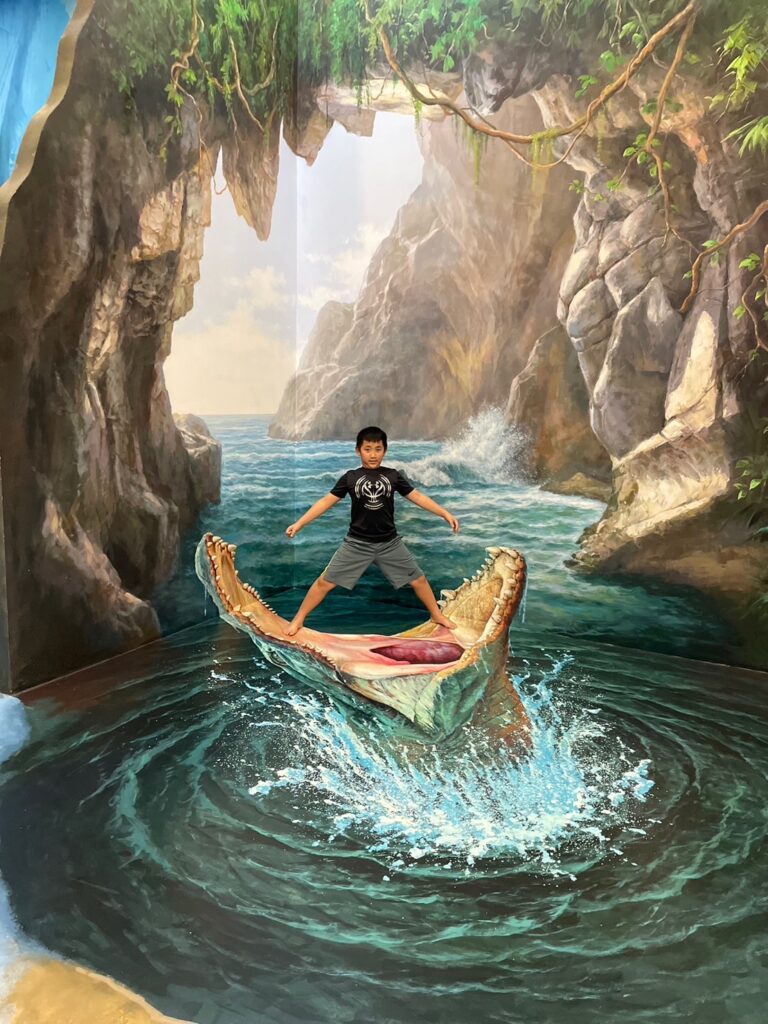
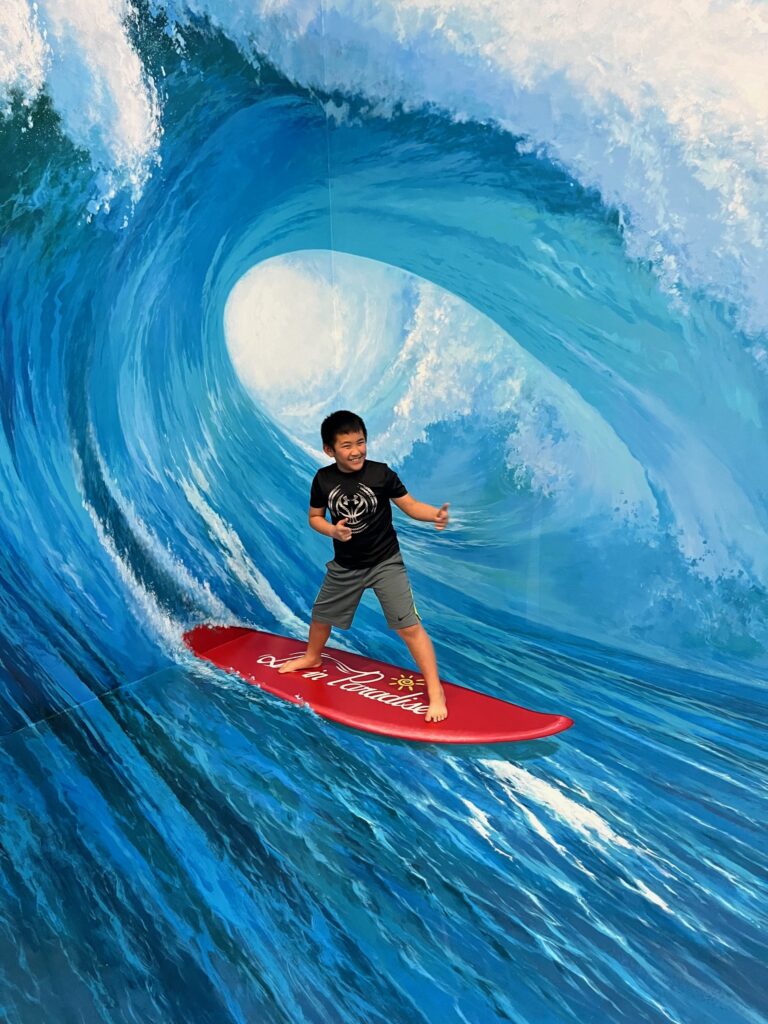
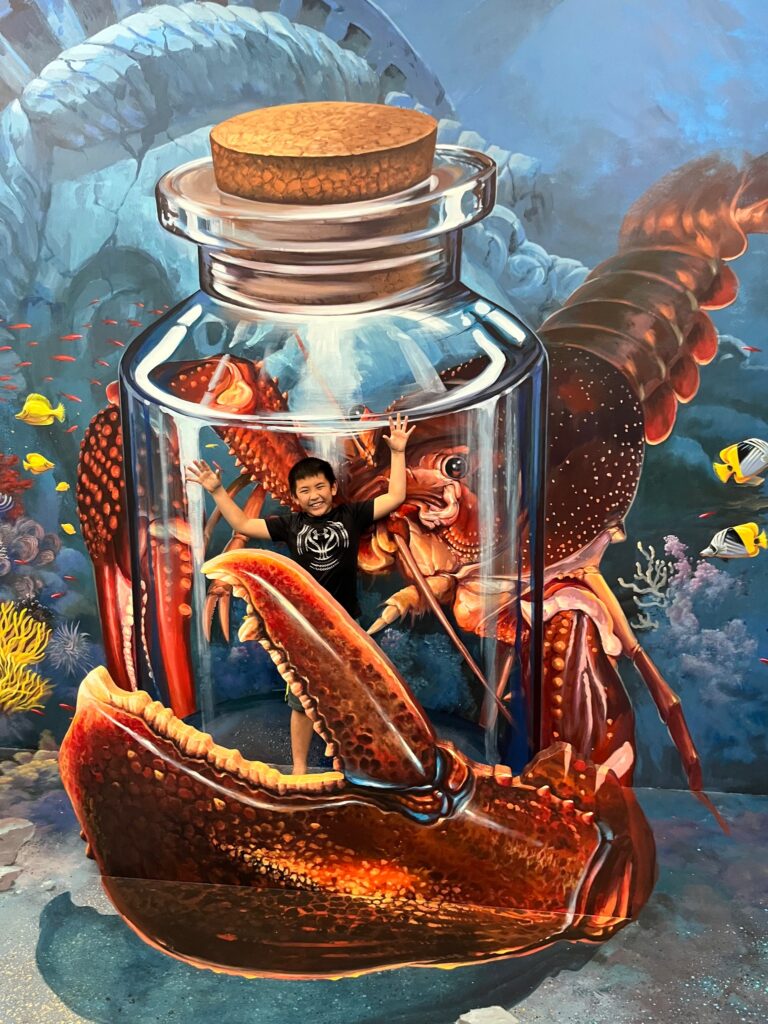
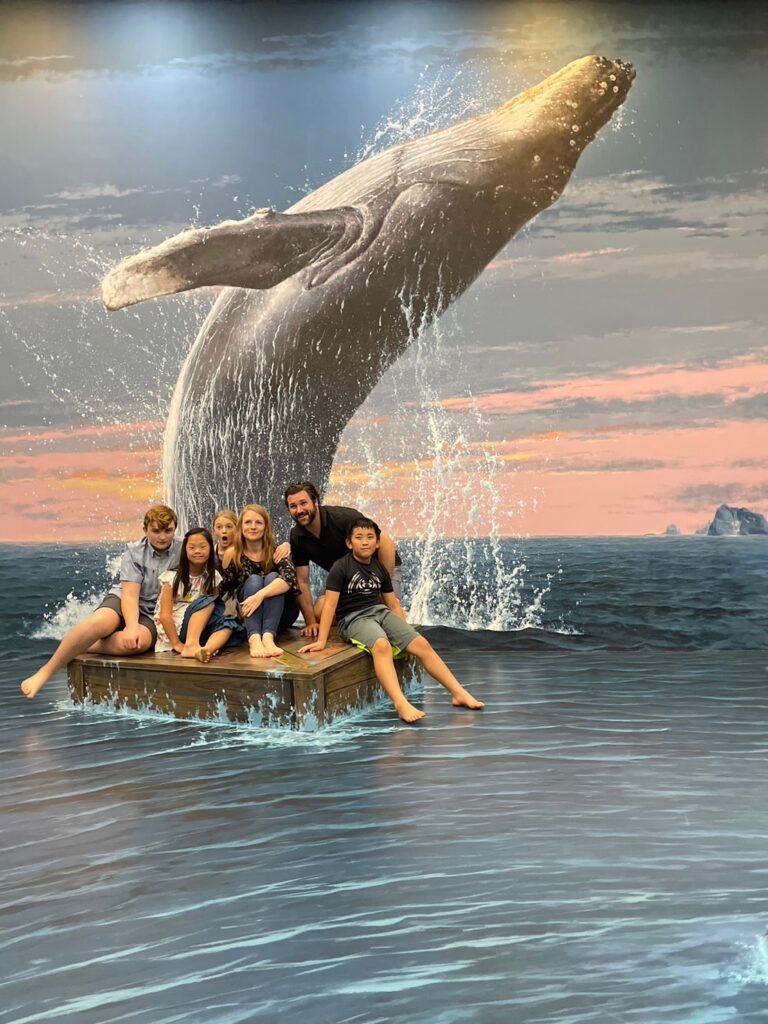
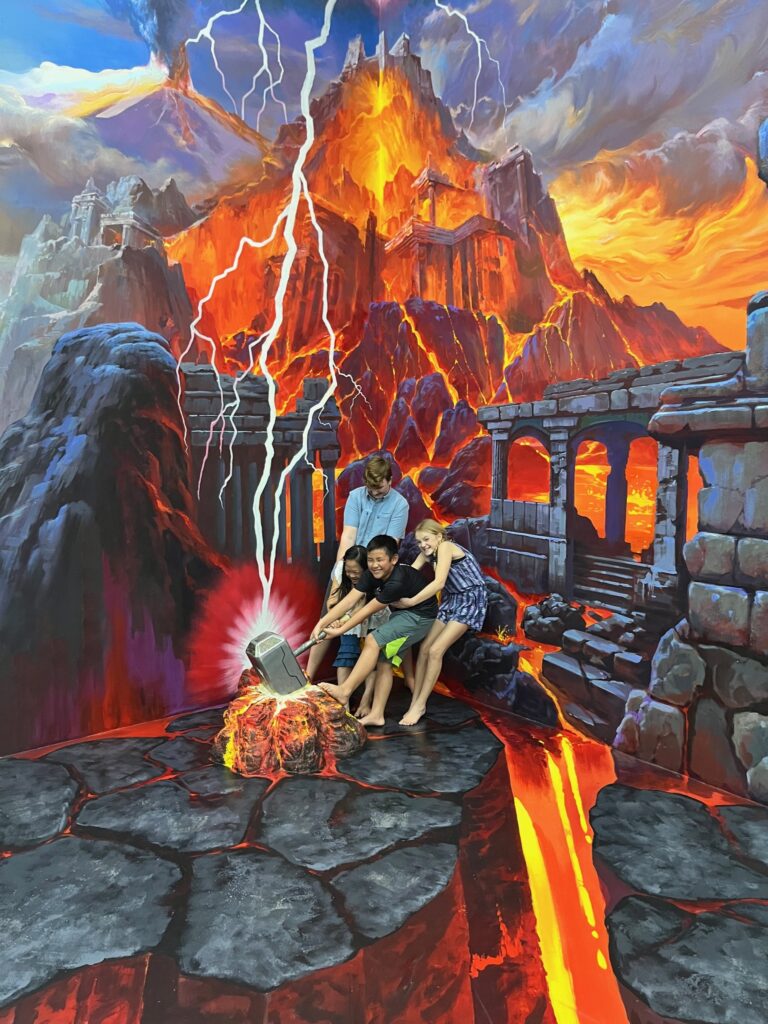

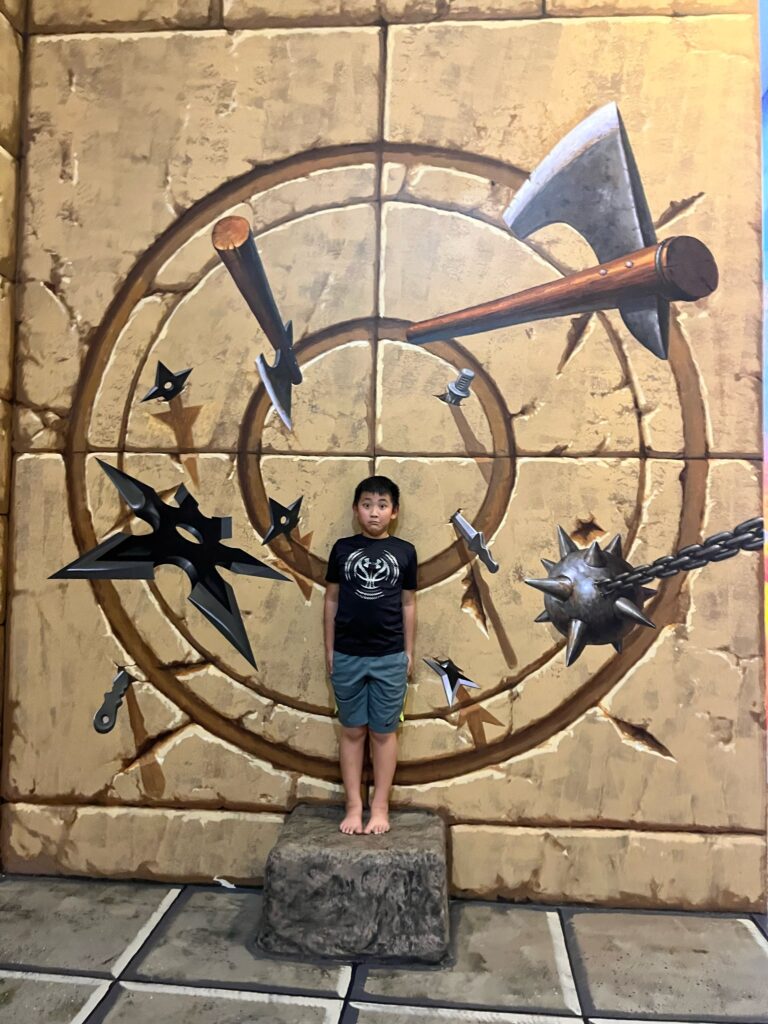
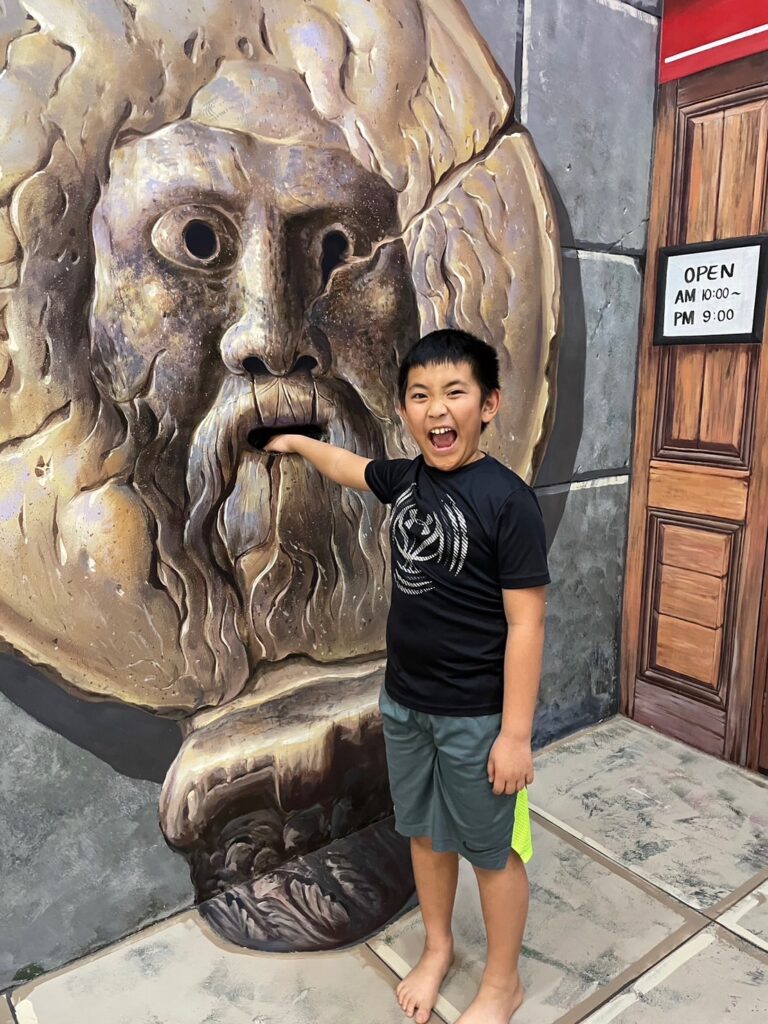
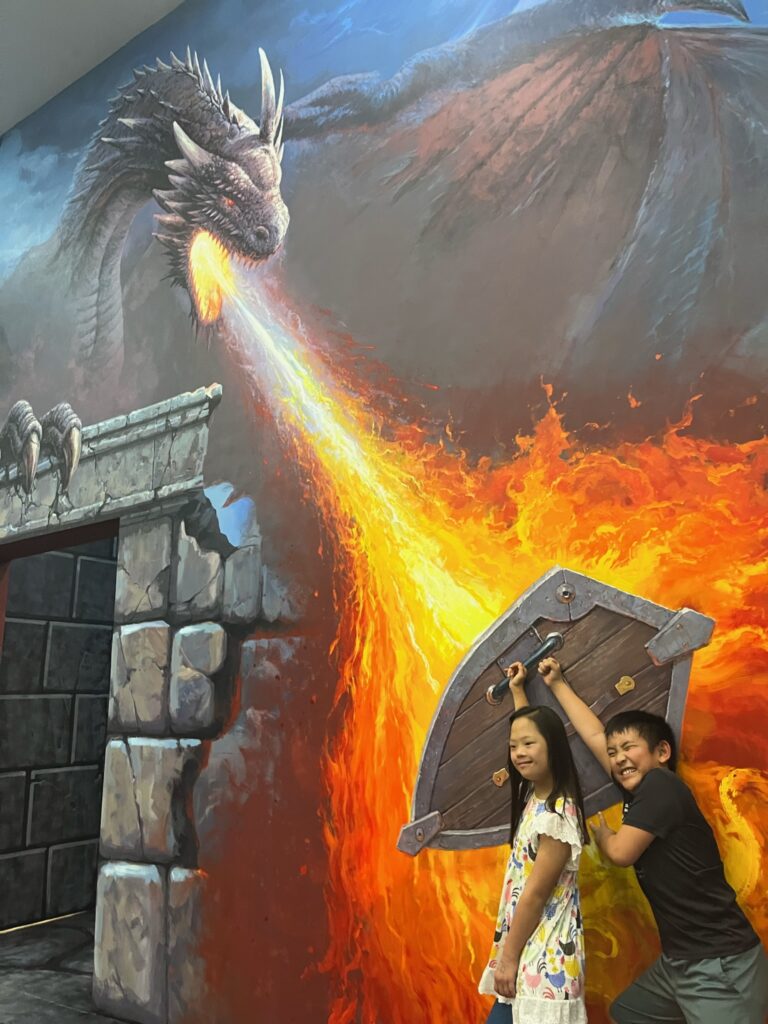
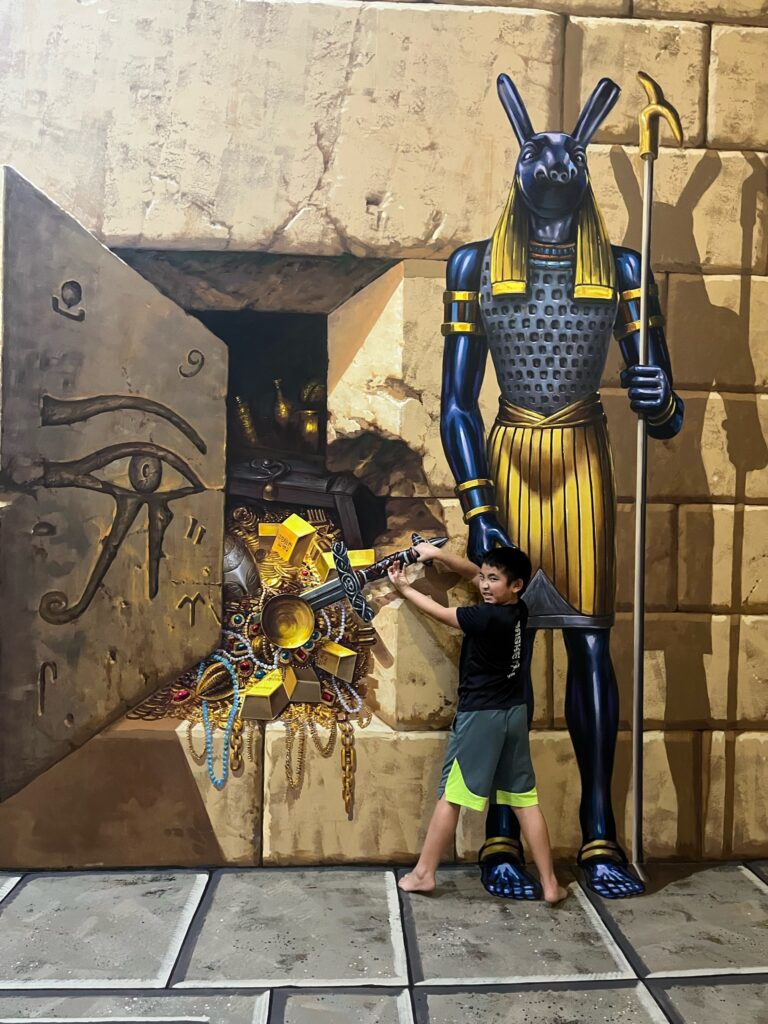
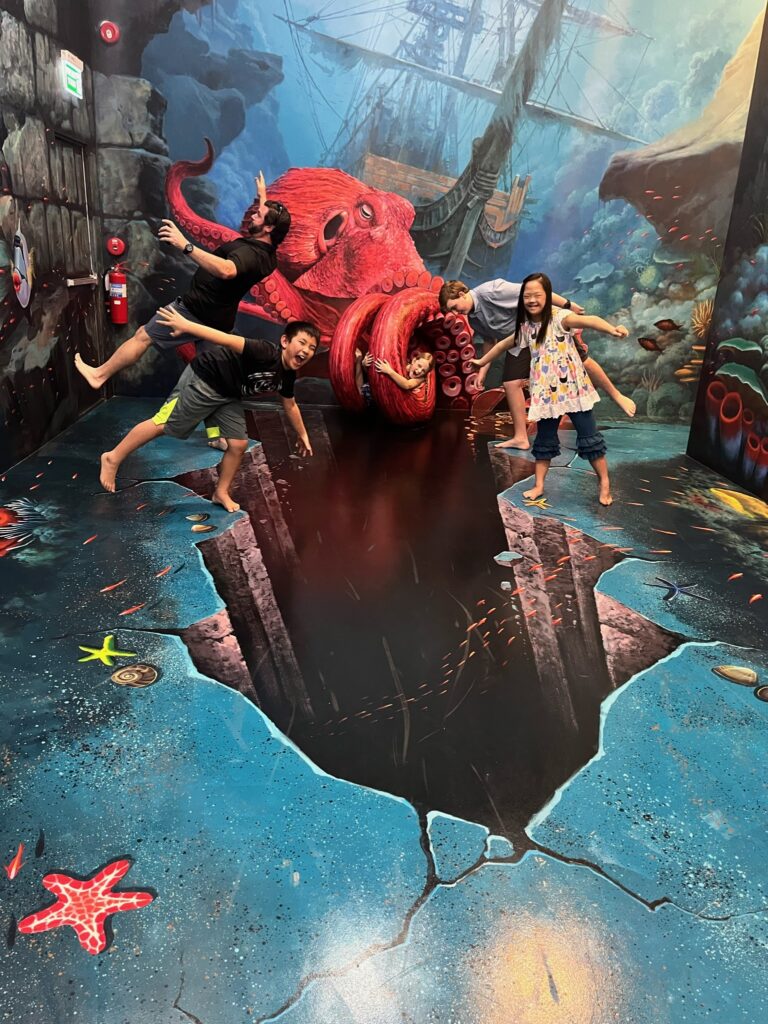
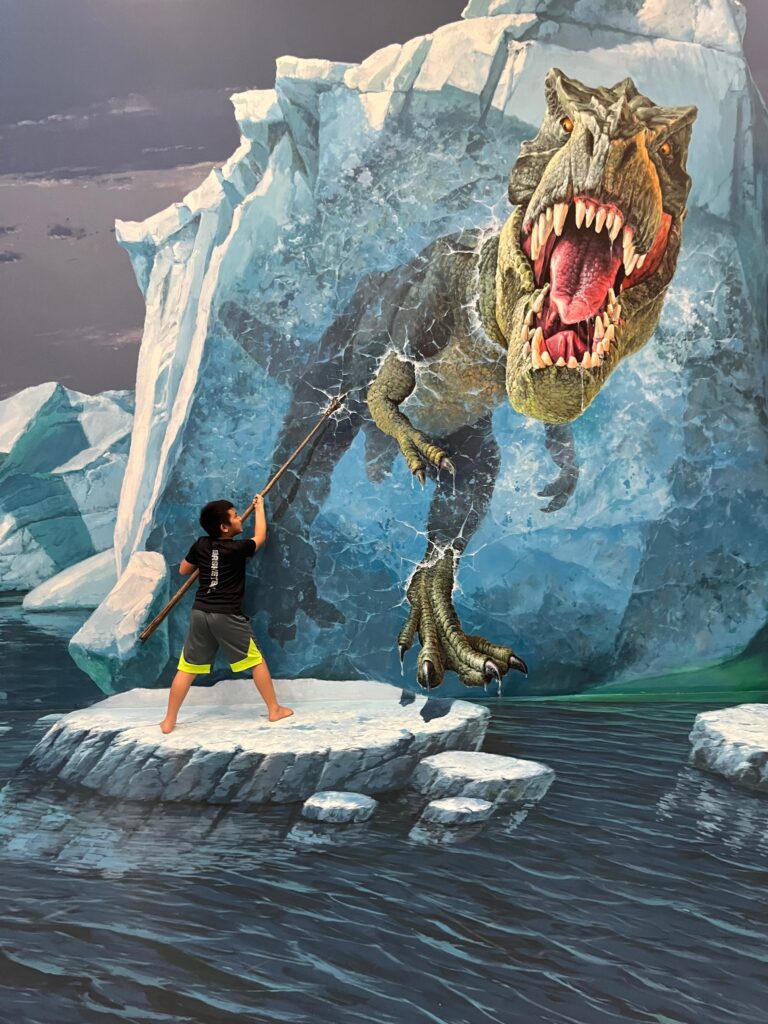
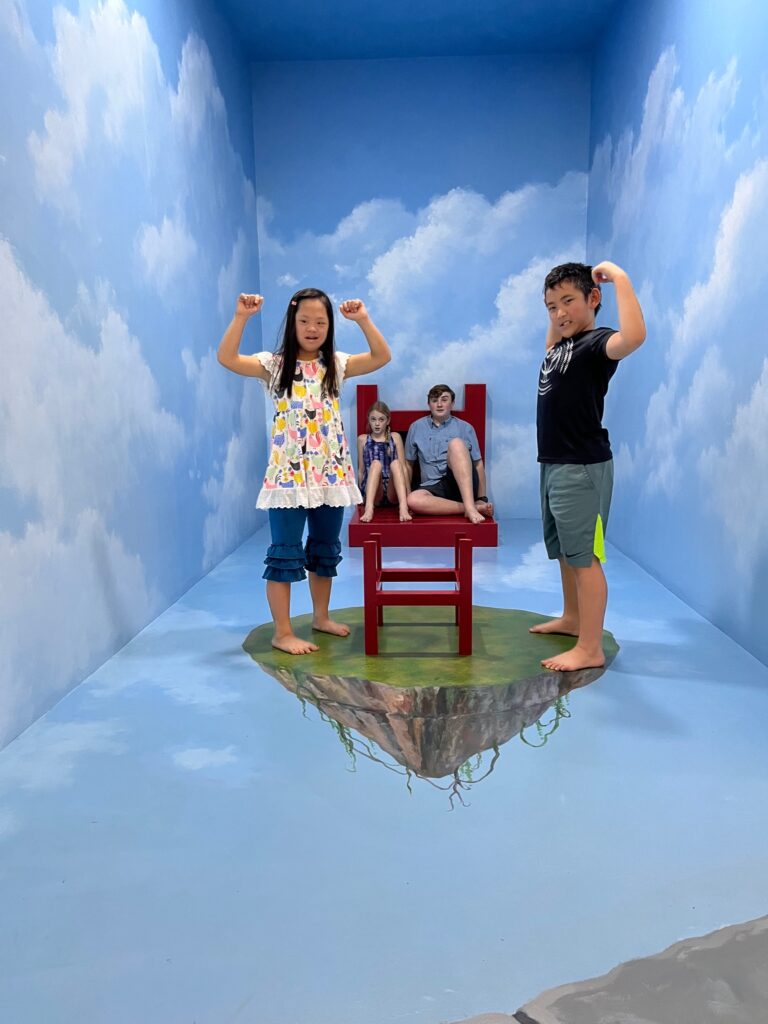
Also, one of the families took us to the zoo with them. It was really fun because we got to rent a golf cart and we saw a whole bunch of cool animals that live in Thailand and other places. Afterwards, we went to this awesome restaurant with an big pretend boat outside and we played tag on it.
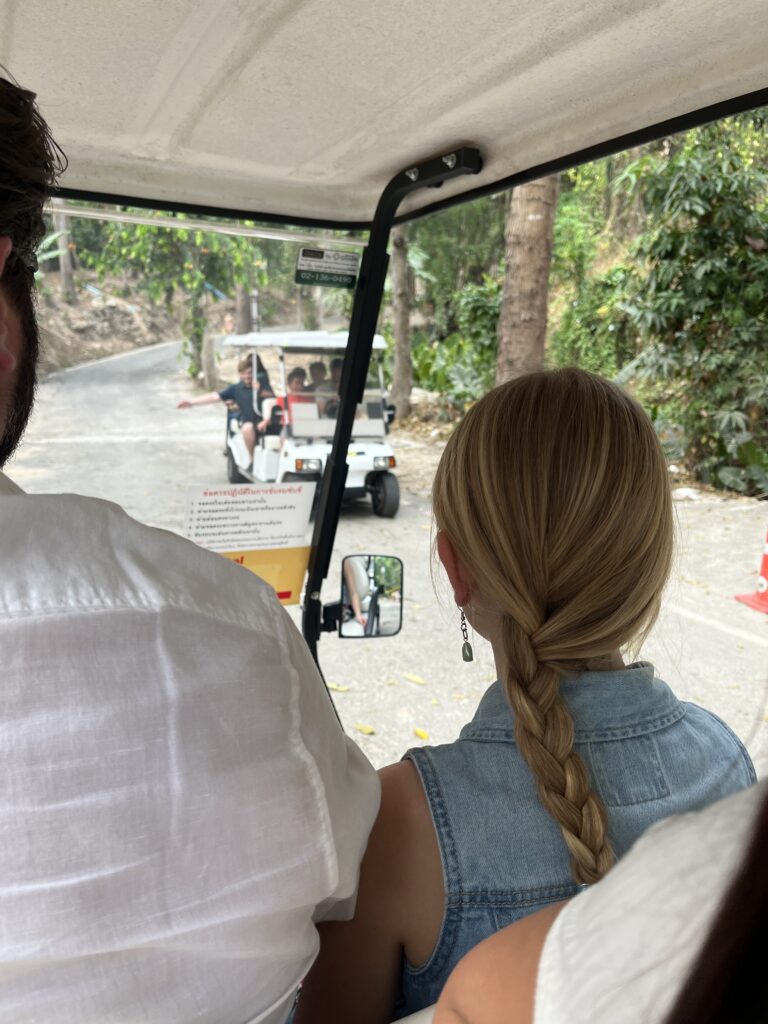
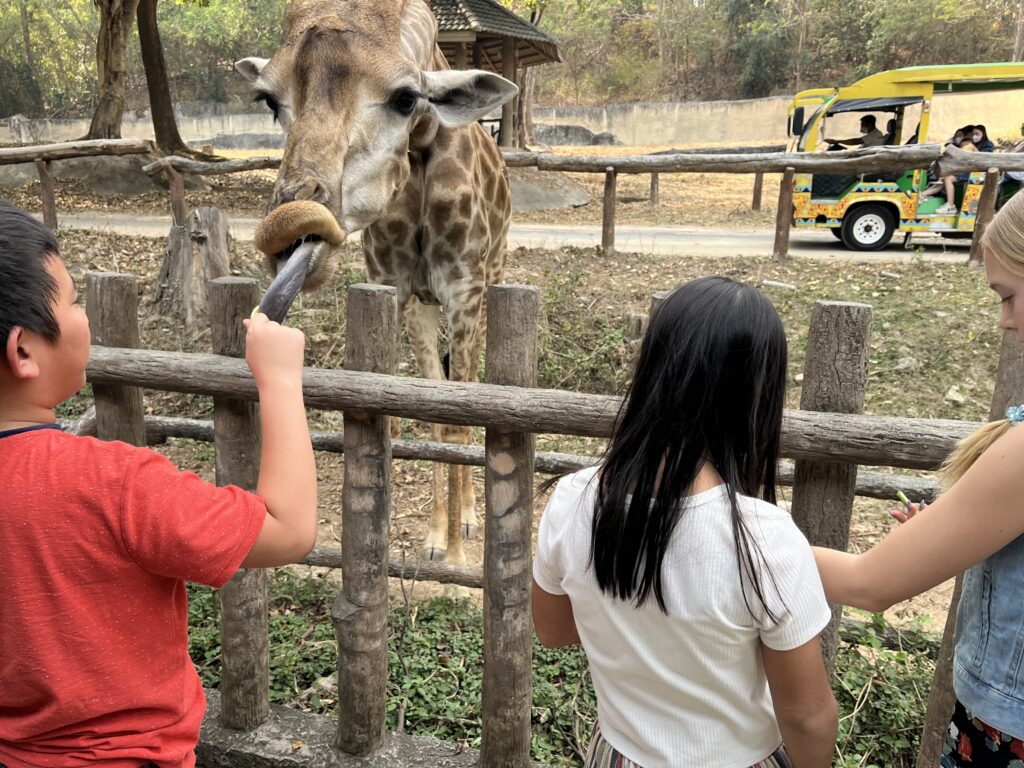
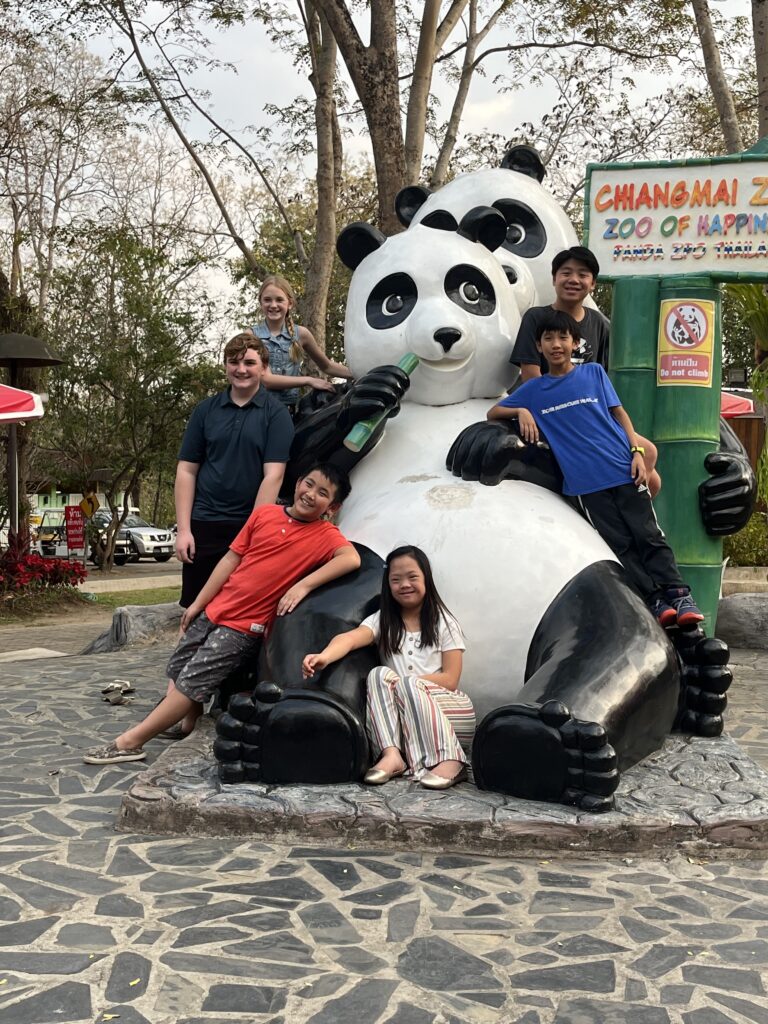
I am really happy we live in Thailand now because my dad is helping ZOE stop child trafficking. I think my dad is doing what God made him to do. I want to support him and do what I can do to help raise money for ZOE so that we can give help to the kids who have been trafficked. My heart makes me feel like I want to help and give them a normal life again, because after being trafficked it would be hard.
THE END
-
How to Spot a Monster
I’ve often wondered with regards to human trafficking, “How do you measure the effectiveness of prevention?” It seems as if there is no metric to know if efforts on the front end have prevented the feared atrocity from occurring in the first place.
On a prevention outreach near the Myanmar border a few months ago, I witnessed first-hand encouraging evidence of the ZOE Prevention Team’s effectiveness at stopping a horror before it begun. In front of an audience nearing a thousand refugee children, The Prevention Team performed a powerful drama. Absent any dialogue, the play showcased how children are often lured into human trafficking and the many subsequent forms of exploitation.

The story began with three happy siblings enjoying their family when tragedy befell their father, now no longer able to care for his children. On stage arrived a well-dressed couple, clearly appearing at a higher socio-economic level than both the pretend children on stage, as well as the actual children in the crowd. The audience vocally cheered at the arrival of these well-to-do folks on stage who appeared as reputable heroes to the tragedy-stricken siblings. The siblings left with the well-dressed duo, in hopes of a future filled with opportunity.
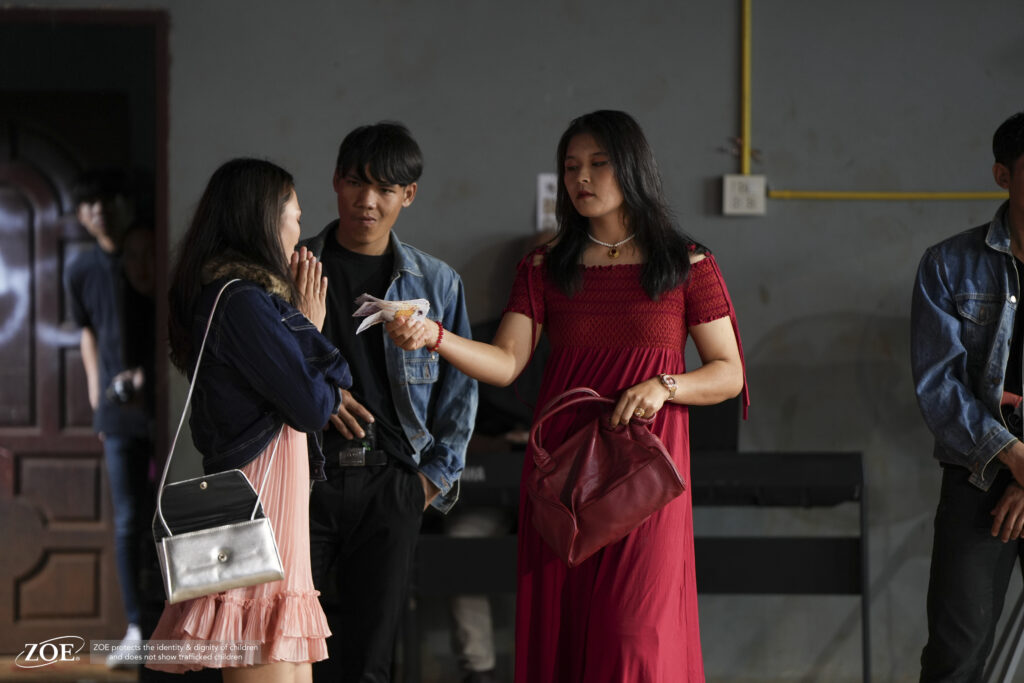
Unbeknownst to the siblings, the couple were paid for introducing the crestfallen kids to an elegant woman in a beautiful, bright-red dress. With make-up, high heels, bundles of cash, and poise, she entered the stage to roaring applause and cheers from the audience. Her presence, demeanor, and attire conveyed power, wealth, and sophistication; attributes seemingly unattainable to the children in the crowd. As the story unfolded, the woman in the red dress was revealed to be not the hero the audience expected, but rather a beautifully dressed monster in disguise. She sold one of the sisters into sexual slavery. The brother was forced into hard labor. The other sister had her eye’s removed for black-market organ sales, was beaten, and forced to beg for money on the street.
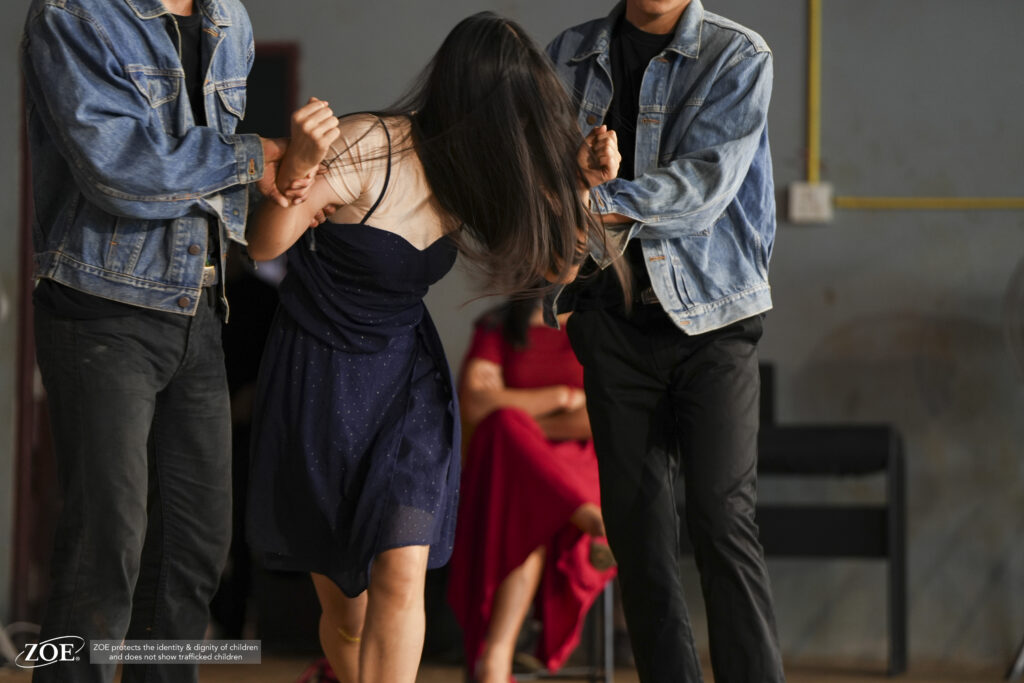
It was an emotionally powerful story. While it is a fictional depiction of the real-life terrors experienced in human trafficking, none of it was exaggerated. As powerful as the drama was for me, the most memorable part was the shift in reaction from the audience. The children in the crowd were incredibly poor. Their lives have been devastated by war, poverty, brokenness, and difficulty. Tragically, pain and hardship are much of all they know. Seeing the classy, well dressed, and sophisticated actors on stage garnered an immediate reaction of ovation and approval. But as the story unfolded, the true character and motivations of those face-value heroes was unveiled and the audience’s adulations diminished. Their former applause turned to silence. Their cheers switched to gasps. Children looked away and others covered their mouths in astonishment. The apparent heroes were the actual villains. I was able to watch these children recognize there was more than meets the eye.
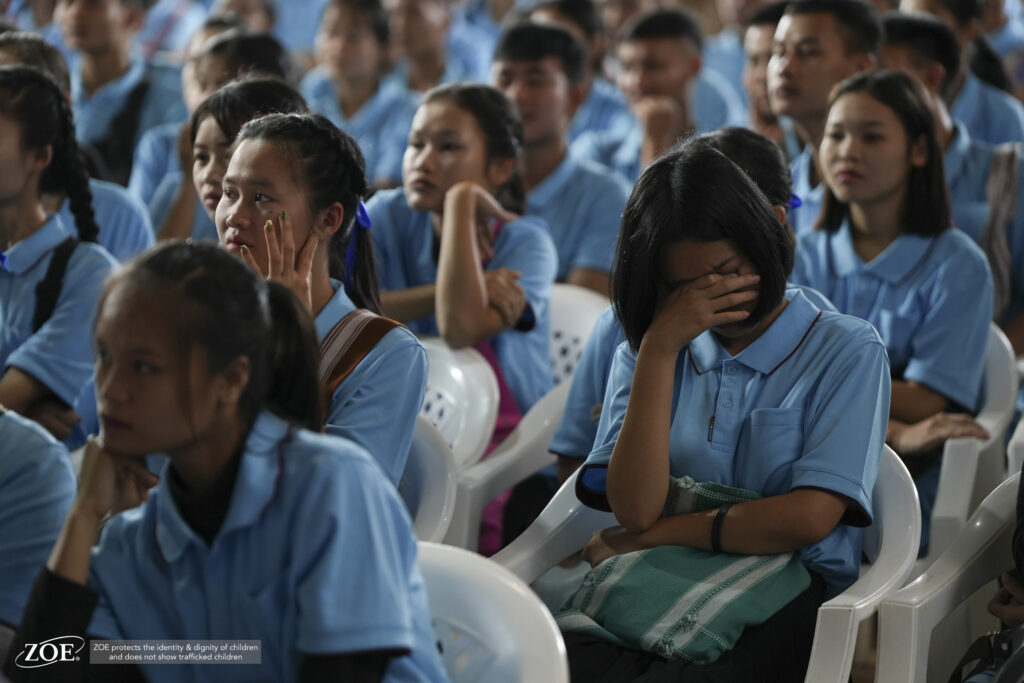
The truth remains, it is incredibly difficult to objectively measure the effectiveness of prevention. But if what I witnessed was any indication, those school children are now far more aware of the real-life predators actively looking for them, seeking to cause harm and destruction, desiring to take advantage of their innocence.
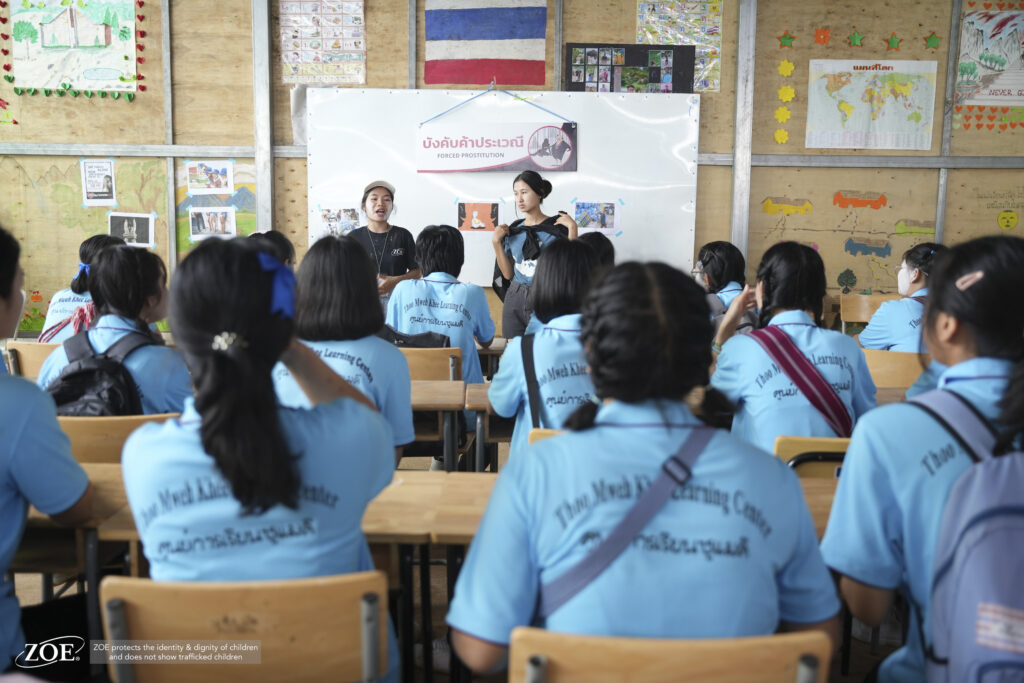
The rest of the outreach was filled with fun training, resources and techniques to help keep those kids safe. As the adage goes, an ounce of prevention is worth more than a pound of cure.
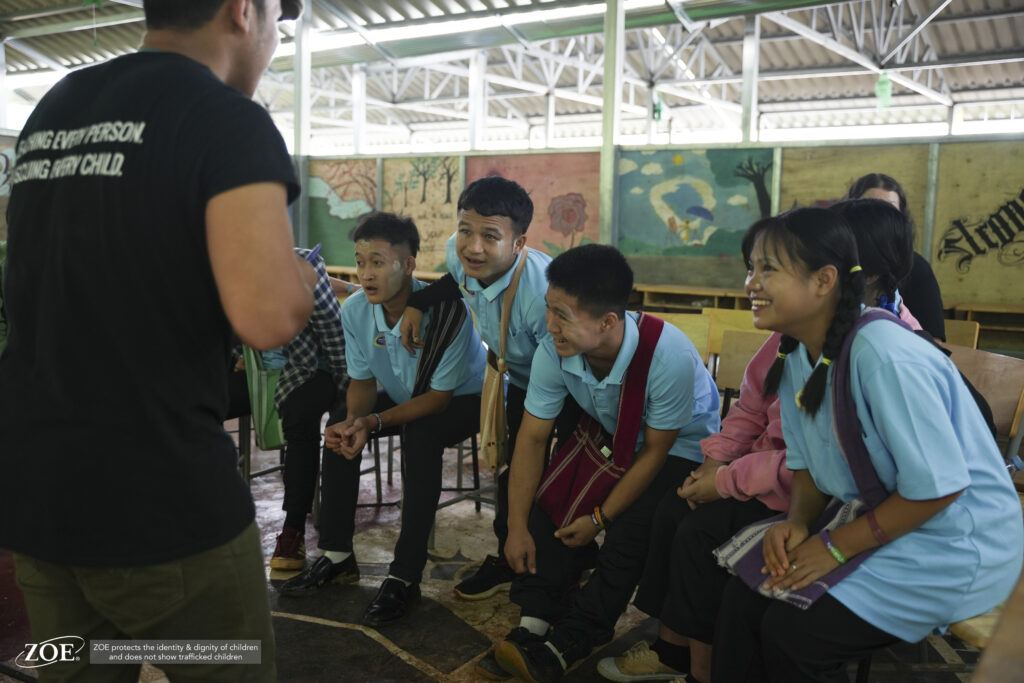
Helping these kids navigate life with the cards they’ve been dealt is worth all our efforts and attention, while simultaneously praying they’re never in a position requiring rescue.
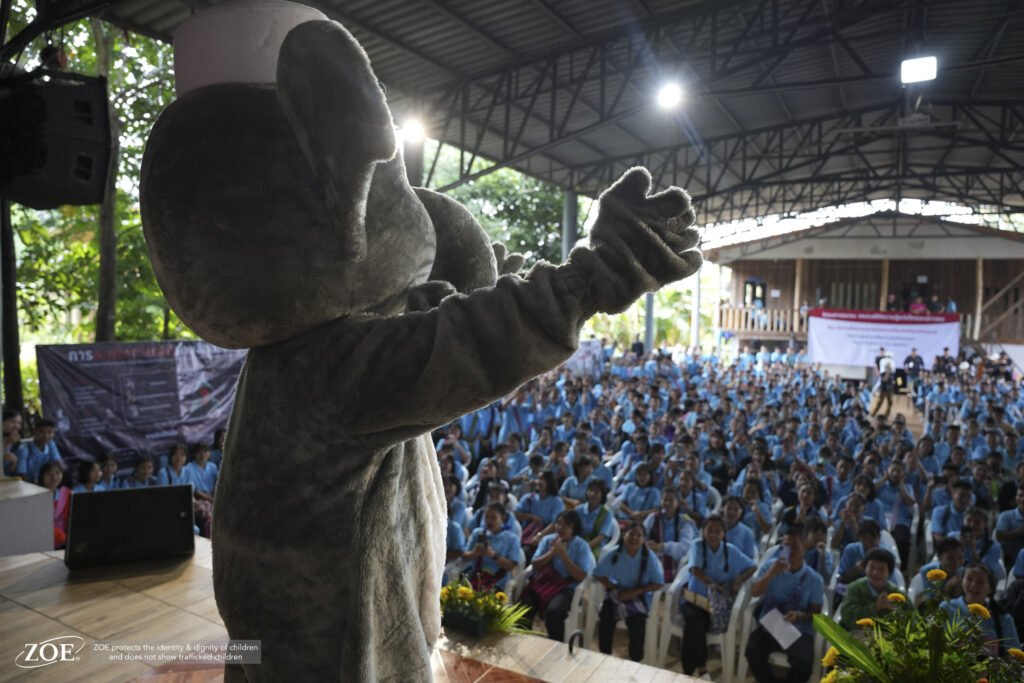
-
Simple Joys, Learning from the Birds.
We have an Acerola Cherry Tree. We didn’t plant it. We didn’t know it produced fruit. When it did, we had no idea what fruit it was. Thanks be to google, we now know our home to be equipped with an Acerola Cherry Tree.
They aren’t like any other cherry I’ve ever tasted. Somewhere between the flavor of a tart peach and maybe a crabapple crossed with a grape, yet with the texture of a soft plum, shrouding three triangular seeds, and encased in a vibrant red color, these little delights are delicious to snack on. I often grab a handful whenever I see their spectacular reds contrasting against the even toned green leaves surrounding them like ornaments on a decorated Christmas tree.
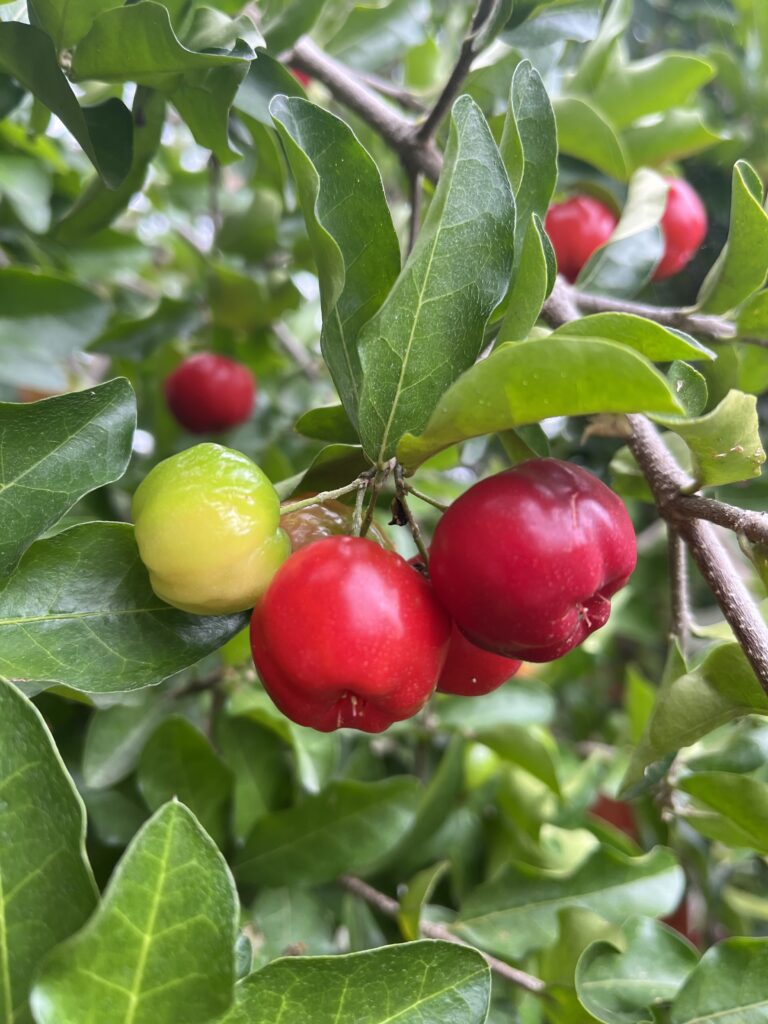
I dove into the depths of the interwebs, trying to identify this mysterious fruit tree in our front yard. Not quite a cherry, but also not a crab apple, how does one begin to search when the identity is difficult to describe? But google didn’t let me down. I learned some impressive facts about these little beauties. The Acerola Cherry is PACKED with Vitamin C. One cup of these sweet nuggets has the same amount of Vitamin C as THIRTY cups of oranges. Take that Florida! They also have a significant amount of antioxidants to help ward off….er….oxidants.
The little factoid that I didn’t expect was their shelf life. They last maybe two or three days being the reason you probably won’t ever see them in a store. A couple days. That’s it. I thought it was the birds stealing my snacks, but the reality is, those cherries just need to be eaten when you see them. You mustn’t wait or you’ll miss out. Maybe the birds know that too as I’ve seen plenty of red in the morning and not a cherry to be found in the afternoon. While that seems depressing, the reality is, this tree continually produces more and more cherries. I’ve picked the tree clean one day and harvested a heaping bowlful the next afternoon.
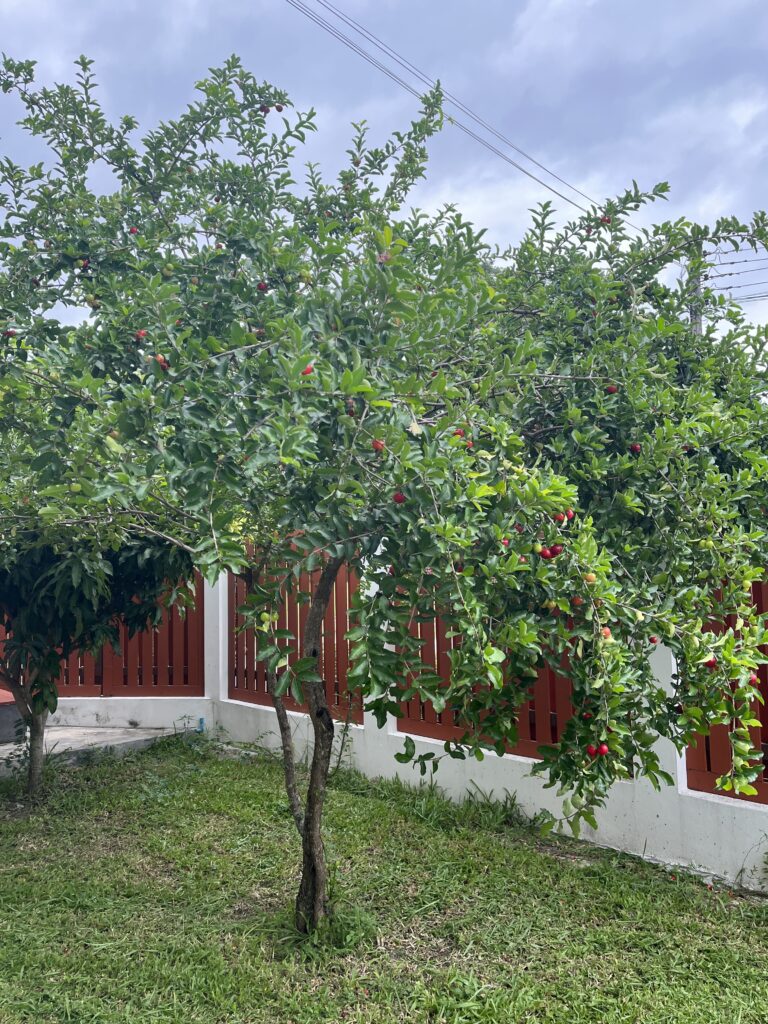
Having grown up on the heart of farm and ranch country, I’m all too familiar with the cycle of planting, tending, harvesting and canning. Harvest comes but once a year. A late frost, a stray hail storm, heavy rains, droughts, and the like, all drastically impact that one time of year where all hands are on deck to collect and store the bounty so we can enjoy it until next year. A continually producing tree seems more reminiscent of the Garden of Eden than anything I’m familiar with from my past.
When the Israelites meandered through the desert, the Good Lord provided daily manna (keyword: daily). They collected in the morning, enjoyed it through the afternoon and started the process again the following day. Some Israelites didn’t like the idea of a daily harvest. Apparently it’s too much work. Being lazy-minded yet disguised as prudence, some tried to store several days worth only to discover the manna didn’t keep. Maggots and worms rotted the daily bread, requiring the chosen folks to make a choice every day: harvest and eat, or sleep in and starve.
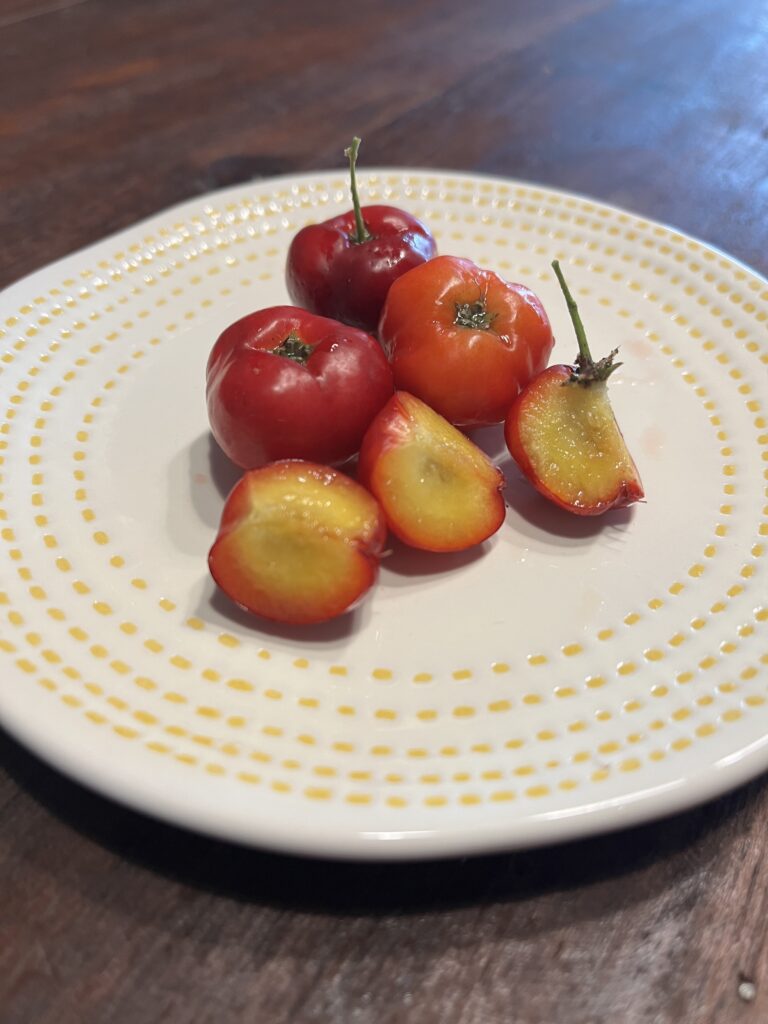
The parallels between mysterious manna and my mysterious cherry-like fruit are readily at hand. The Lord provides daily. And like those “prudent” Israelites, I can dupe myself into thinking I can get my fill of Jesus in bountiful harvests to last me through the week, month, or year. The reality, however, is Jesus is my DAILY bread (daily cherries). His unique flavor, subtle yet contrasting beauty, and necessary nutrition are experienced daily. As good as flavor can be, it is a fleeting experience. Once it’s gone, it’s gone. To experience the nuance, depth, and specific characteristics of any flavor, one must consume the food again to relish in the experience.
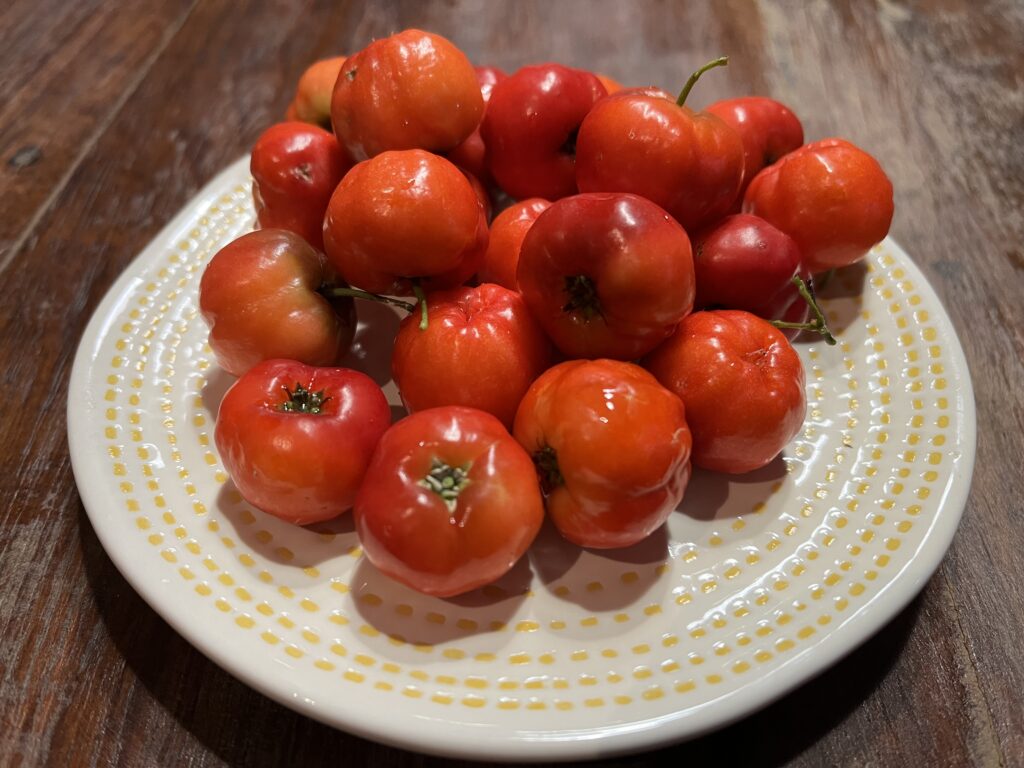
Jesus is all around me, inviting me to partake in his simple joys. Those subtle flavors of His goodness, His mercy, His grace, joy, love, peace, and tenderness are best experienced daily rather than periods of abundance and famine.
I’m okay sharing with the birds. God feeds them daily too. Why shouldn’t we both eat from a life giving tree? Maybe my winged friends know more about daily bread than I do.
-
Temple Run
We wanted to learn more about Buddhism so we went to a temple. The temple we went to was called Wat Phra That Doi Suthep. This is what we saw. First, we had to go up a mountain. Then, when we got to the temple there was a market with Buddha souvenirs.
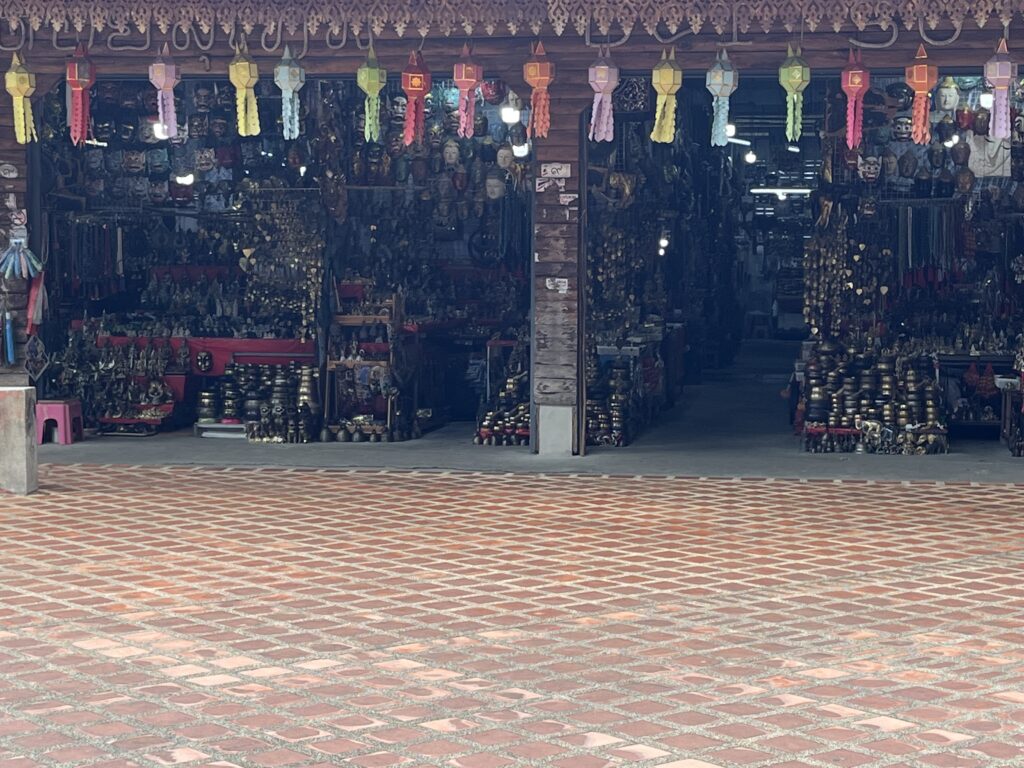
We had to walk up lots and lots of stairs and we saw butterflies and stuff. Also there where dragons made of tile.
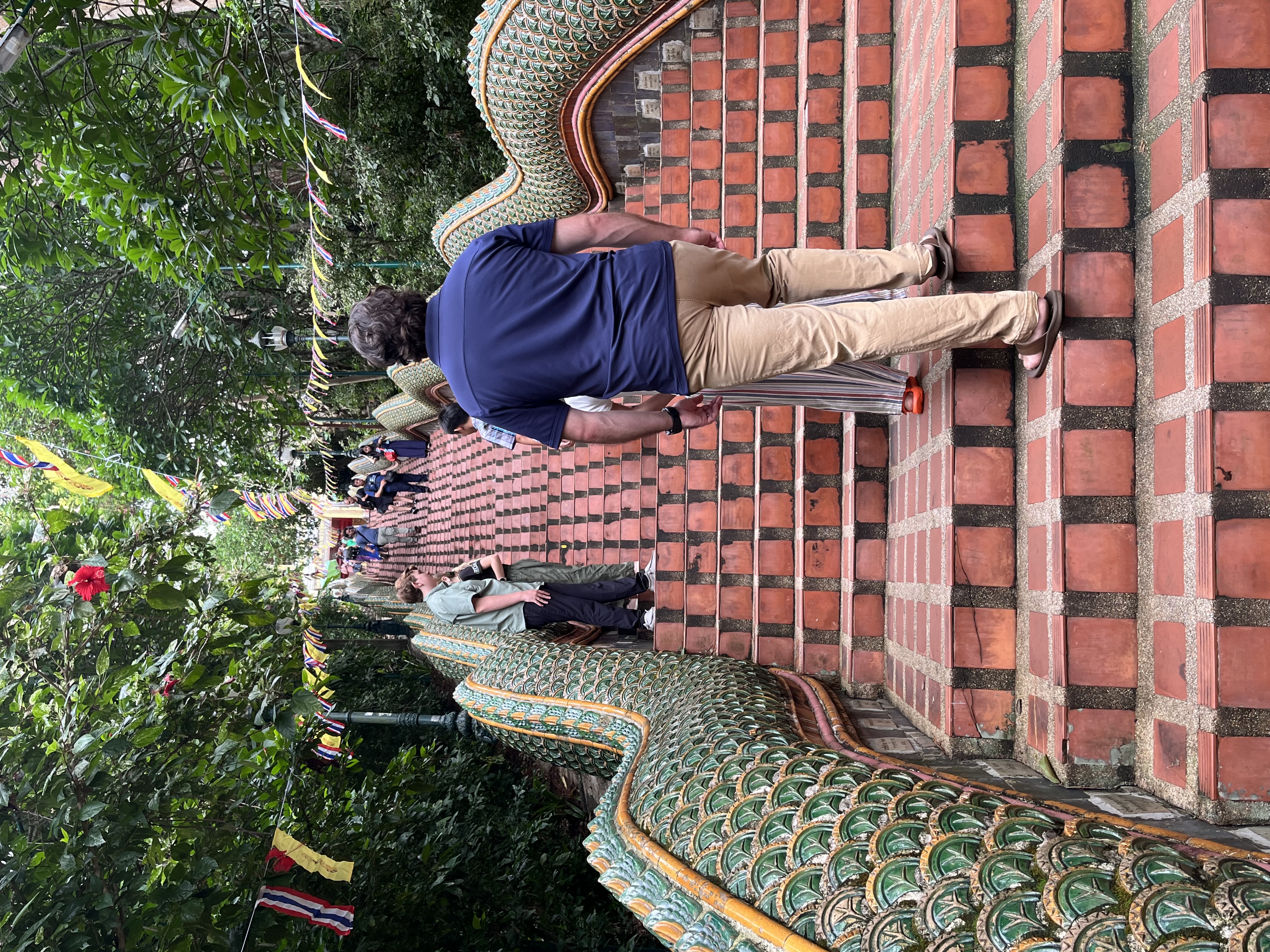
Inside the temple, there were lots of statues, spirit houses, and things made of gold.
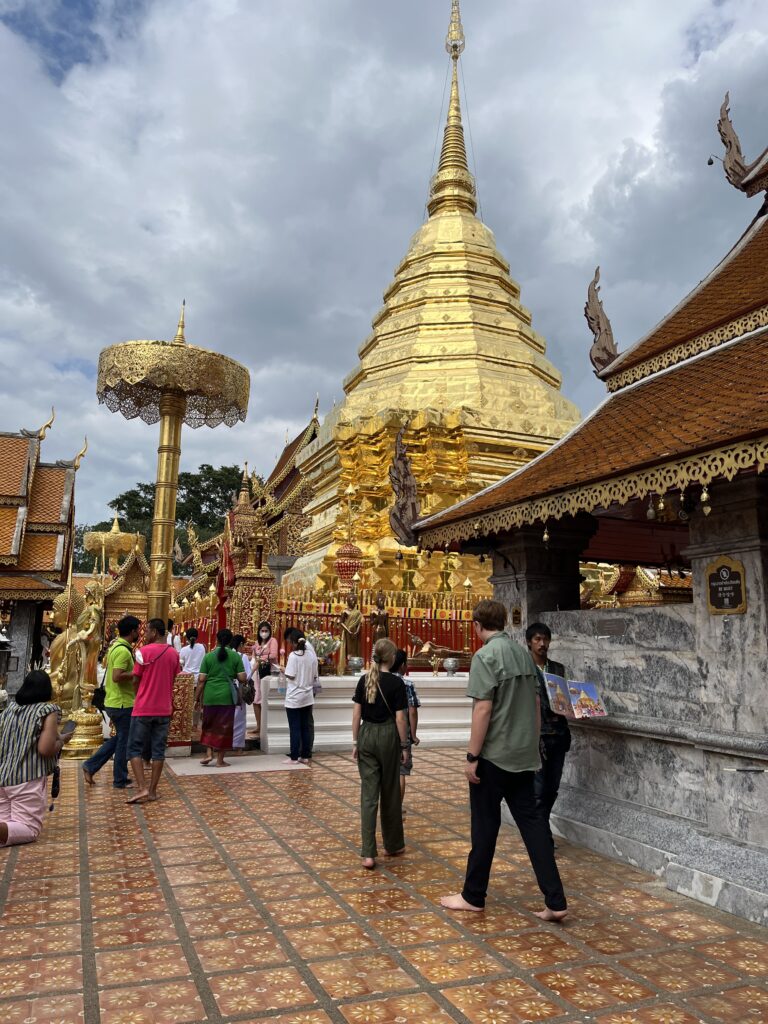
People were bowing down and burning incense. There were monks who were bald and wore orange robes. We have seen monks quite a lot at markets or walking on the side of the road. The monks at the temple seemed older than the ones that we have seen before and their robes seemed to be more of a bright orange color.
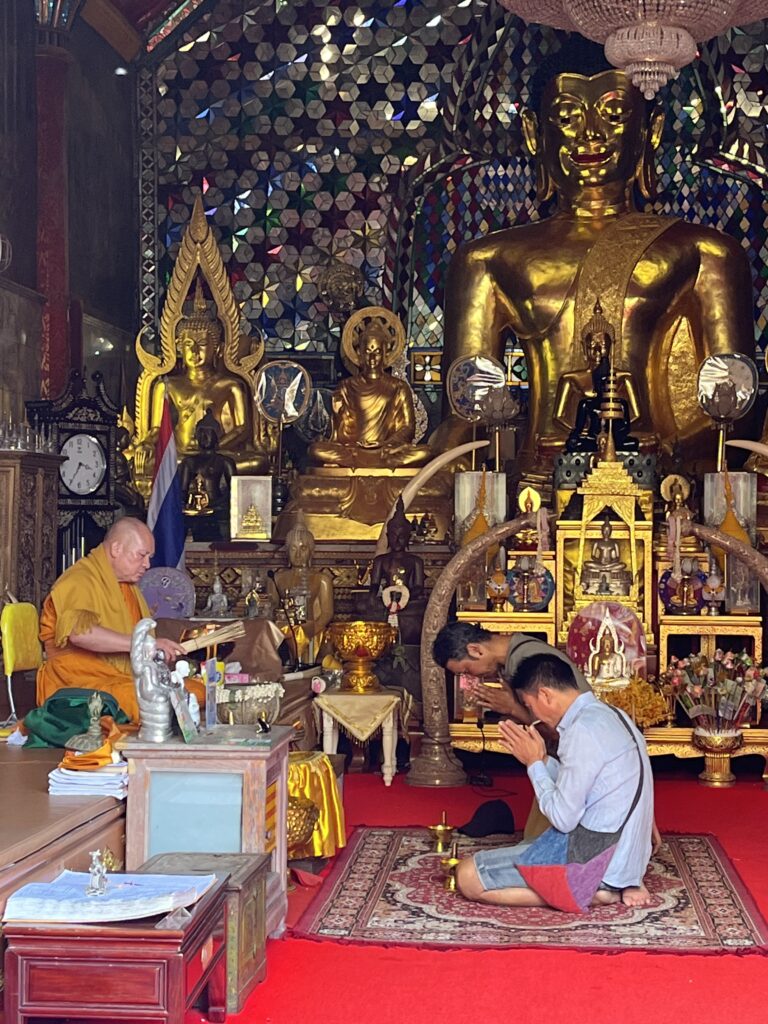
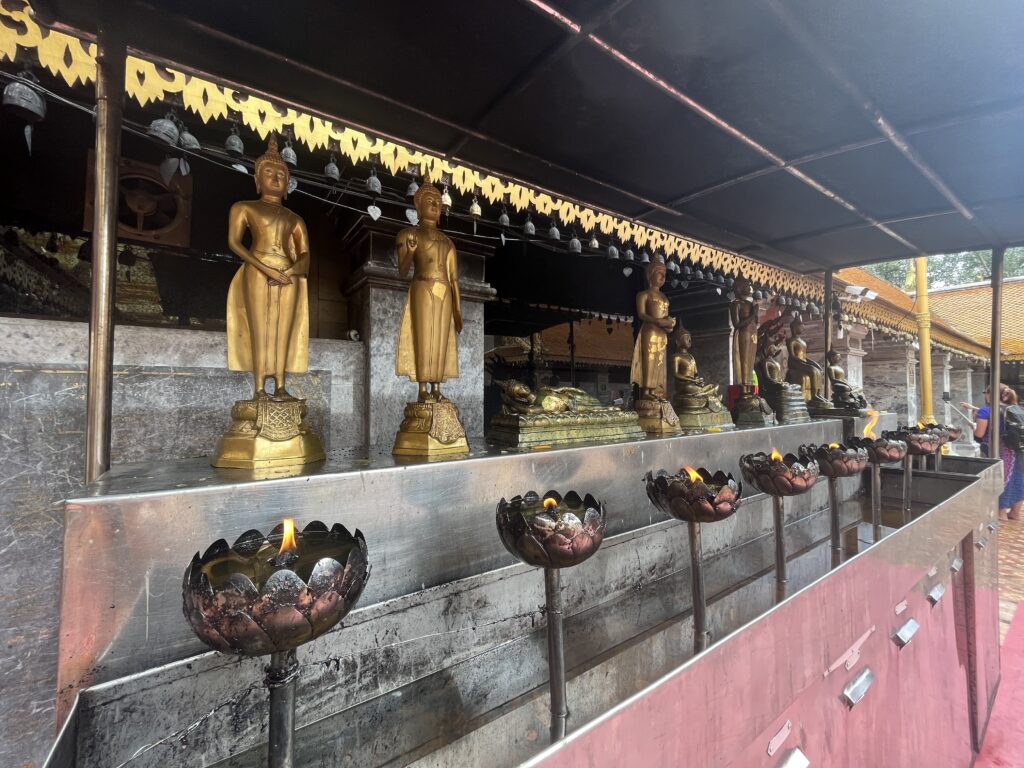
The Bible tells us we should not worship idols. I have never seen anyone worship an idol before, but now I have. I am glad I do not worship Buddha or a Buddha statue, partly because I would not like to go up those stairs every time, but mostly because God made Buddha. Buddha is a mere man who died.
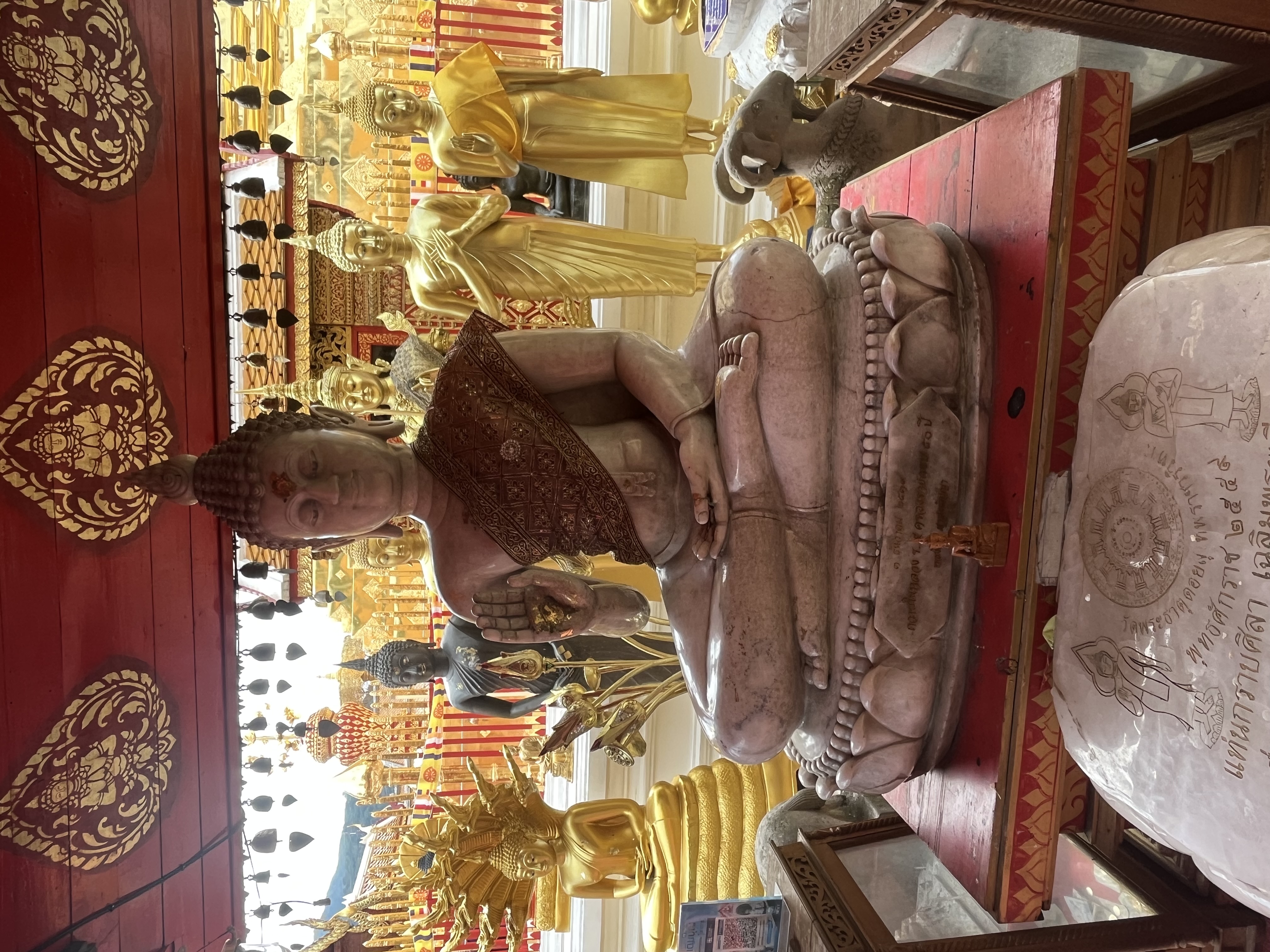
My favorite color is green, so I thought the buddha statue made out of jade was pretty cool.
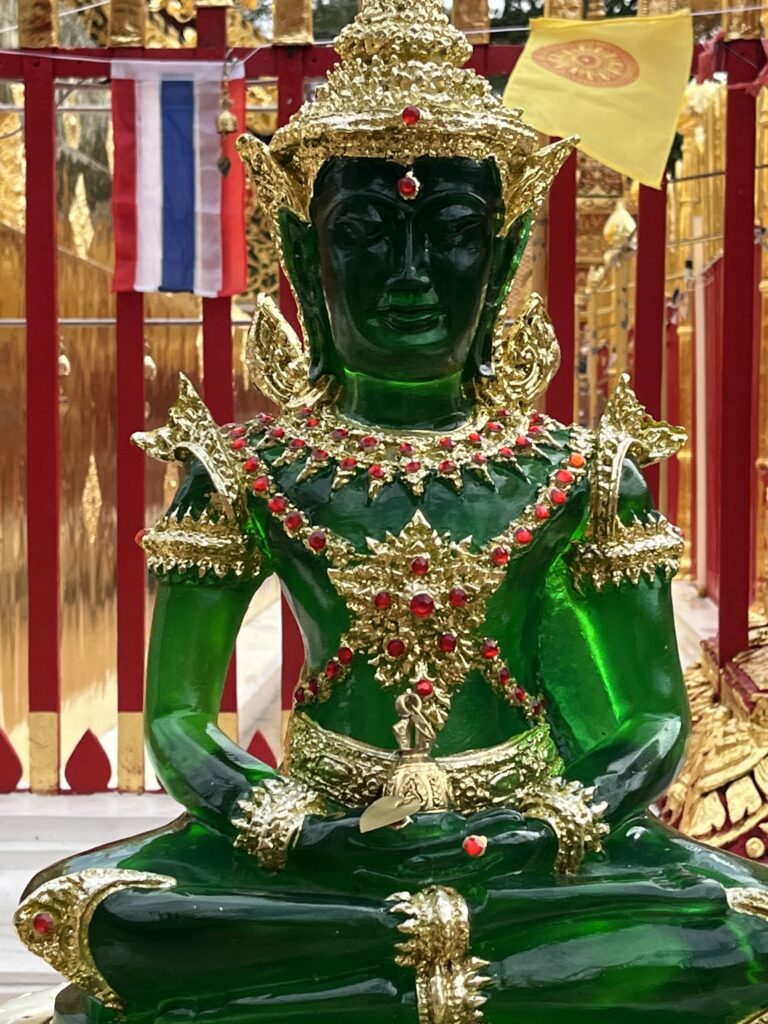
I remember hearing the church bells ring at my home in America. They did not have church bells, but they did have a really big gong at the temple.
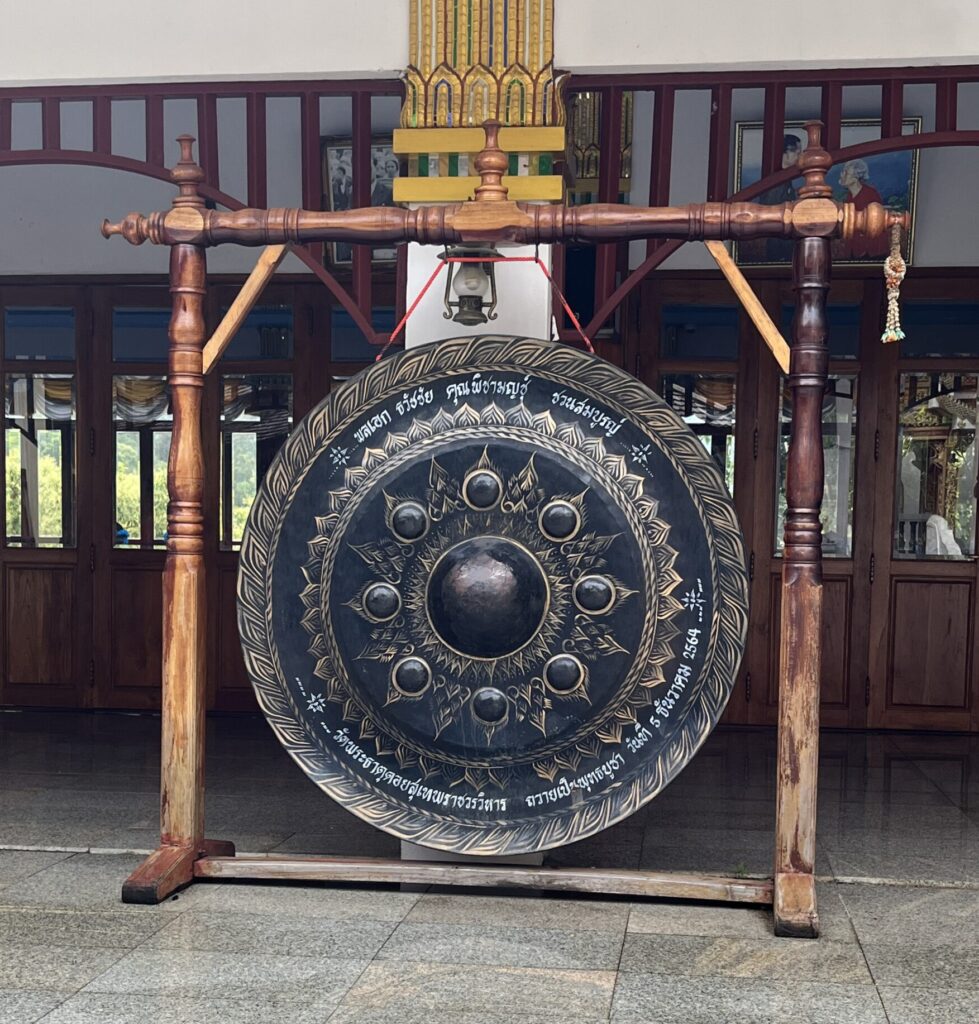
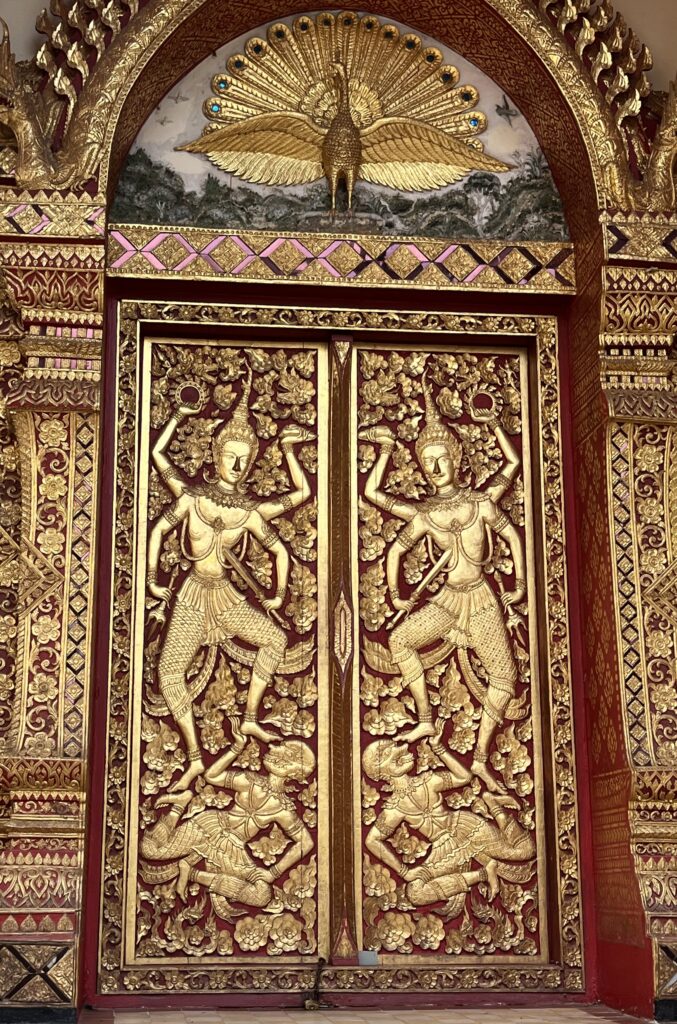
There was a platform that gave a really good view of Chiang Mai and we saw a rainbow because it was raining. We liked to watch airplanes fly by since we could see the airport.
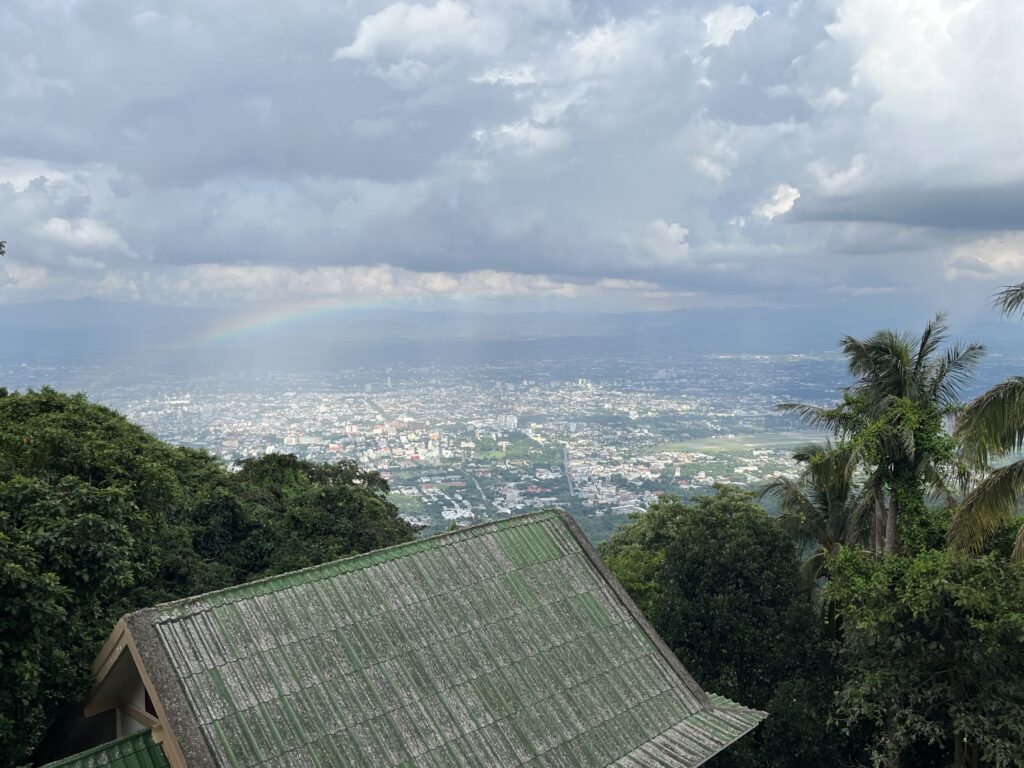
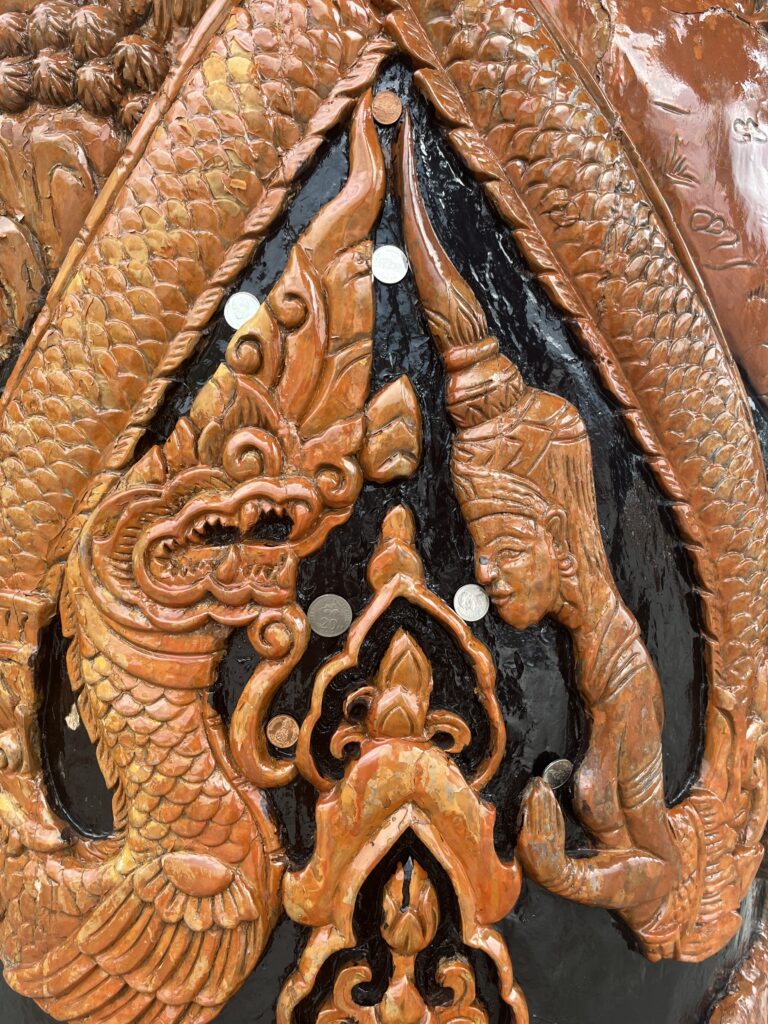
When we were done, we went back down all the stairs and drove on to our next adventure.
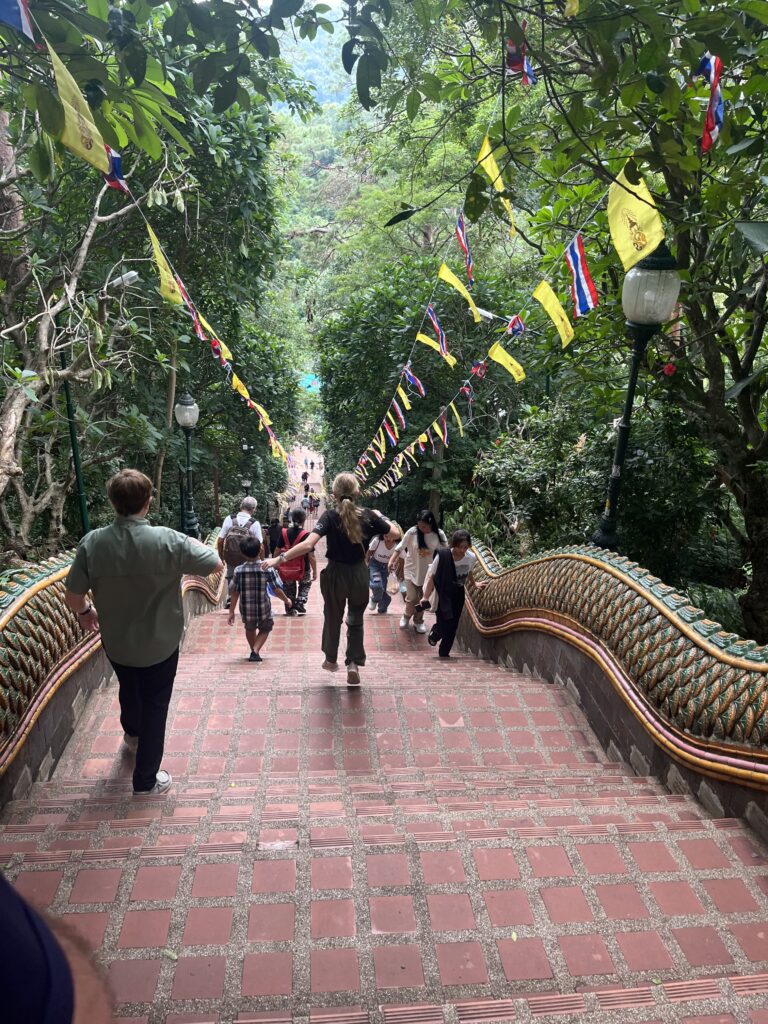
I might not agree with all the things that the monks at the temple believed in, but I still really liked to see it. I think you should know about it, too, because then you can get some idea of what Thai culture is.
-
Crazy Cool Fruits (Part 1)
In Thailand you can go to a market and you’ll see soooooooo many fruits that you never even knew existed! There are mangosteens, rambutans, guava, durian, and soo many more. Let me show you some!
Mangosteen
This might be my FAVORITE fruit ever! It is called a mangosteen. It’s very dark purple on the outside but a pearl white on the inside. You know if it is good if the peel is a little bit squishy. And to open it all you have to do is gently squeeze until the peel cracks open and then peel the rest of the peel off and enjoy! It tastes so good and sweet and unlike any thing else! Also you will notice here that mangosteens are not allowed in hotels because they stain really bad.
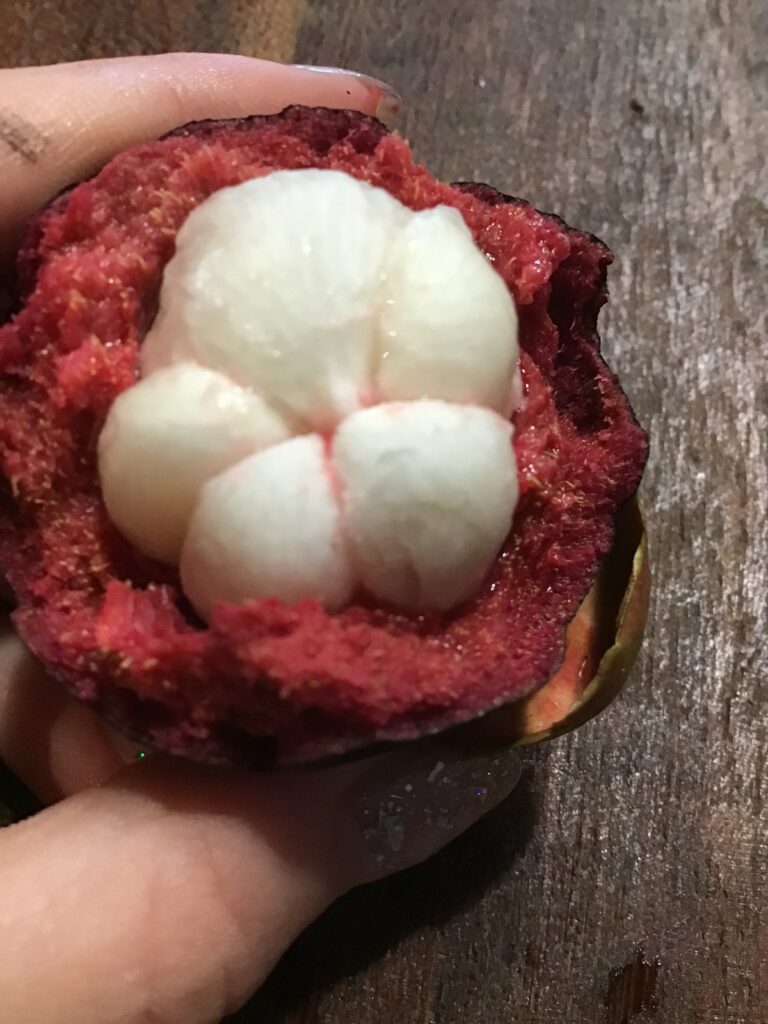
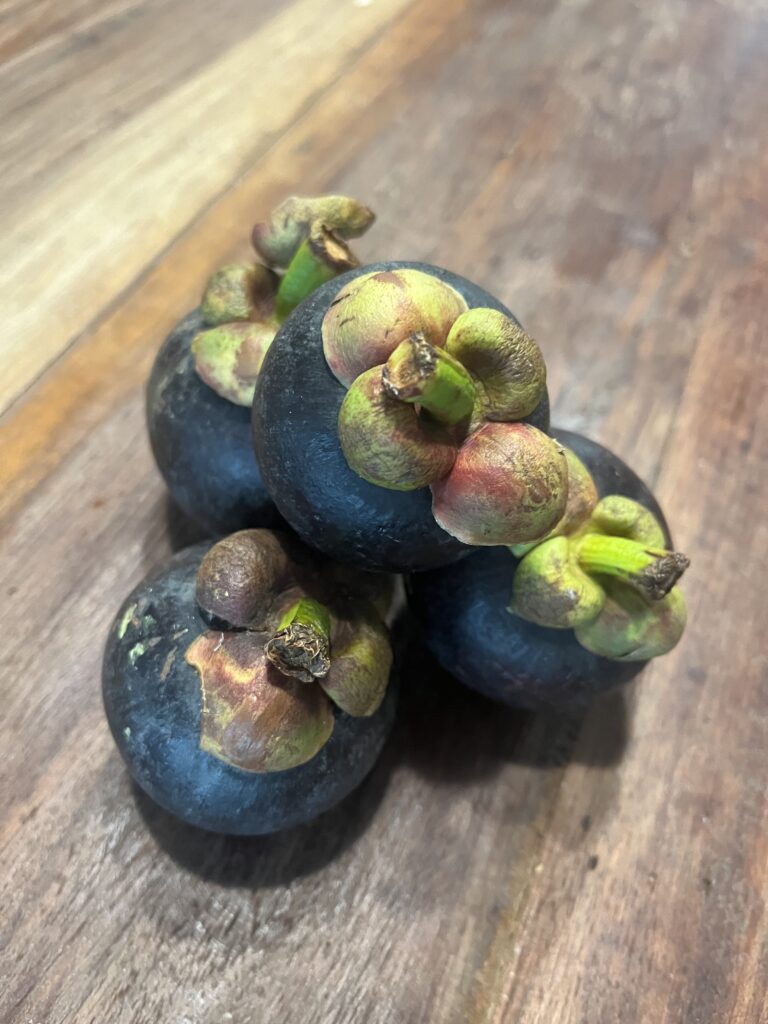
Guava
This might be my SECOND favorite fruit! 🙂 It is called guava. I only like a certain kind of guava that I like to call neon guava. I call it neon gave because they take the guava and dip it in some sweet juice that gives it a neon green color and makes it sweet! The seeds look kinda like teeth lol and really hurt your teeth if you bite them. I really like the flavor but I don’t know how to explain it. I guess you’ll just have to come here and find out 😏
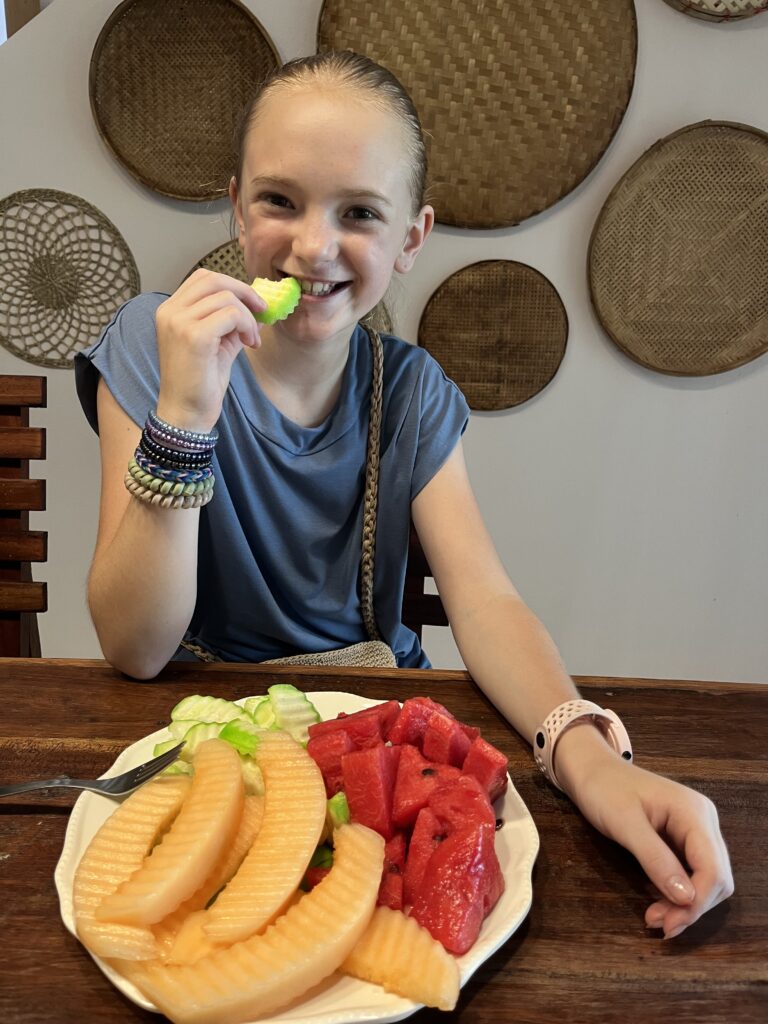
I’m sure you’ve had watermelon and cantaloupe but the one I’m eating in this picture is guava.
Durian
Next up is durian. Durian also isn’t allowed a hotels because it smells like dirty socks that got puked up by a skunk and it tastes even worse. To learn more about it, go to Josiahs post about stinkfruit.
Rambutan
Have you ever heard of a rambutan? it is a red fruit with what looks like grass growing out if it. It does not have much flavor, but the flavor that it does have is really sweet and delicious! You open it a lot like you open a mangosteen. But the redder the better!
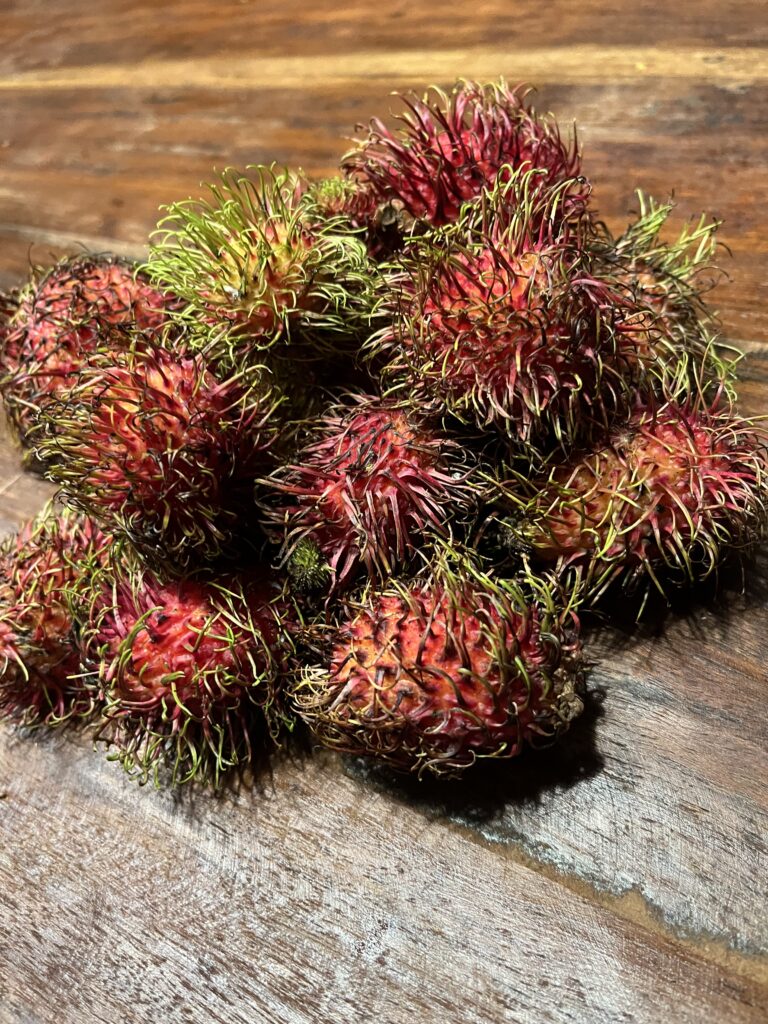
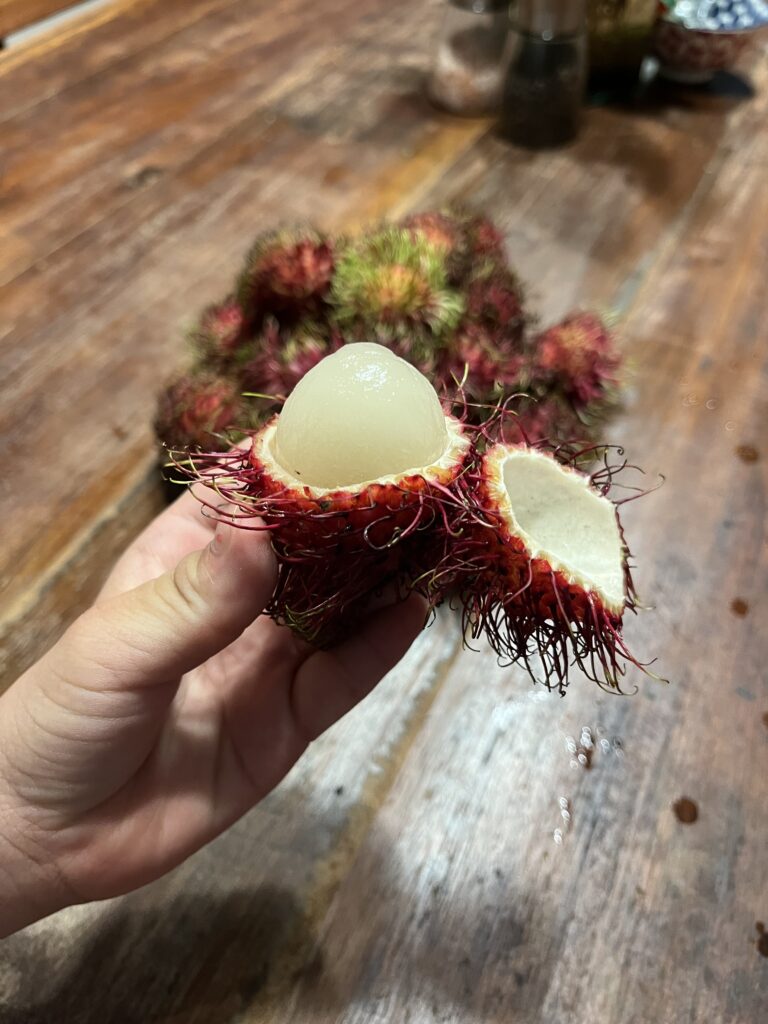
Which of these fruit would you try?
-
100 Flavors
A little while back we went on a little family trip to Doi Suthep, the biggest mountain in Chiang Mai, right after church. We drove up the windy roads all the way to the temple on top, making a few stops at the markets and towns along the way. The temple was huge. After climbing a ton of stairs, we were high enough to watch planes land and take off from the airport below us. There were souvenir shops and coffee shops and restaurants and great view points all the way up and down the mountain. We ate dinner at Beast Burger, which has the best burgers we have had since we moved. But my favorite part of the trip by far was 100 Flavors.
Our Thai Teacher recommended this little place and it sounded fun. We had it for dessert after our burgers. We found it in a back alley road in a crowded area of town. It wasn’t very big but it was nice and clean. As soon as we walked in we saw four freezers with dozens of flavors. A man was standing right by this big sliding door with the pictures and names of several different flavors that this place has made.
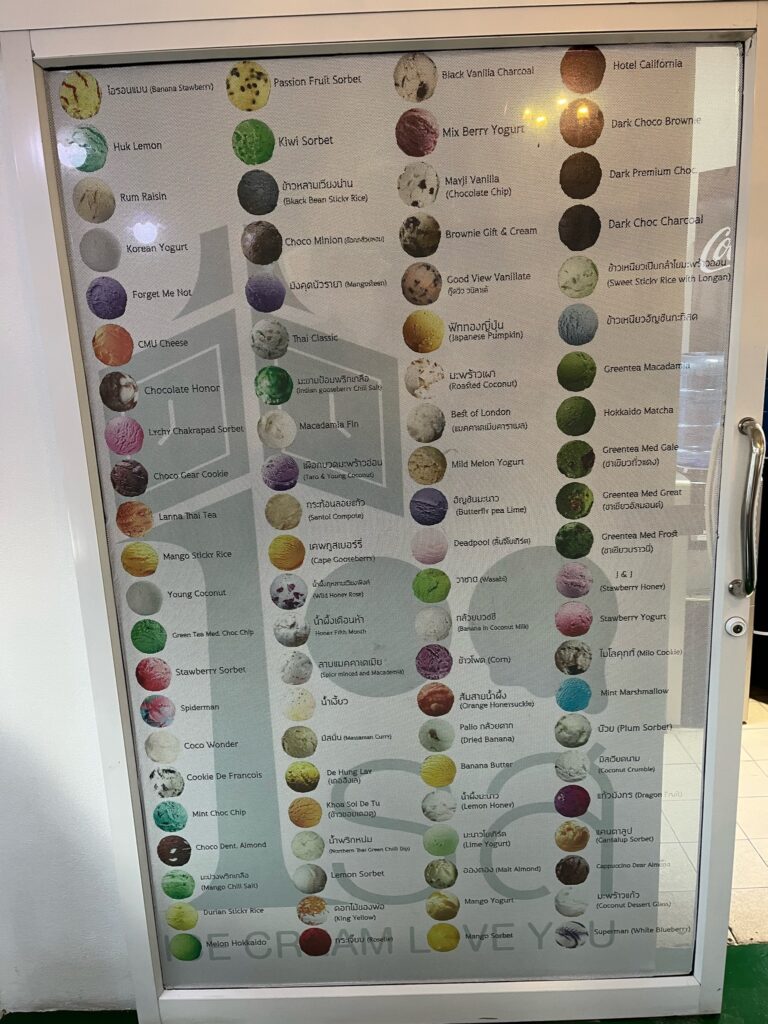
The man told us there were around ninety flavors available and told us a little about the flavors. There are three different categories of flavors: sweet and creamy, sorbet, and savory. The sweet and creamy is what you think of when you hear ice cream. That is where you get your basic vanilla and chocolate (though they didn’t have anything so plain as vanilla or chocolate). The sorbet is the sour fruit flavors like raspberry, lemon, and blackberry (though they didn’t have anything so plain as raspberry, lemon, or blackberry either). And the savory is where you get your savory and spicy like Khao Soi (spicy noodle soup), or Pad Gra Pow (spicy ground pork and basil), or ramen (they did have these flavors). He also told us that this place has created well over 1,000 flavors of frozen cream.
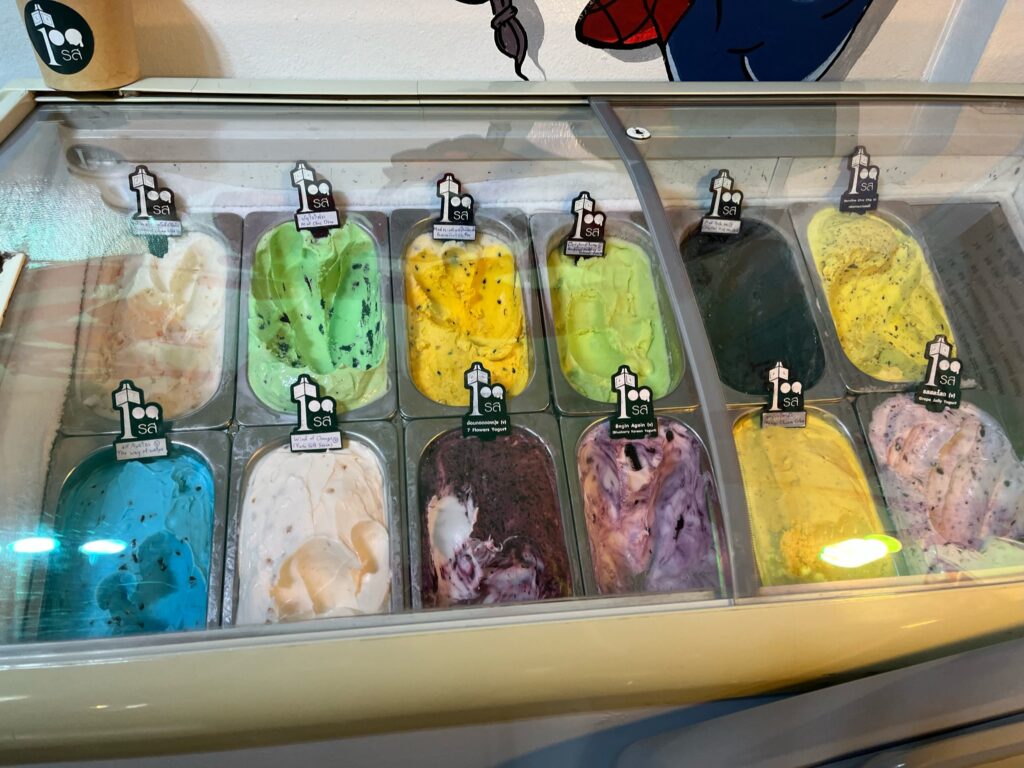
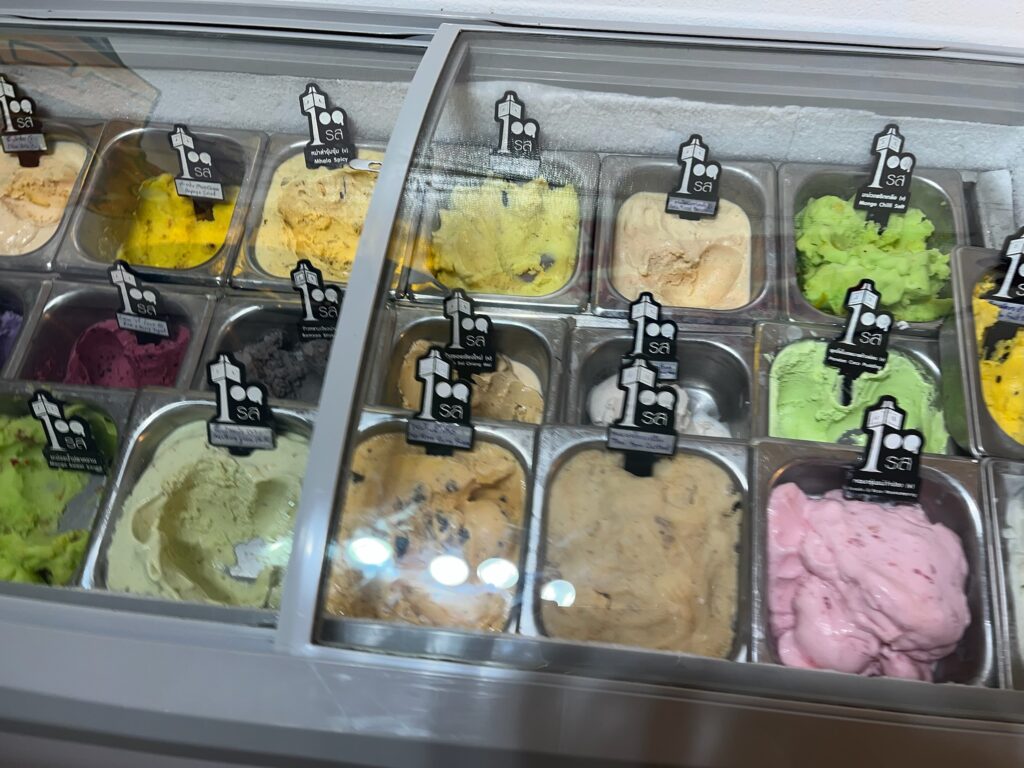
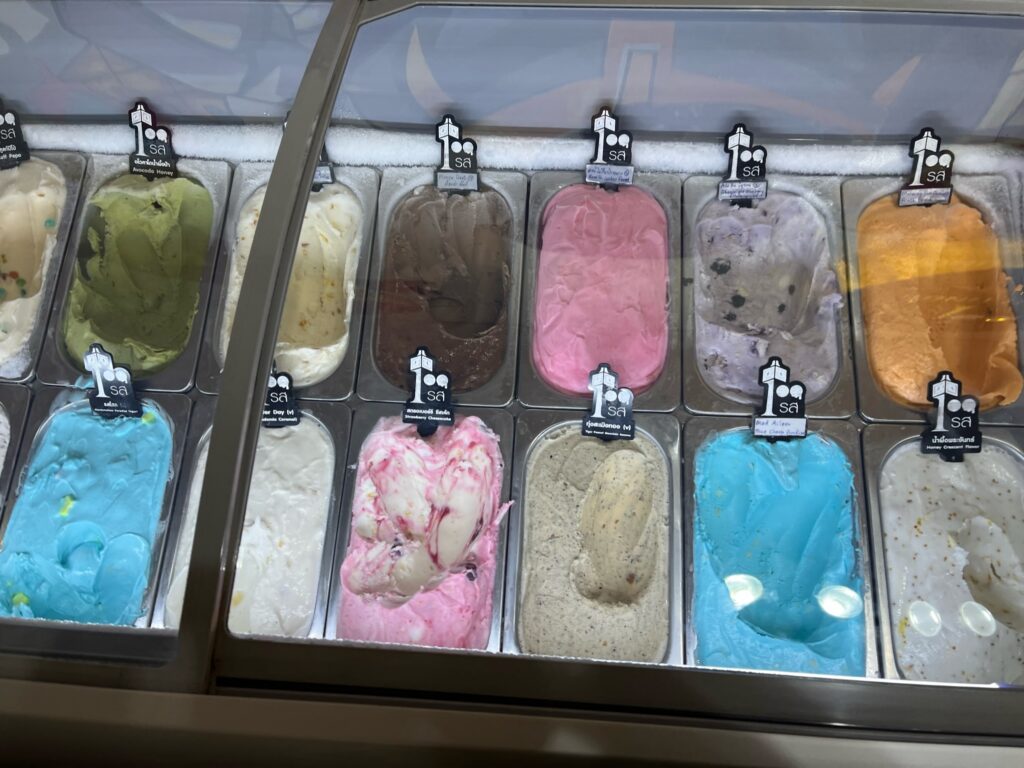
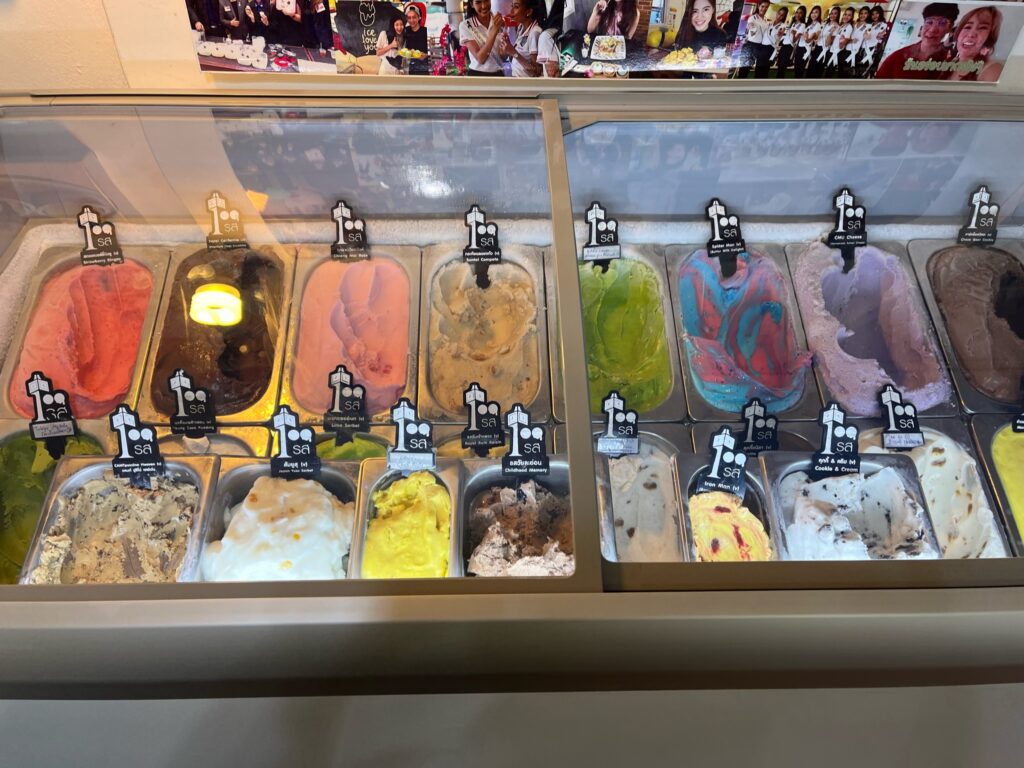
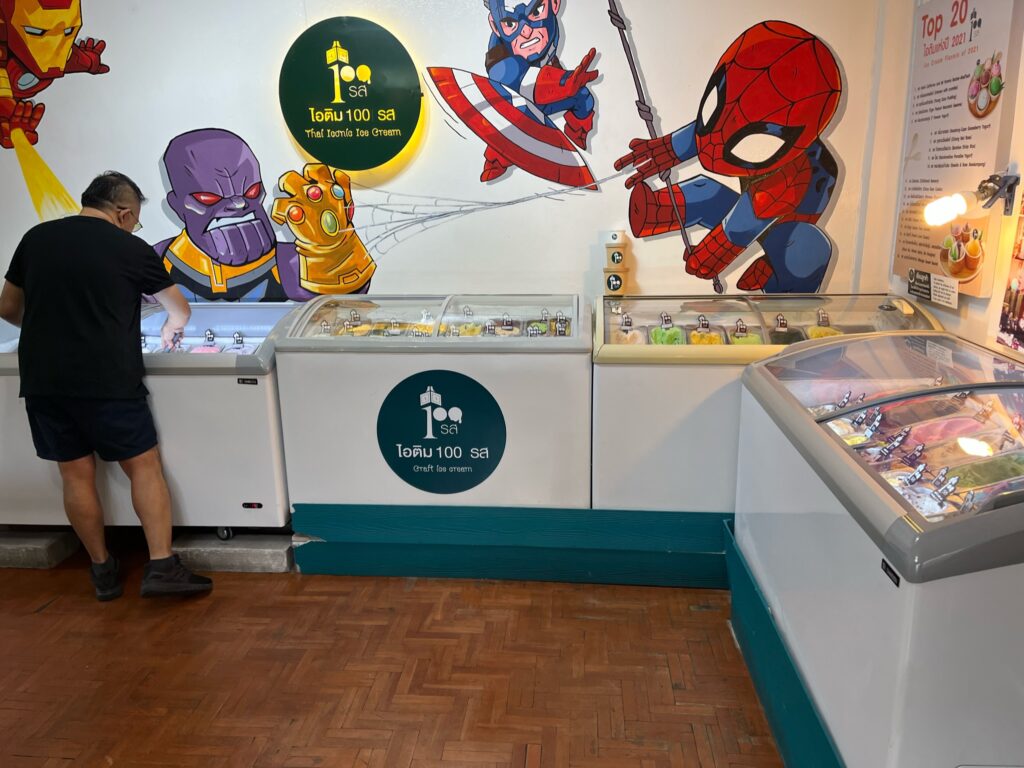
We got a family pack of 15 different flavors but they gave us two free flavors as well, so we tried 17 different flavors. We all had our favorites and we could agree for the most part what flavors were worth coming again and what were “steer clear.” There were too many flavors to recall but my favorites were Charcoal Mint Chocolate Chip, Seven Flowers Sorbet, Cappuccino, Mocha, and a couple more on the tip of my tongue. This was my second time having charcoal ice cream and I love it every time. It barely affects the taste, but the color is really cool and it actually has health benefits. And I just love Mint Chocolate Chip. The Seven Flowers Sorbet tasted exactly like sour Berry Bing Su (shaved frozen milk and berry sauce, although there are several different things like chocolate you can use). And the Cappuccino ice cream tasted like Cappuccino ice cream. And the Mocha was almost the same thing but with chocolate. Even though some of the flavors didn’t seem original, they had so many fun flavors like Avatar Way of Water, which was maple syrup and chocolate chip dyed bright blue, and Spider-man, which was Thai buttercream (would not recommend), and so much more. They were almost all delicious.
-
A Little Blue Book With Enormous Privilege
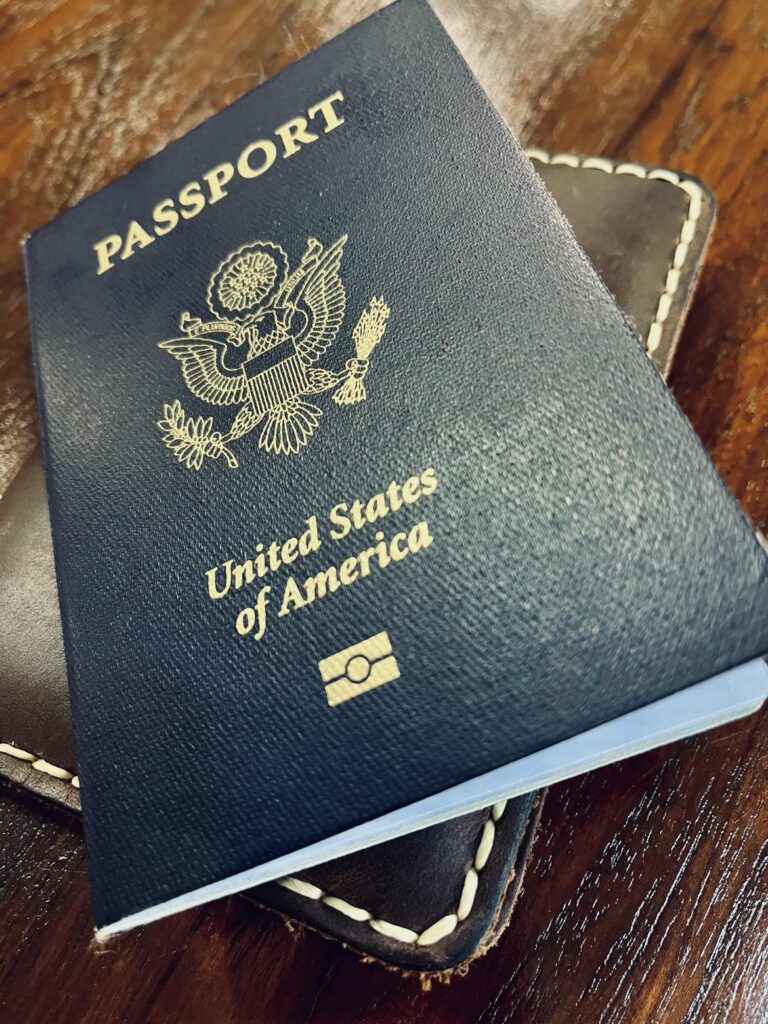
The Passport of the United States of America is in many ways, unremarkable. Sure, it has all sorts of security attributes similar to the American financial currency in an effort to combat counterfeits, but in reality, its nothing more than three and a half by five inches in size, several blank pages, some inspirational and patriotic quotes, personal identifying information, a picture or two and a stiff cover. It isn’t bullet proof. It isn’t fireproof. It isn’t even waterproof. It won’t save your life in the event of a water landing or keep you from unwelcome calls about your vehicles’ extended warranty. It truly is just a little blue book weighing no more than a few ounces. Yet in spite of its physical weight, the weight of privilege that book carries is beyond measure.
For those of us born in the US of A, we typically have very little interaction with our federal government. No matter how much we complain about their action or inaction, we take for granted the significance of being an American by birthright. If any natural born citizen stays within the physical borders of the Land of the Free, there is no reason to need the little blue book of privilege, therefore there are likely millions of Americans who don’t even have one. It is only when leaving the fruited plains and entering a foreign land where that book that can’t be of more significance and value.
Posted clearly on the first page of every US passport under the Great Seal of the United States are the following words:
“The Secretary of State of the United States of America hereby requests all whom it may concern to permit the citizen/national of the United States named herein to pass without delay or hindrance and in case of need to give all lawful aid and protection.”
The words themselves are just a string of letters and spaces. The Great Seal itself is nothing more than some ink and artistry. But what they represent is the full force, power, weight, significance, and dignity of our country. That little blue book that fits in any pocket is backed by the entire worldwide reach and influence of the Red, White, and Blue.
As I find myself now living in a foreign country as a guest of this host nation Thailand, I have spent more time dealing with immigration paperwork, procedures and officials in the past few months than I’ve ever spent in my previous 39 years in America. I’ve stood in line. I’ve waited for my number to be called. All the while praying that my proverbial ducks are in their proper rows in order to be permitted to stay in the Kingdom of Thailand. While the process has been stressful, maddeningly inefficient, chaotic, and at the same time boring, the truth is, I am still a citizen of the United States of America. I have a home country in my pocket and not just any country, the country with the blue passport.
The Kingdom of Thailand has every right to rescind the privilege of residing in their country and as much of a bummer that would be, I could freely return to the USA. Additionally, if I need emergency help while in the Kingdom, I can visit the consulate or embassy of The United States. I am lawfully and rightfully granted access within the walls of the nearby consulate because of my little blue book where any other color book is turned away. The consulate or embassy are just extensions of my home turf. Walking into the consulate is stepping foot onto American soil. The value and power of that book are tremendous, and every foreigner knows the importance of always having their passport accessible, as well as the potential ramifications of misplacing it. That seemingly insignificant book is proof positive of who you are and which country you belong to.
Why is all this important? Because having a country is something I take for granted, especially considering my country is the world’s preeminent superpower. I have started reading the book of Nehemiah alongside the men I work with. Within the first few sentences of the first chapter, Nehemiah is informed by his brother Hanani that their capital city of Jerusalem as been sacked. The walls have been broken down. The city is on fire. At hearing the news, Nehemiah wept for days. For context, Nehemiah is in exile. He is prisoner in a foreign land and has just learned his home country’s capital city ceases to exist. Trying to not just read the printed words on the page but rather attempting to immerse myself into what Nehemiah was experiencing, I’ve tried to comprehend why he would mourn for days. While I would be horrified if Washington DC was sacked, I’m not confident my emotional reaction would be on par with Nehemiah’s response upon learning Jerusalem’s fate. The closest memory I can conjure was the raw nerve exposure and vulnerable feeling I had watching the twin towers collapse on a Tuesday morning in September. Everything I thought I knew about the safety and security of my home country was shattered watching the events unfold on the tv screen.
Where my first-hand experience falls short is that as bad as 9/11 was and the overwhelming emotions that flooded me, I was still within the borders of our great nation. We still had so many aspects of what makes America great available, even while the towers were in rubble and thousands took their last breaths. But Nehemiah’s home country wasn’t the size of modern-day America. Israel is roughly the size of New Jersey. Think if the USA was just the size of New Jersey and the towers were on the other side of the bay in Newark rather than Manhattan. With that in mind, now picture 9/11. Imagine that feeling of exposure. That is the context of Nehemiah.
Nehemiah was more or less a prisoner of war. He was quite literally a prisoner in service of the government that forcibly removed him from his home country. But there was hope that maybe his home was still home. Hanani’s words shatter the little hope Nehemiah might have had. In comparison, the privilege I feel having my passport is because I have a powerful country backing that small blue book in my pocket. Nehemiah didn’t have passport, and even if he did, his country ceased to exist. Without my country, my book is no more than ink and paper, a reminder of former significance. Without the USA being the beacon of freedom for the entire world, my security is no longer secure.
Have you ever thought about the significance of having a country to call home? I personally know people who don’t; they have absolutely no country to claim. Every place on earth makes them at best illegal immigrants and at worse invaders. They have no government to represent or aid them. There is no social safety net. No rights. No protections. Nothing. My blue book carries much more significance than just boarding planes and enduring international flights.
In a few days, it will be my first-time celebrating the Fourth of July without a homefield advantage. Independence Day takes on a new significance for me. The circumstances are reminiscent of a tree and branches. We now live out on the tip of a proverbial branch, far from the security of the mighty trunk, and ever mindful of the terrifying ease at which we can be cut off. Trees can live without a few branches, but branches can’t live without the tree. Makes me think of another pertinent analogy told about vines and branches. Guess that will be a topic and post for another day.
In an effort to bring this thought train to station, enjoy your Independence Day. Celebrate it with friends, family, BBQs, fireworks, apple pie, sidewalk chalk, parades, potato salad, car shows, flags, brownies and ice cream. Keep the America I love going strong. Look after your neighbor. Kiss your spouse. Love on your kids. Laugh with friends. Befriend a bald eagle and teach him to light bottle rockets just like George Washington. Belt out the Star-Spangled Banner at the top of your lungs. Raise a flag. Kneel and say a prayer thanking God for the blessing of being an American. Folks like me, who rely on that little blue book of privilege, count on people like you, ensuring that book never loses its power.
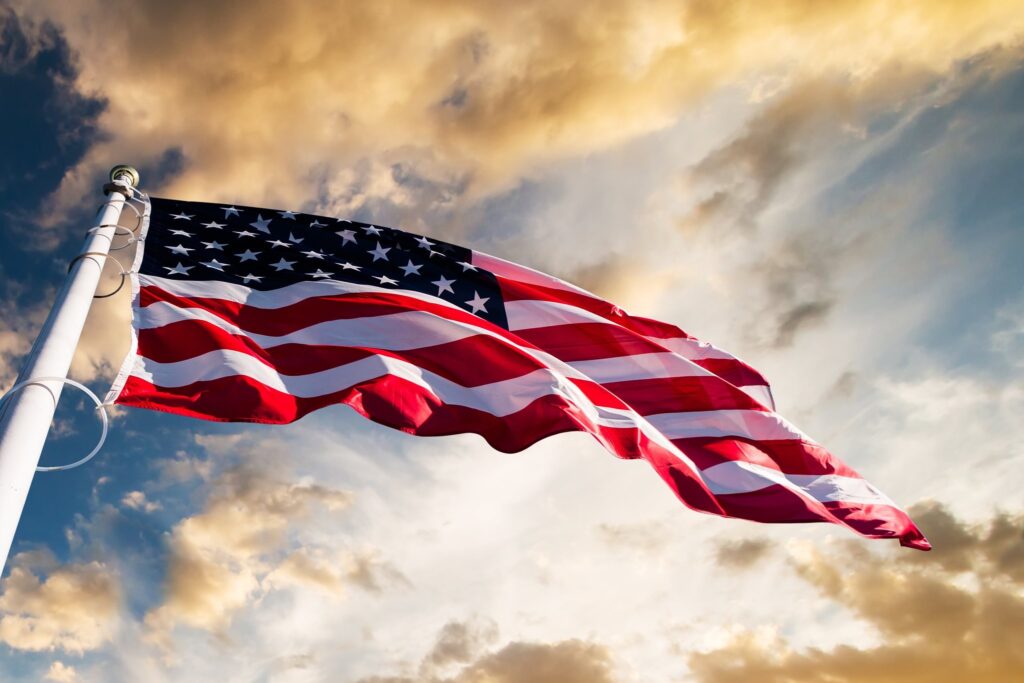
-
Stinkfruit Stinks!
I just had Durian for the first time and it was awful. Durian is also called stinkfruit. The fruit has sharp spikes all over it so the people harvesting it have to wear protective gloves when they pull it off the tree. It has a gross, slimy texture and the smell of rotten fruit and garlic. The taste was the worst part though. It tasted a lot like it smelled but also like Tutti Frutti Ice-cream that has gone moldy with onions on top. It is by far the worst fruit I have ever tasted. People here seem to like it though, Dairy Queen even has a new blizzard here: Durian ice cream with black sticky rice and coconut cream. It was DISGUSTING.
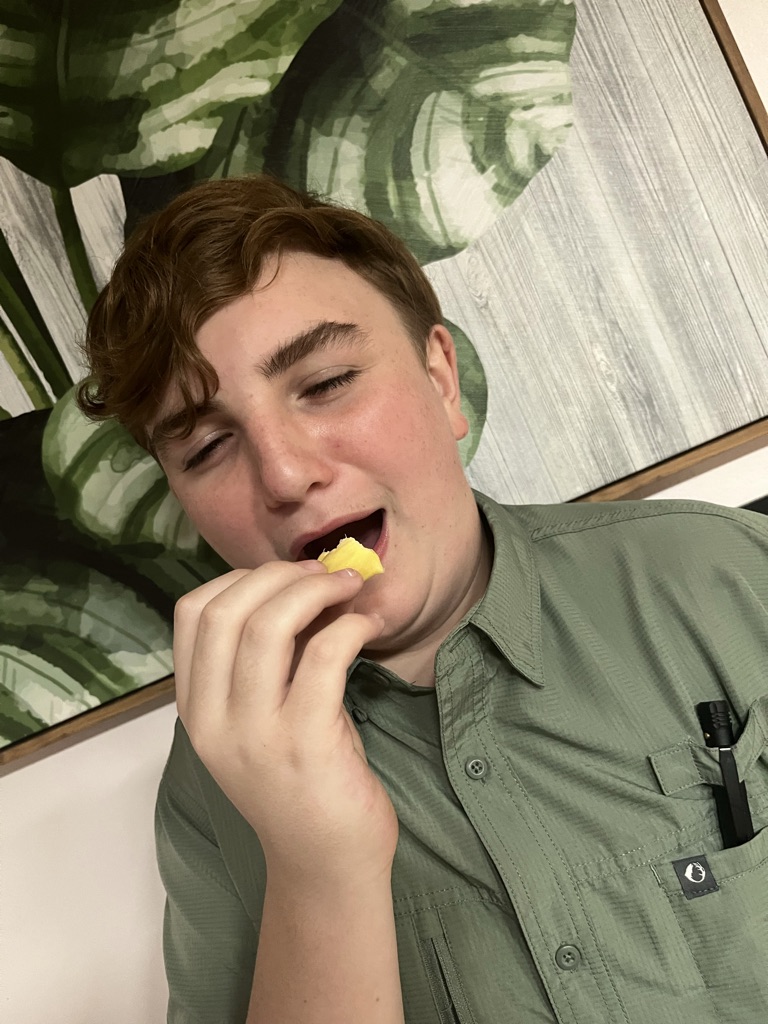
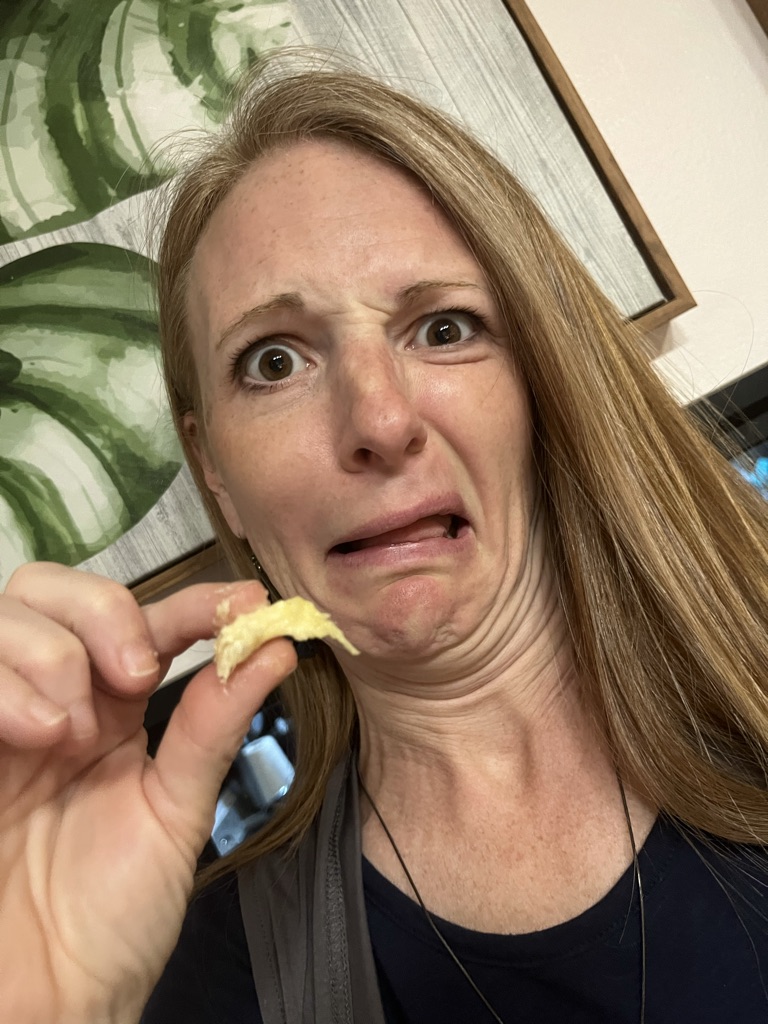
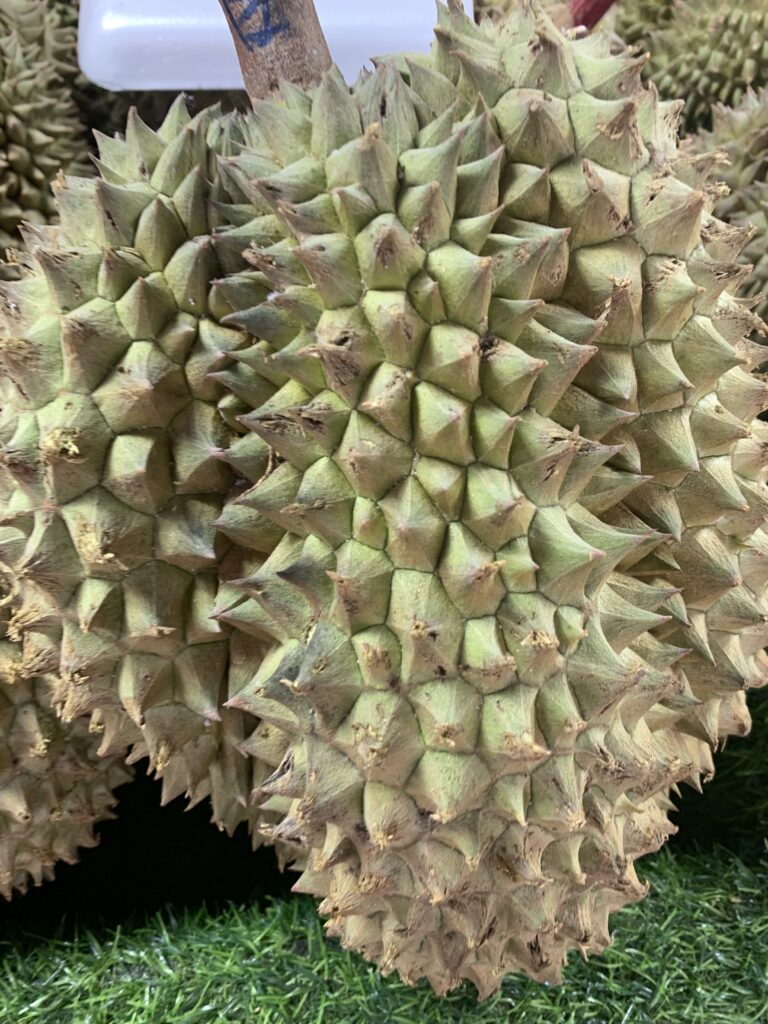
If you ever get the chance to try a durian you totally should. Just keep a trash can handy.
-
“IT COULD BE WORSE” IS NOT THE SAME AS BEING “GOOD”
It’s amazing to realize how fast I can adapt to new surroundings and at the same time fail to understand the impact of that ability. If you have been following us, you’ve likely seen us post about the air quality in Chiang Mai (like Alisha’s post from a few weeks ago: https://ourparadoxology.com/breathing-paradox/). From mid-January through late April or May, villagers in Northern Thailand, Laos, and Myanmar routinely burn the jungles, fields, ditches, and rice paddies. There’s debate as to the reason for this practice but the results are the same. Due to the mountainous terrain, lack of seasonal rainfall, and shortage of wind, the rising smoke has nowhere to go and subsequently hovers like a suffocating blanket over Chiang Mai.
Having lived on open prairies of North Central Nebraska, I never once thought about air quality. We were always breathing fresh air. “Bad air” was how we might have referred to seasonal pollen, but, even then, the pollen signified vibrant and healthy ecosystems all around us.
The Air Quality Index (AQI) has six color ranges: Green 1-50, Yellow 51-100, Orange 101-150, Red 151-200, Purple 201-300, and Maroon 301+. The air quality in Atkinson, NE, regularly hovers in single digit territory, or comfortably Green. When we stepped off the plane in Chiang Mai, the air quality was about 125 – orange. By mid-April, we had air quality readings in excess of 500. Just this week, it has dropped for the first time since we’ve lived here to below 100 – yellow. Comparatively, we now feel incredible, and yet, we are still a long way from the air quality we’re used to.
What I am learning through all of this is how easily I adjust to circumstances around me, regardless of if they are positive or negative. When adversity becomes normal, I adjust to the new normal without regard to the consequences. It is like the slow boiling frog analogy. I think It is easy to understand the metaphor of the water increasing temperature just like the air quality getting worse. Just like the proverbial frogs, I acclimate to the harsh environment around me. One might argue to be an enviable dexterity of personality. What I don’t as easily recognize is that when the environment starts to improve (the water temp drops or air quality cleans up), I become excited and thankful for the relief, but don’t even realize that the new present conditions are still worse than what I should expect or desire. A water temperature of 120 is far less than 212, but not remotely close to the temperature a frog would normally be expected to thrive in.
While it’s a skill and positive attribute having the ability to function amid turmoil, tribulation, adversity, or hardships, the danger is being content with the new normal, or adjusting to a dangerous situation that isn’t as bad as it was at its worst, but still worse than it was before the situation arose in the first place. To put it another way, a child may start off clean but when he finds an irresistible mud puddle and proceeds to cover himself head to toe, the first action is to hose him off. It’s true that he’s cleaner than he was when the mud was caked in his hair, but it’s not the same as being clean.
My spiritual journey is the same. I may not be as flagrantly bad as I once was, but that’s not the same as being as clean as I should be. My ability to adapt is not a strength when it comes to getting comfortable to the sin around me, even when I experience great relief from previous degrees of sinful bondage. I think Satan uses the skill of contentment as a weapon against improvement: I’m better than I once was, but that is not the same as being as good as I should be. It’s not an argument for effort. I can’t clean my sin away more than I can make it rain to clear the smoke. My ability to adjust easily to new situations can subsequently be a barrier preventing me from experiencing the necessary cleansing only Jesus’ blood can offer.
